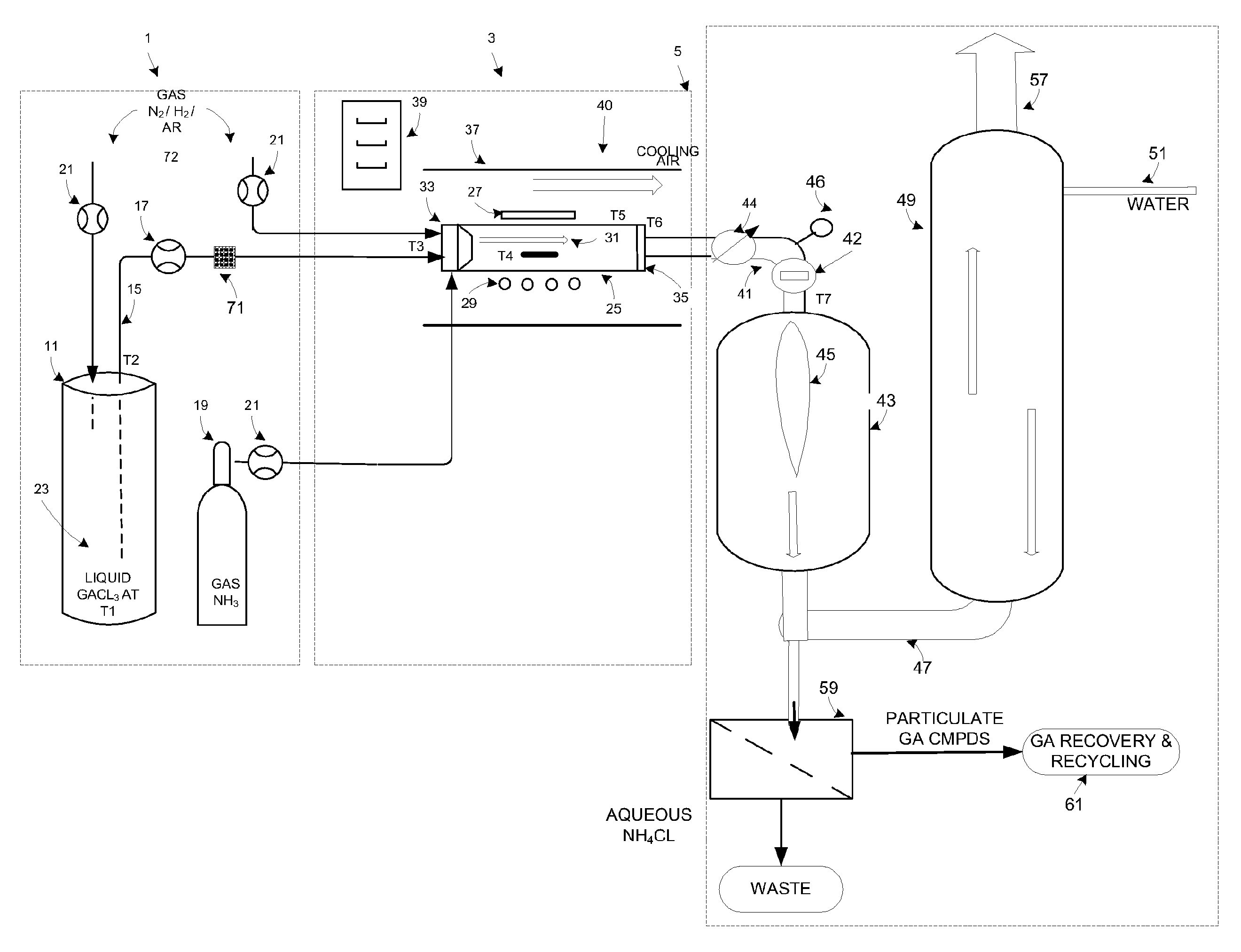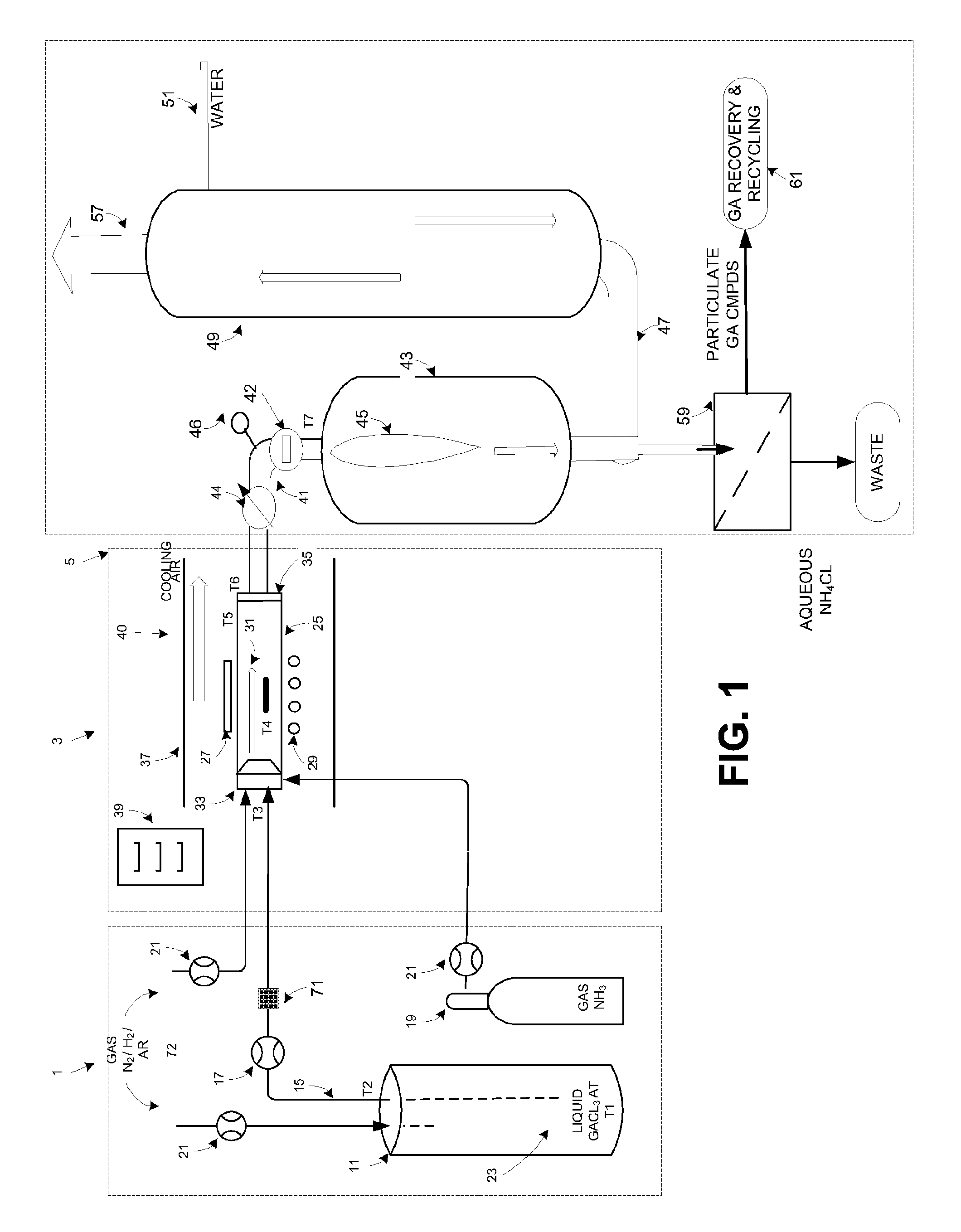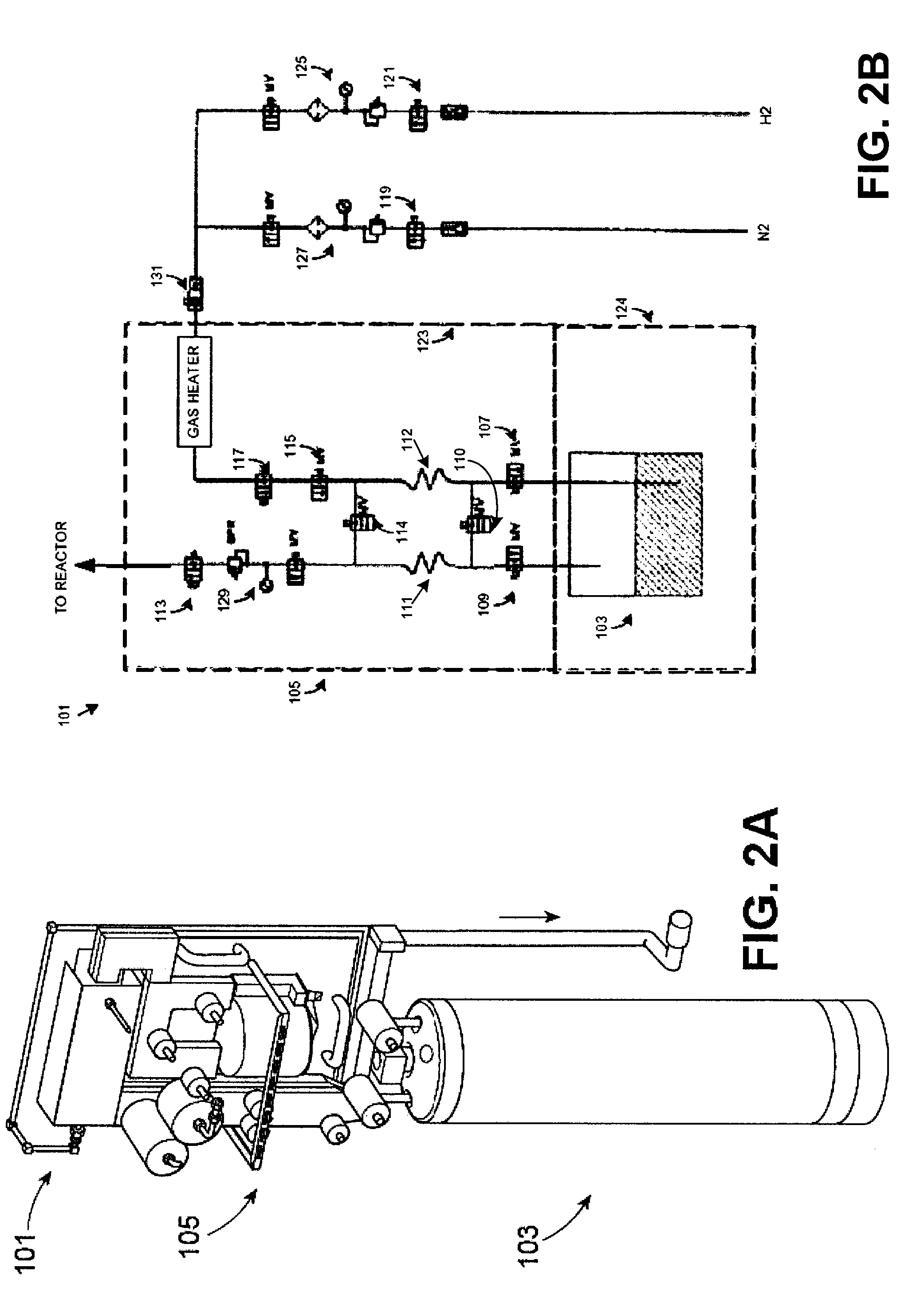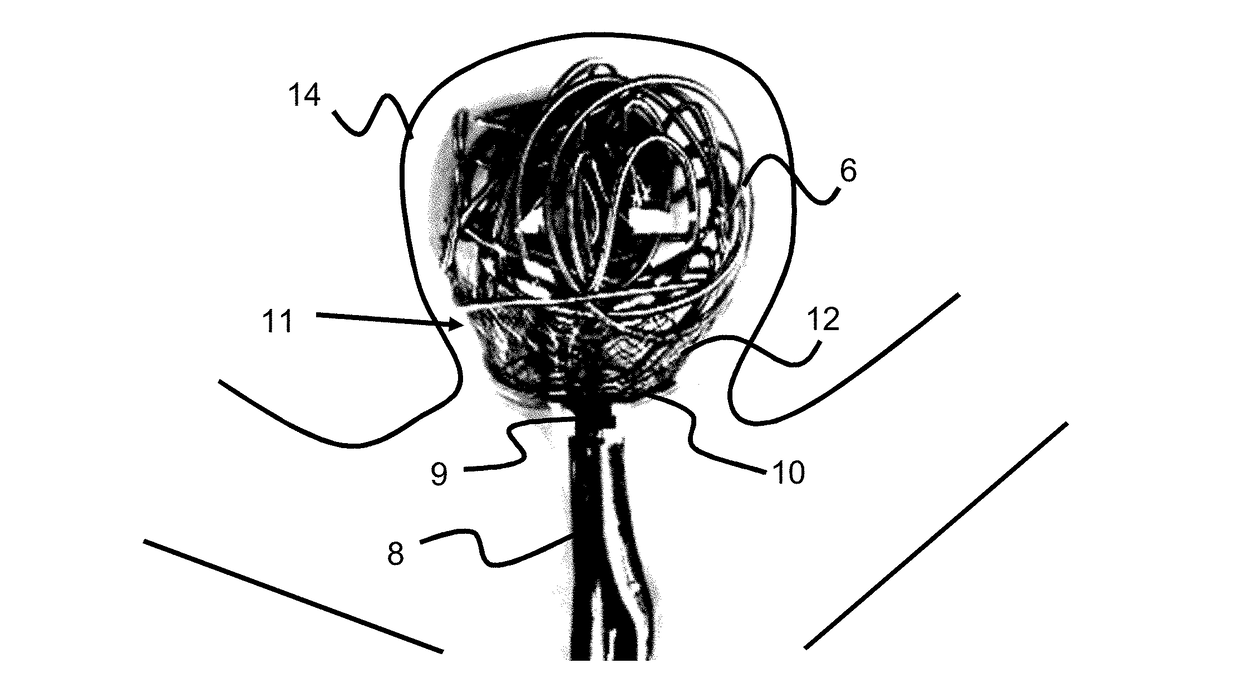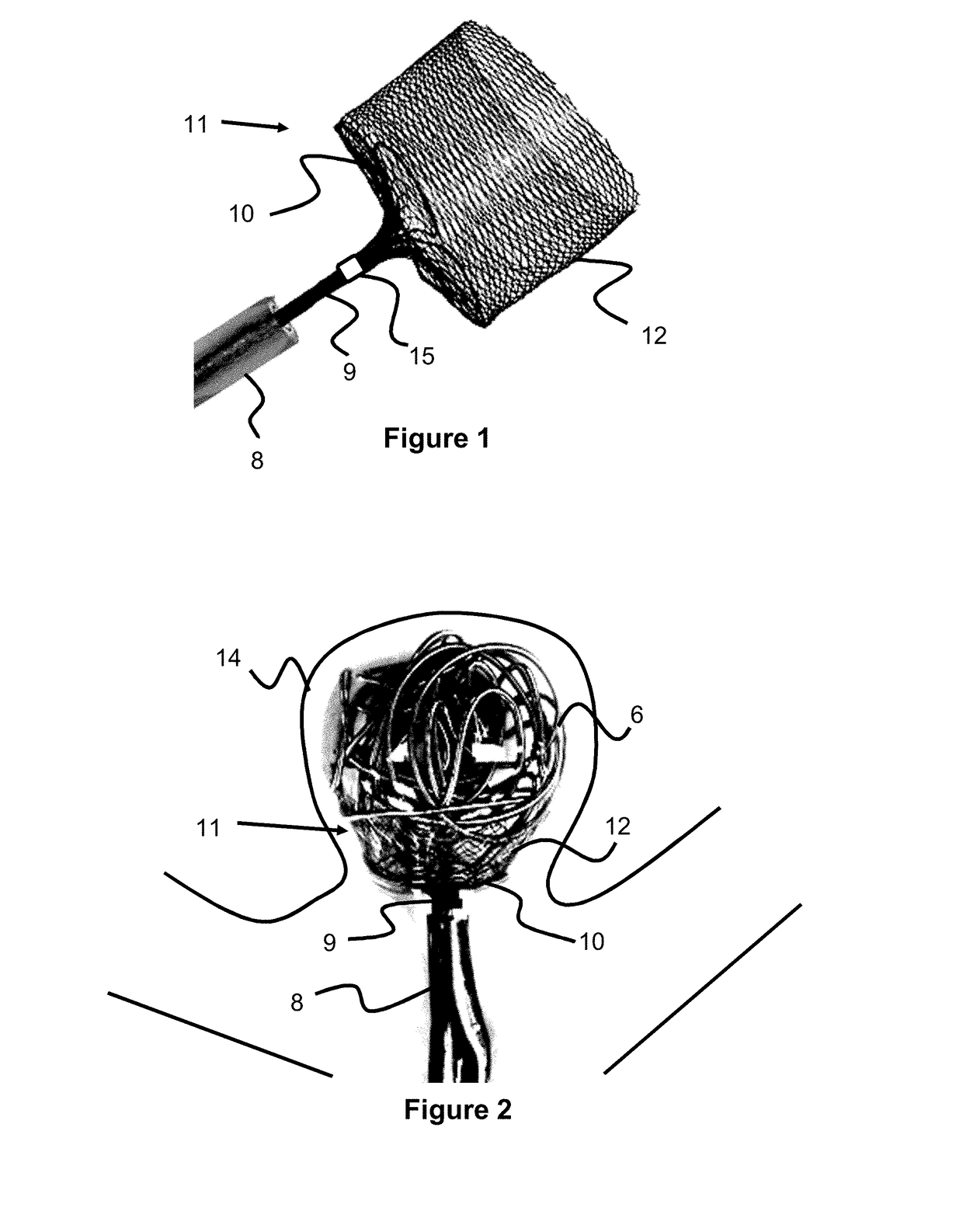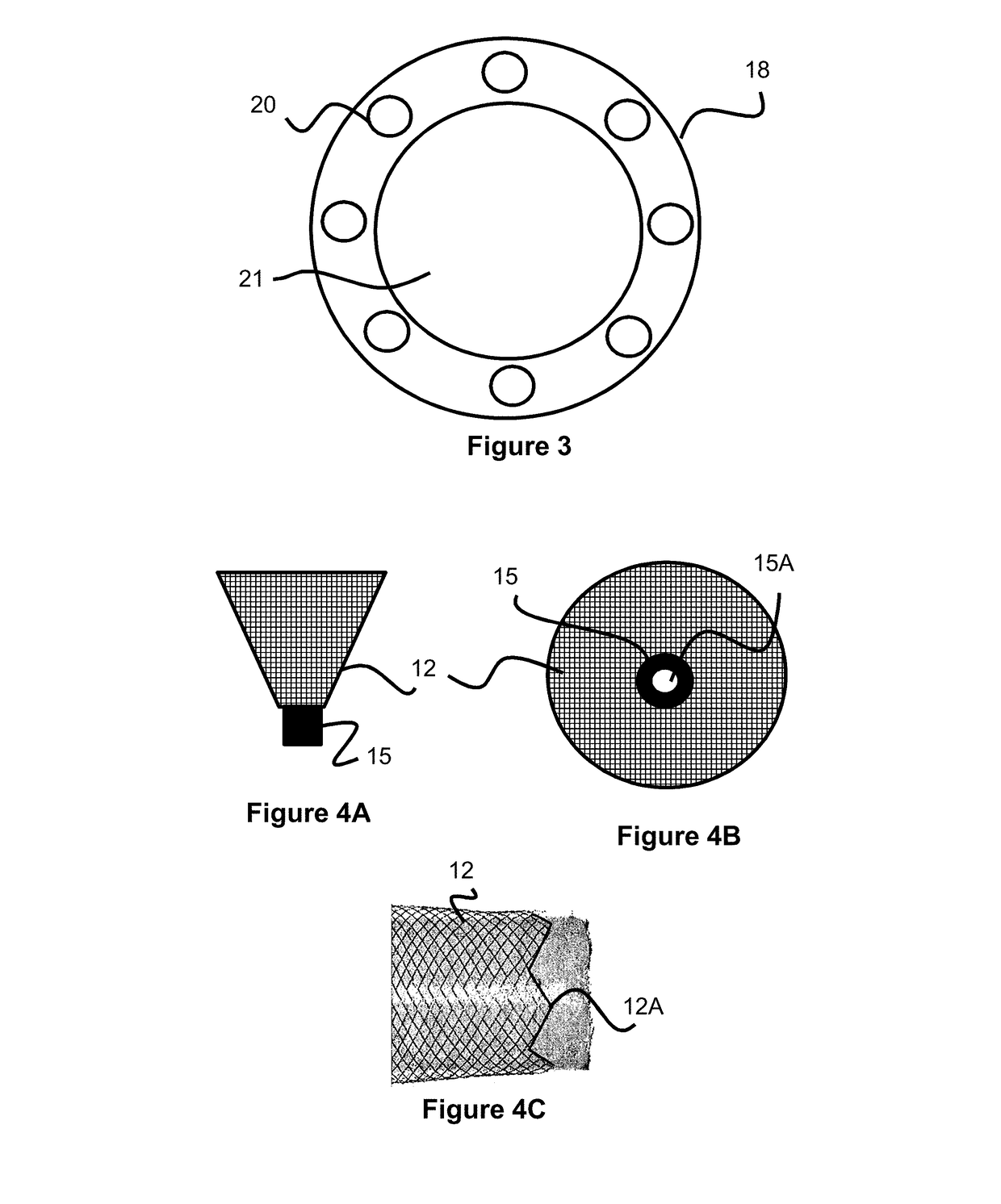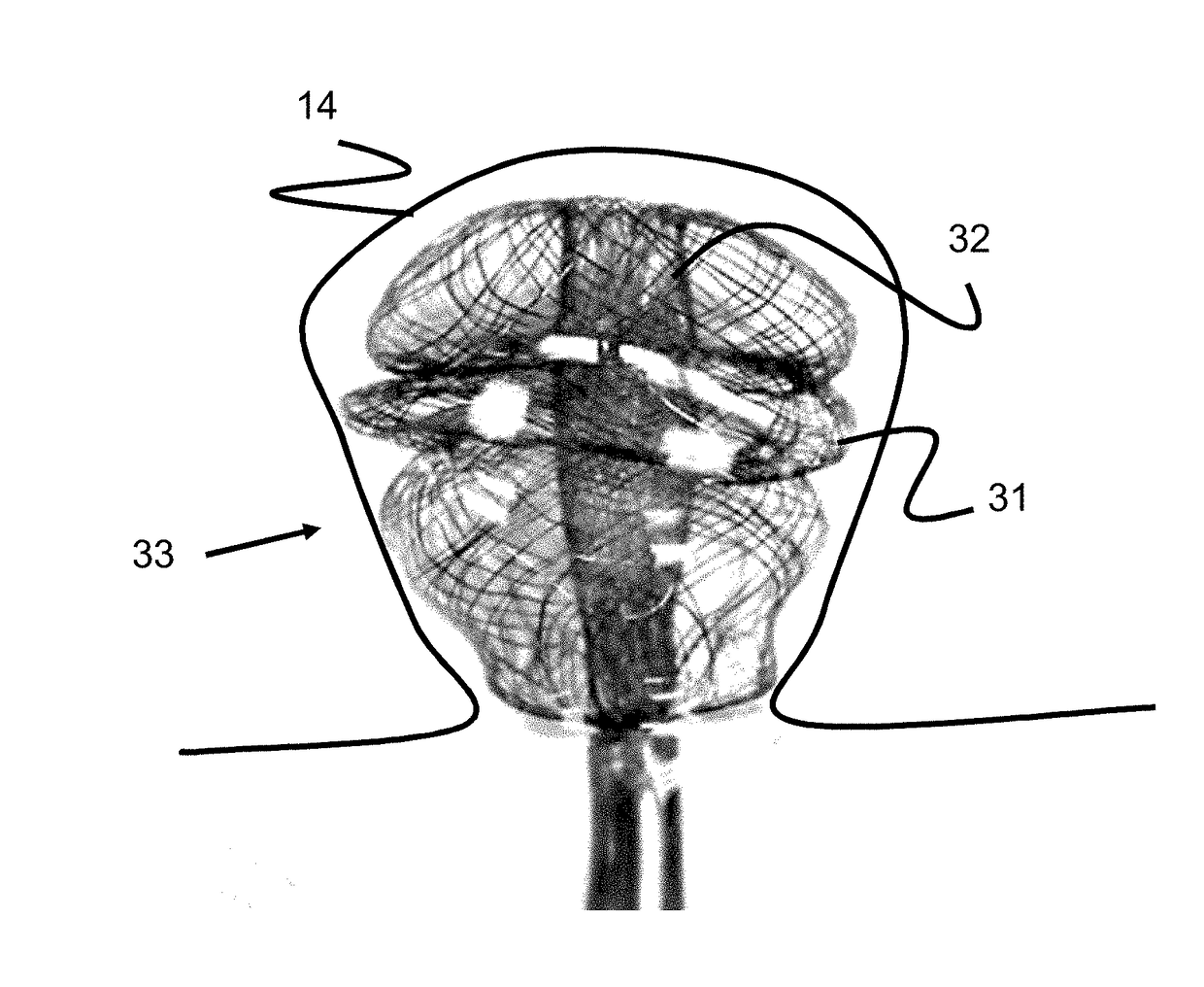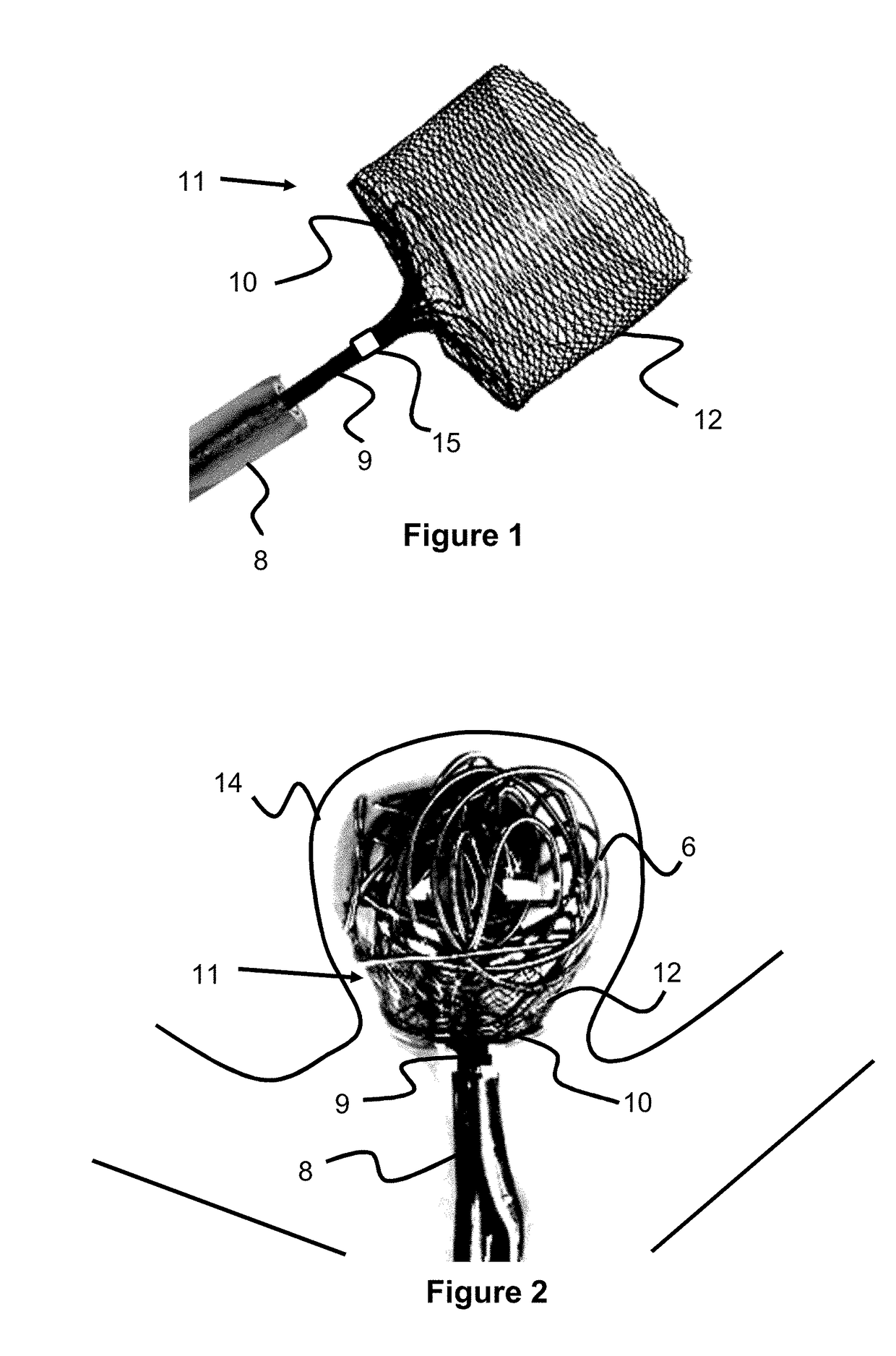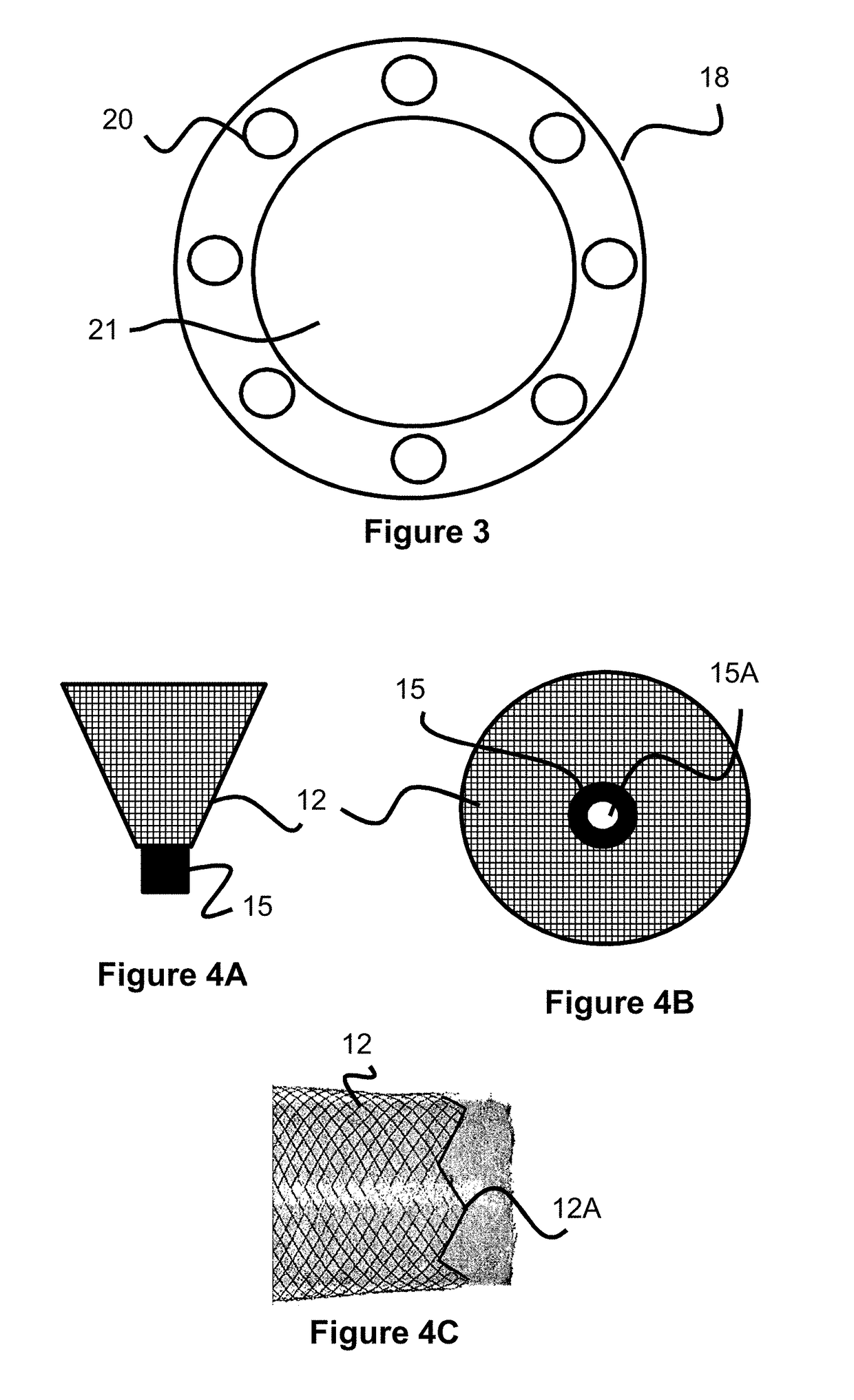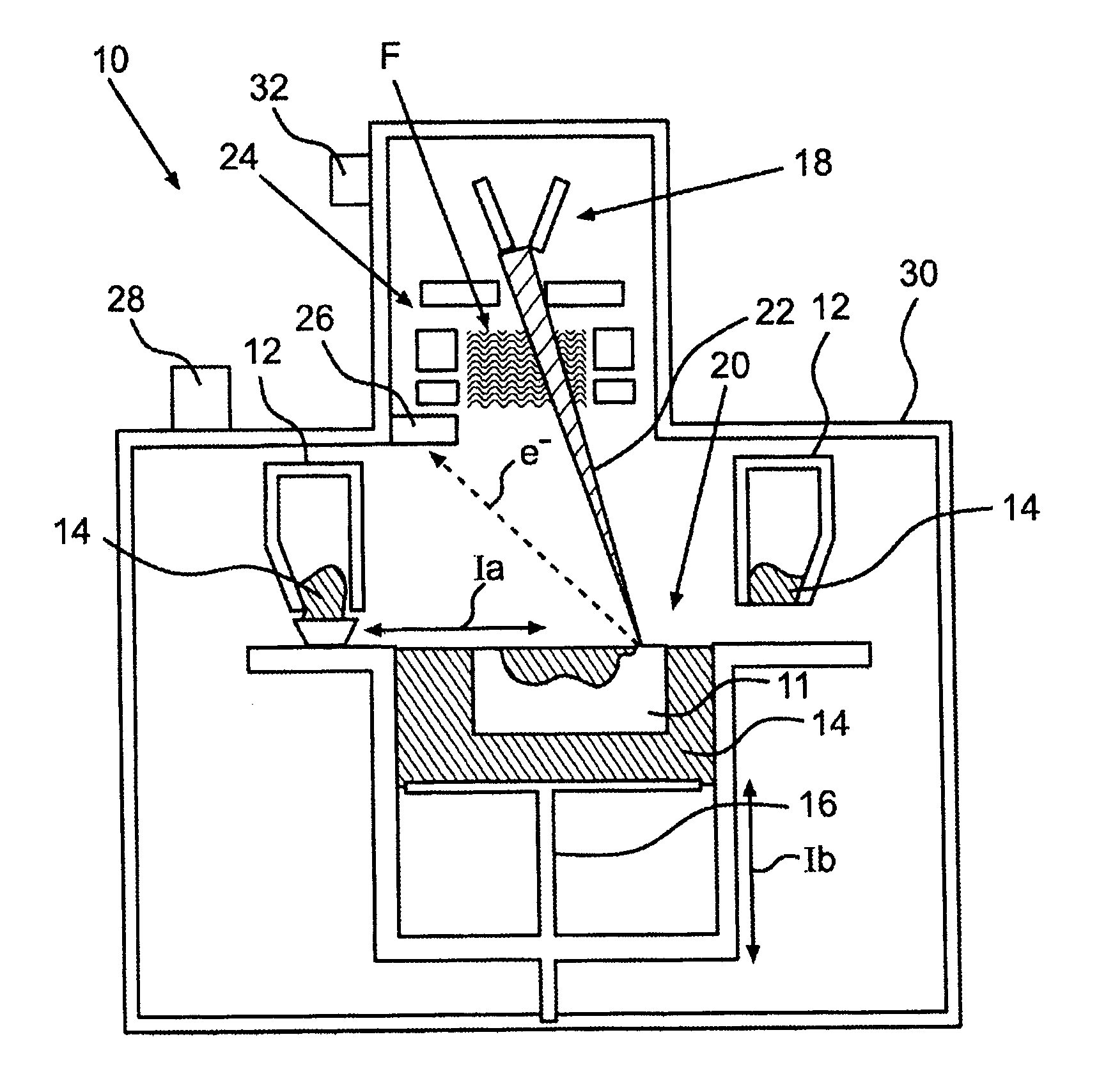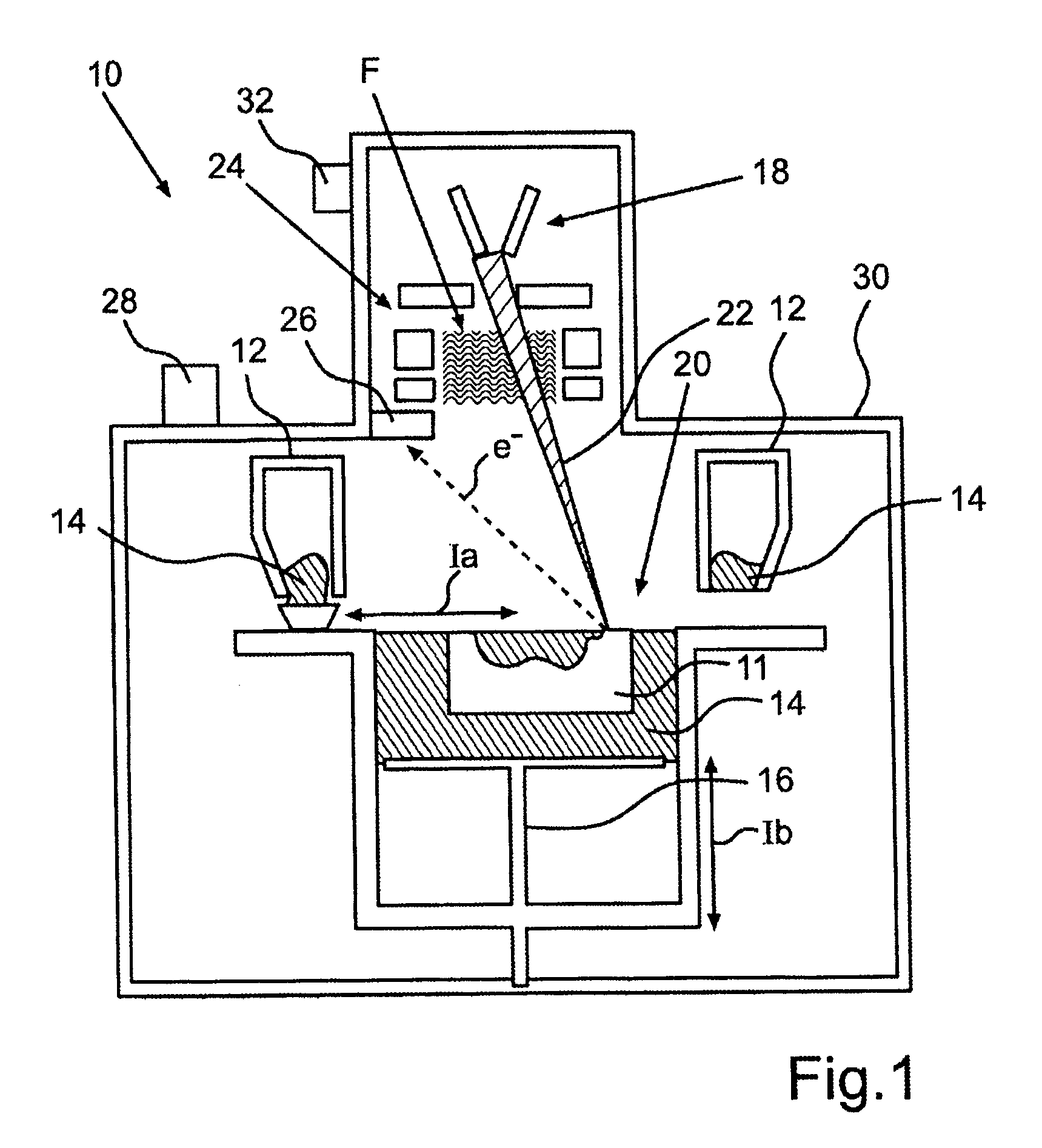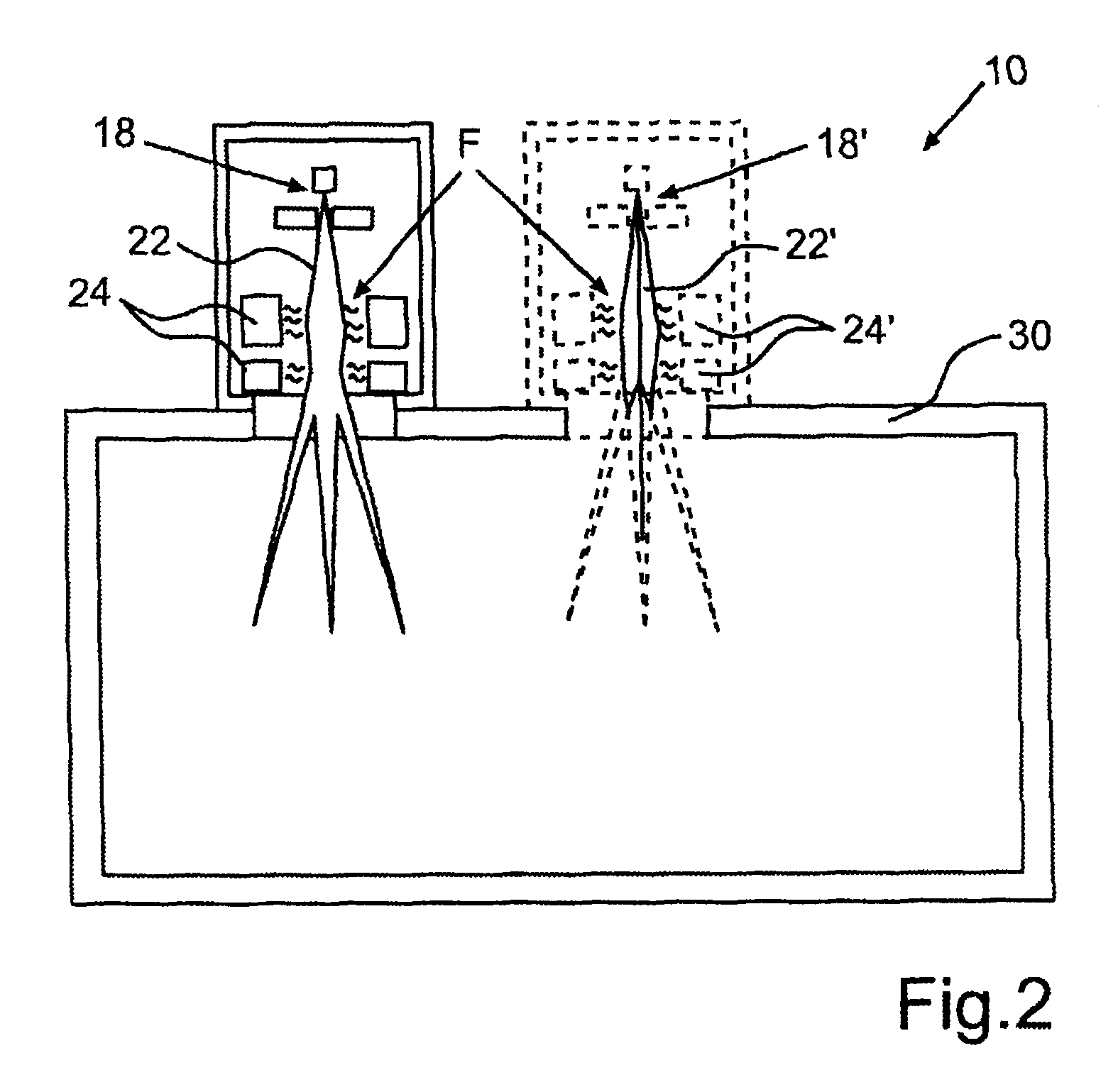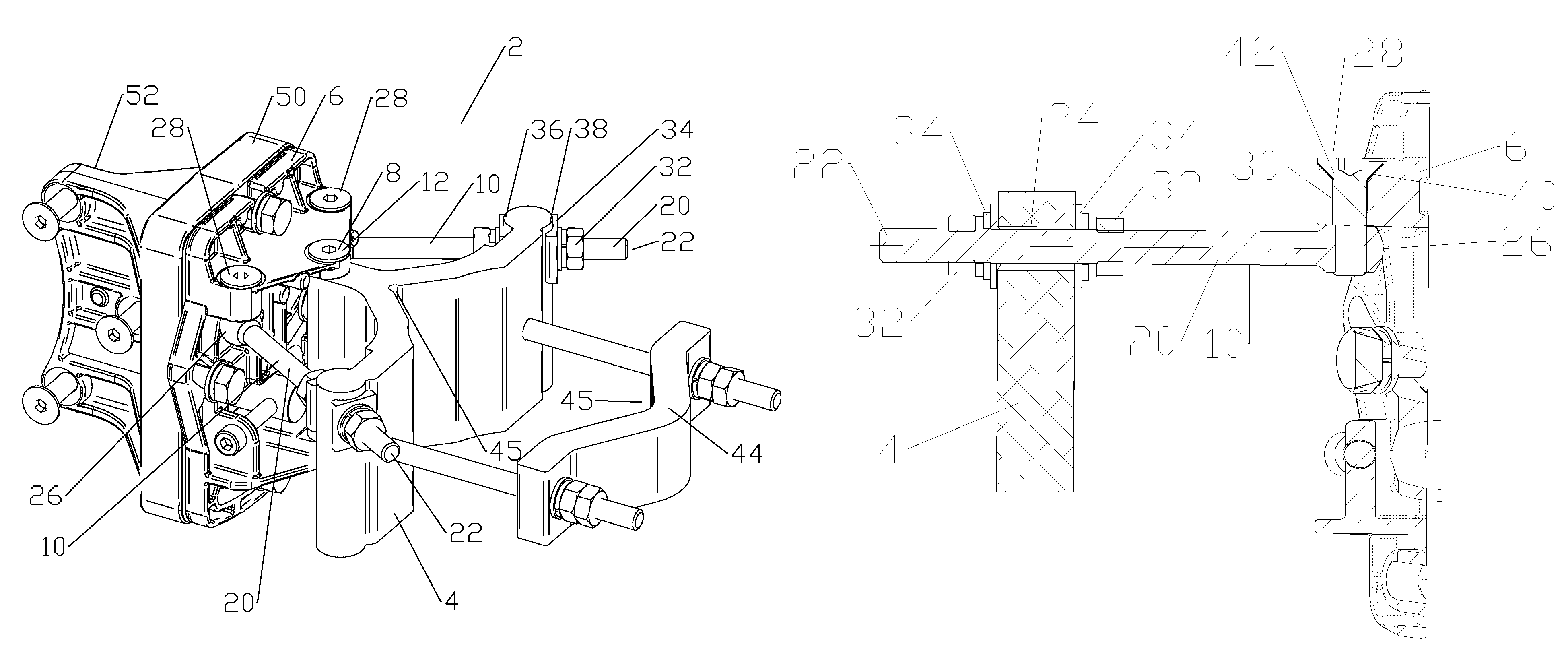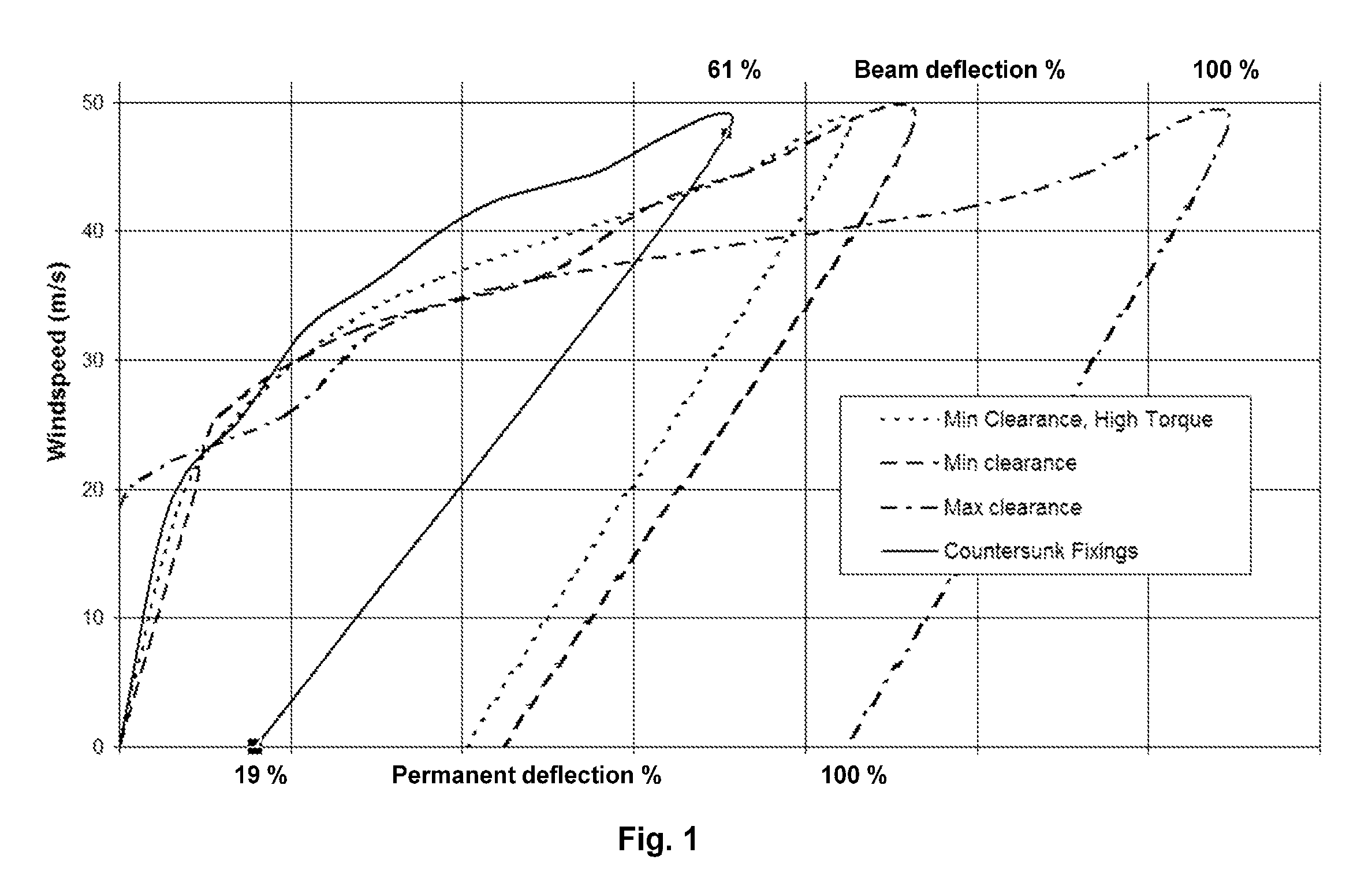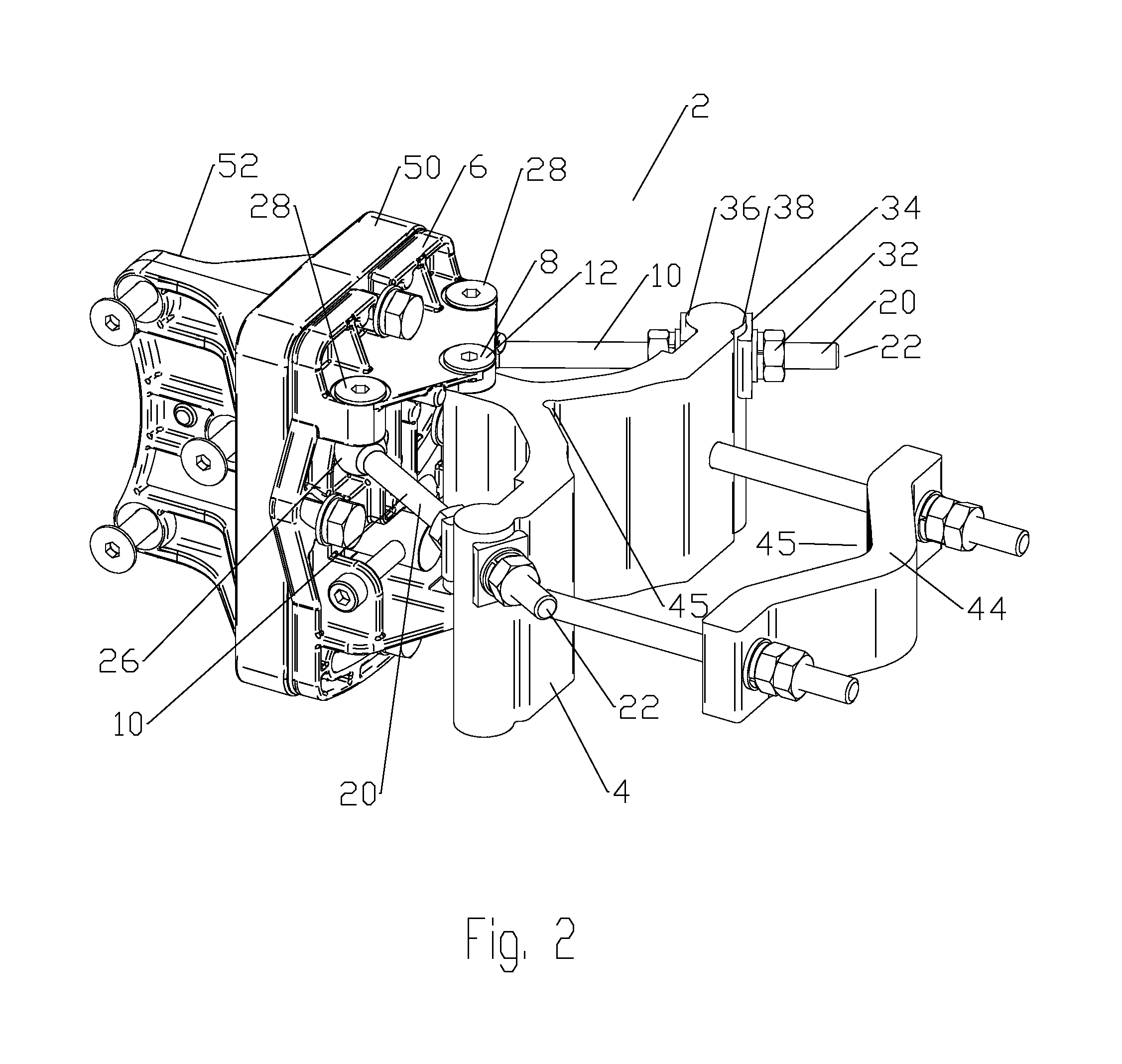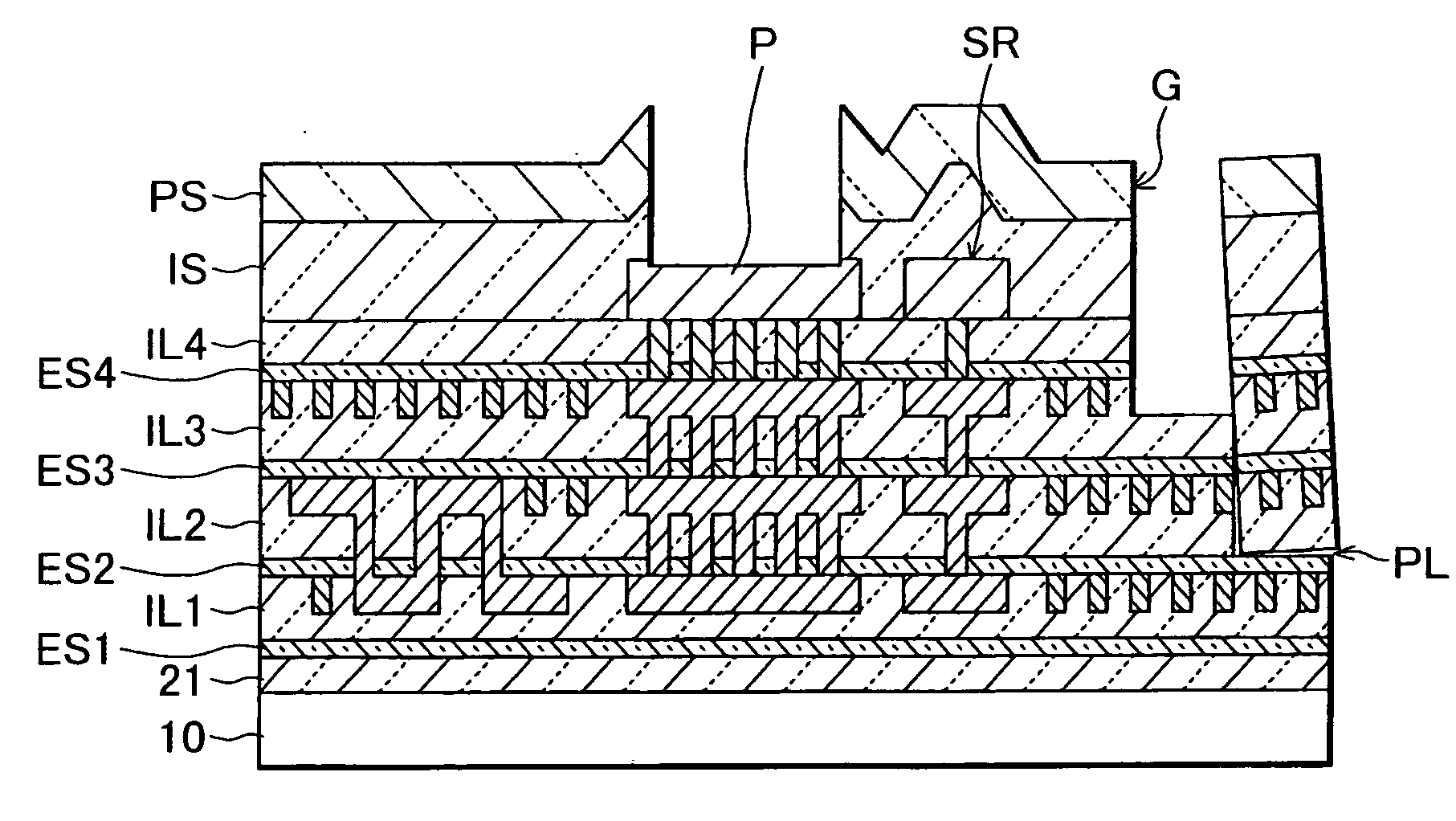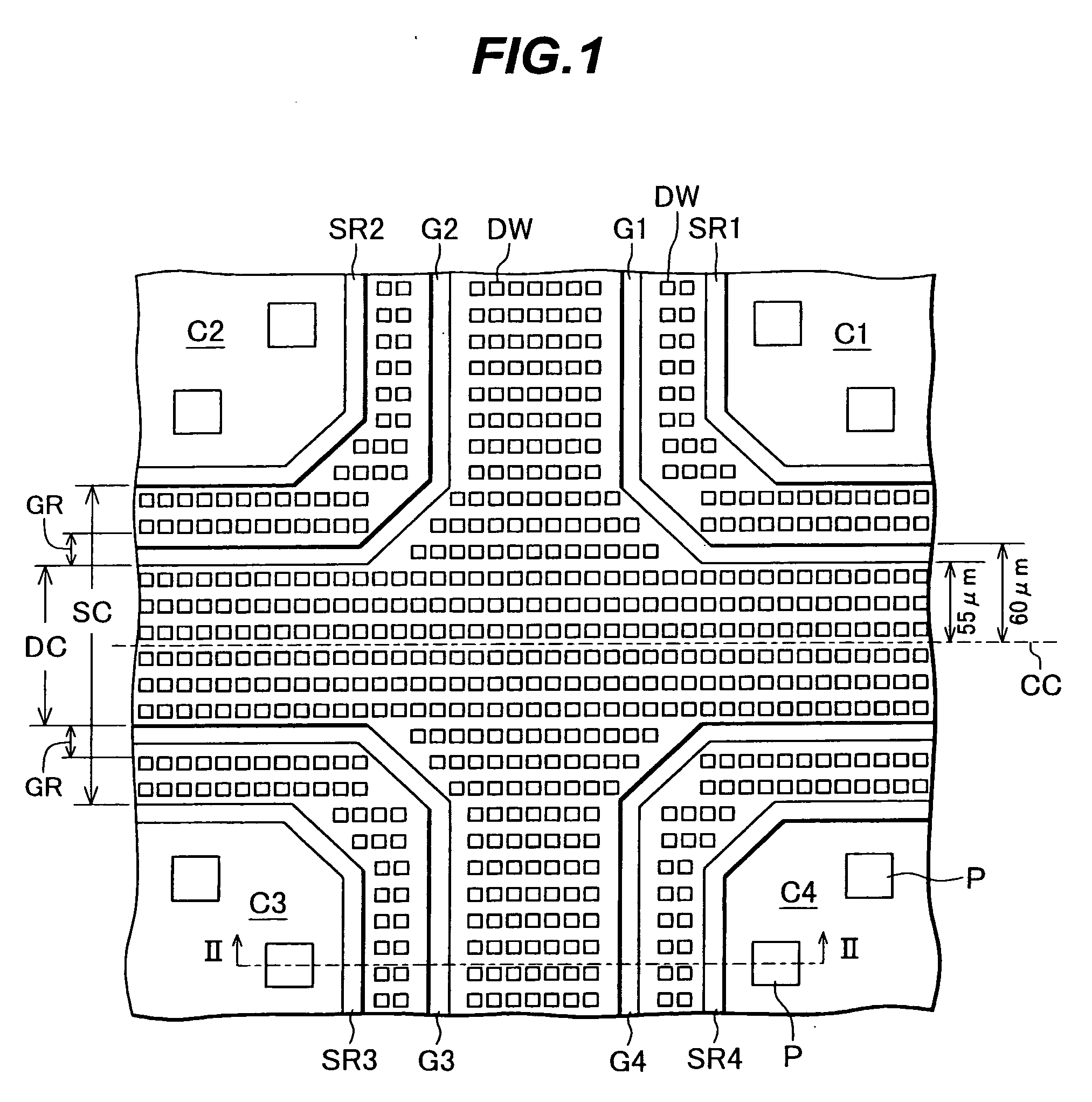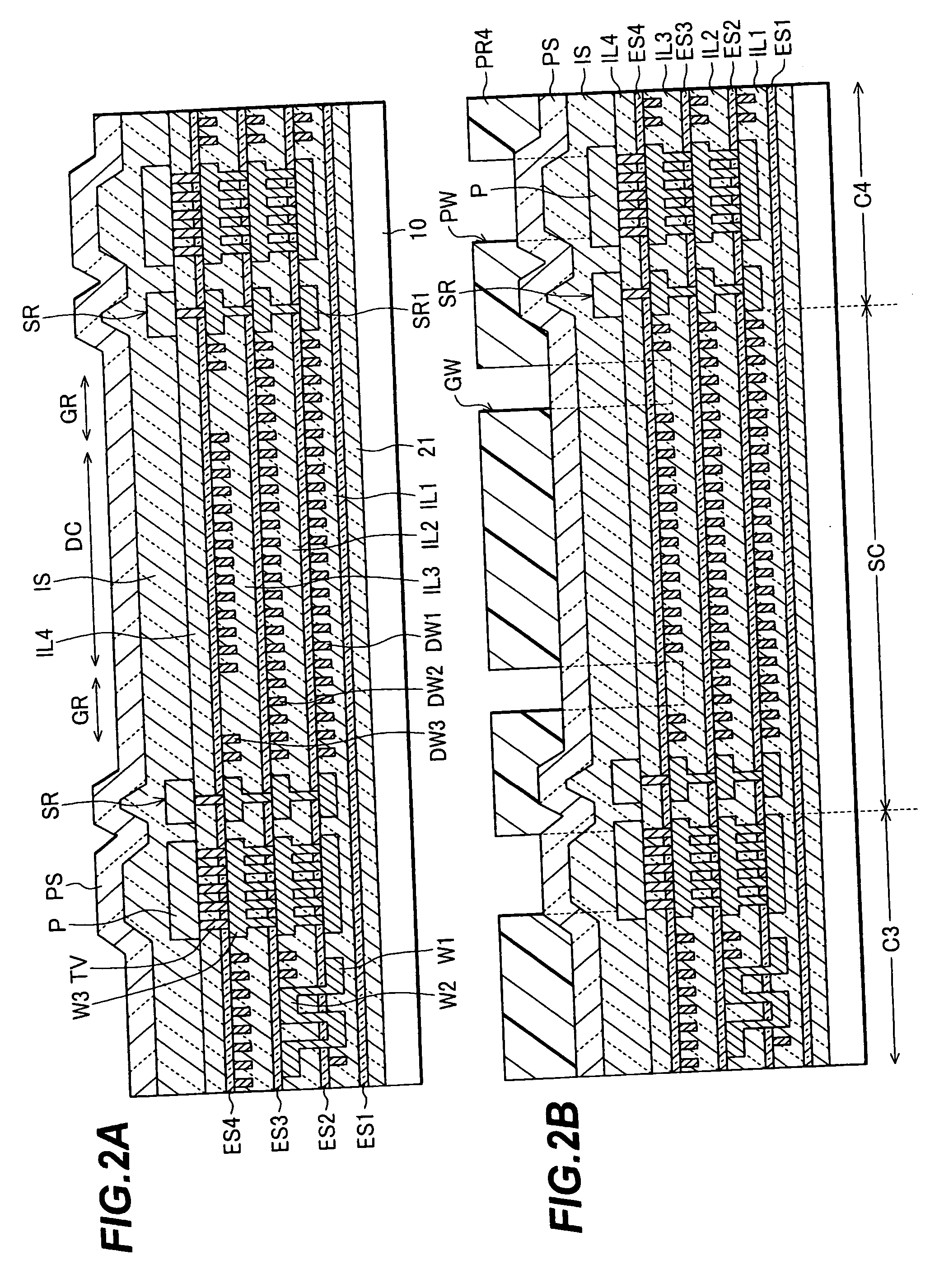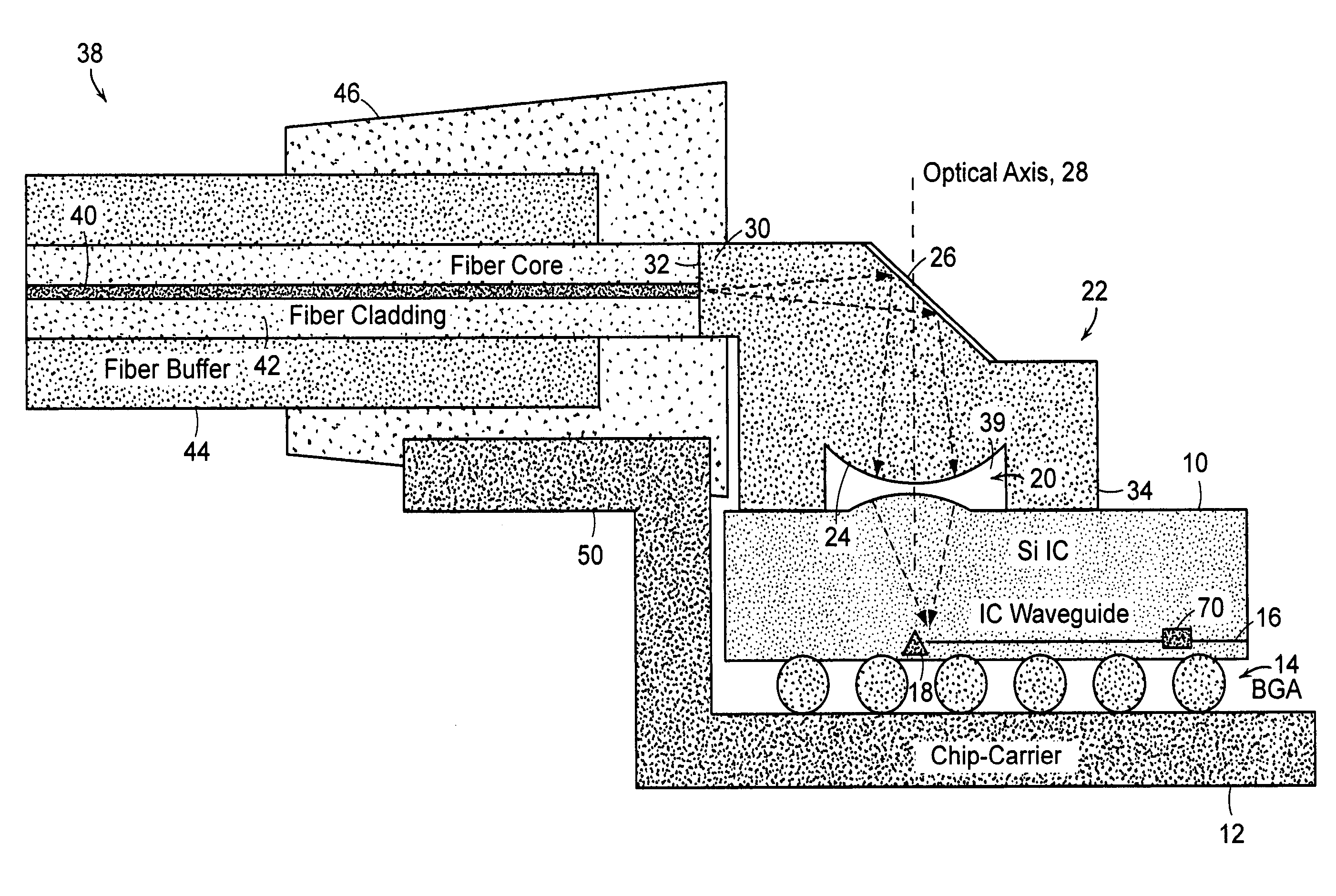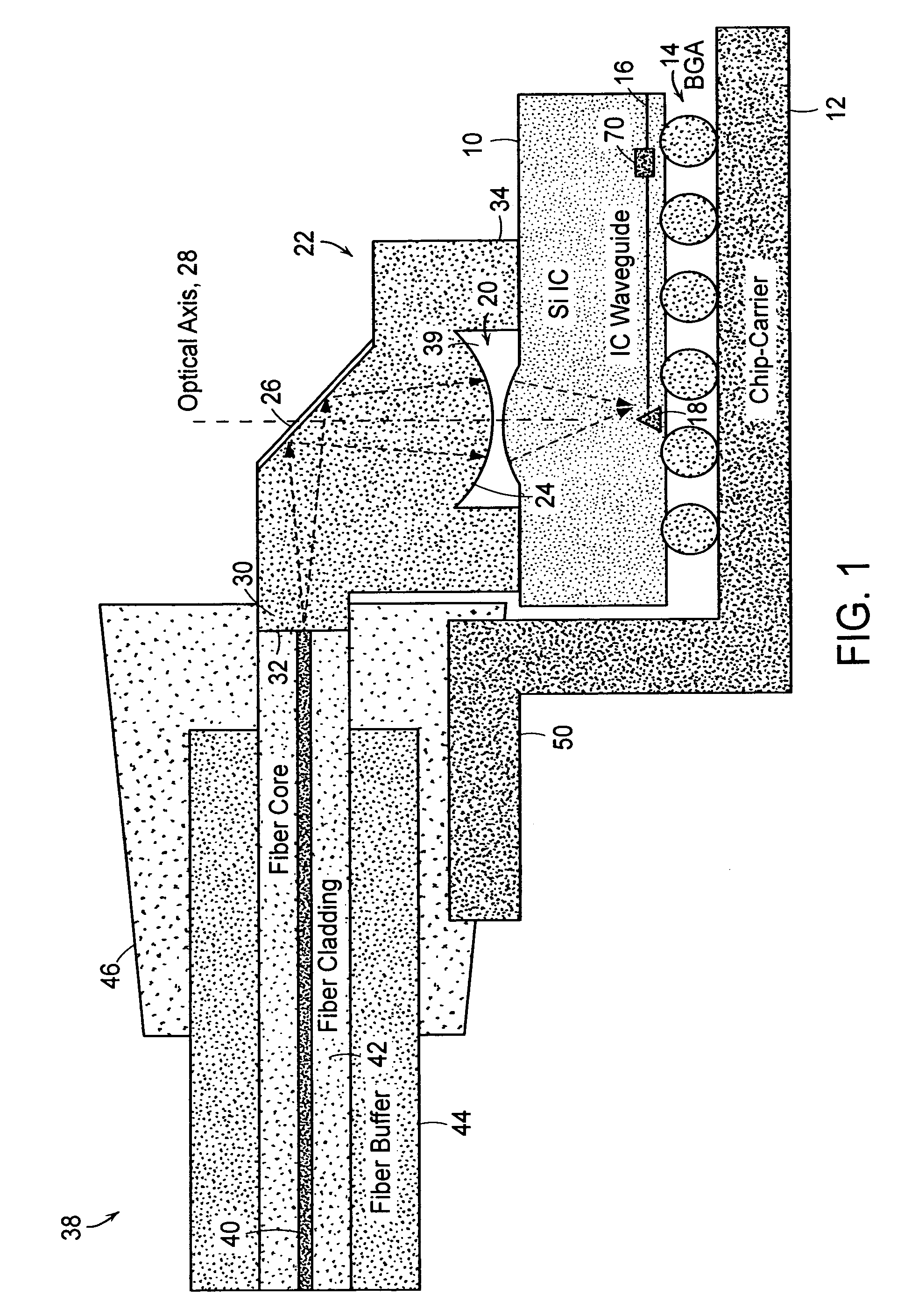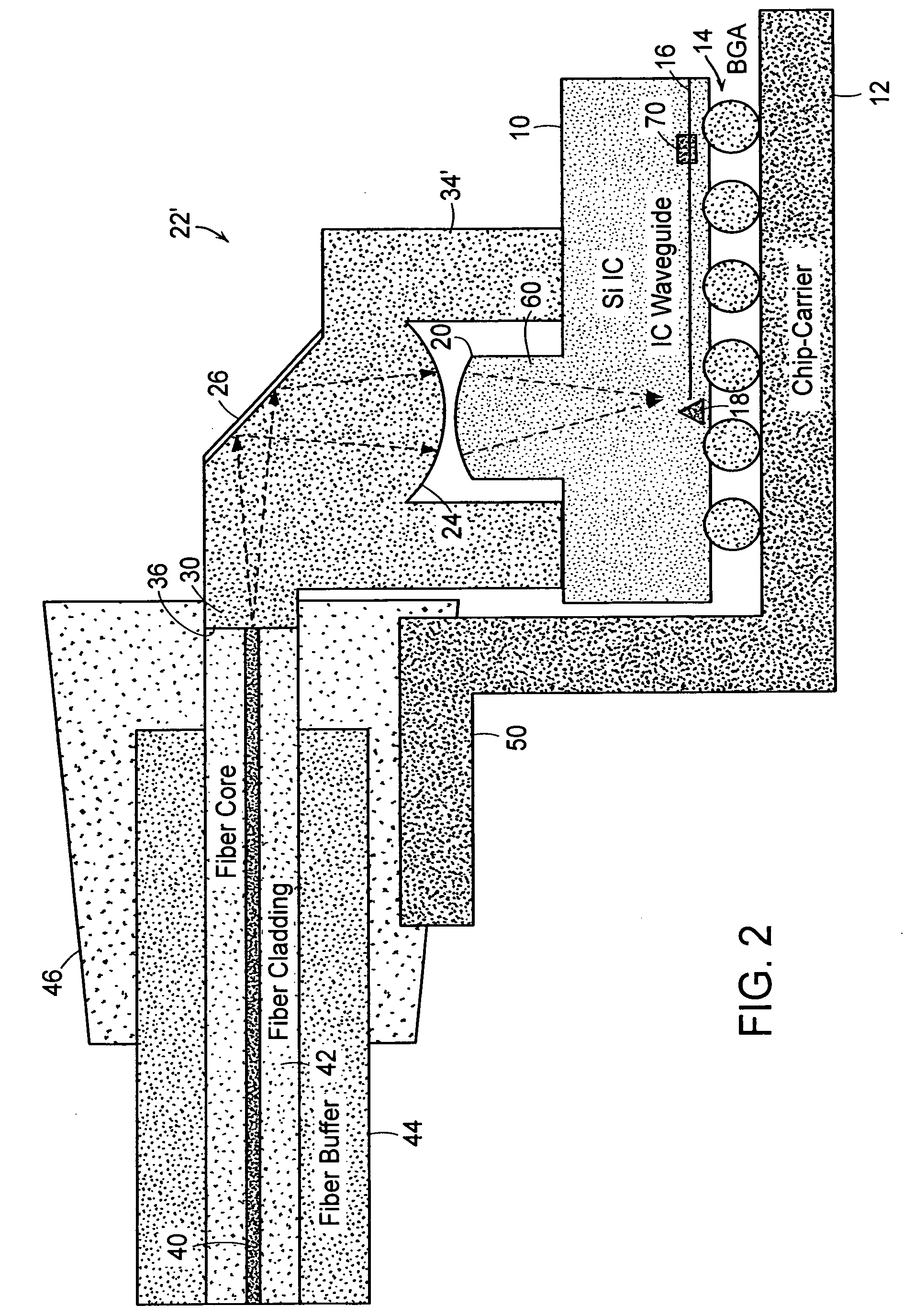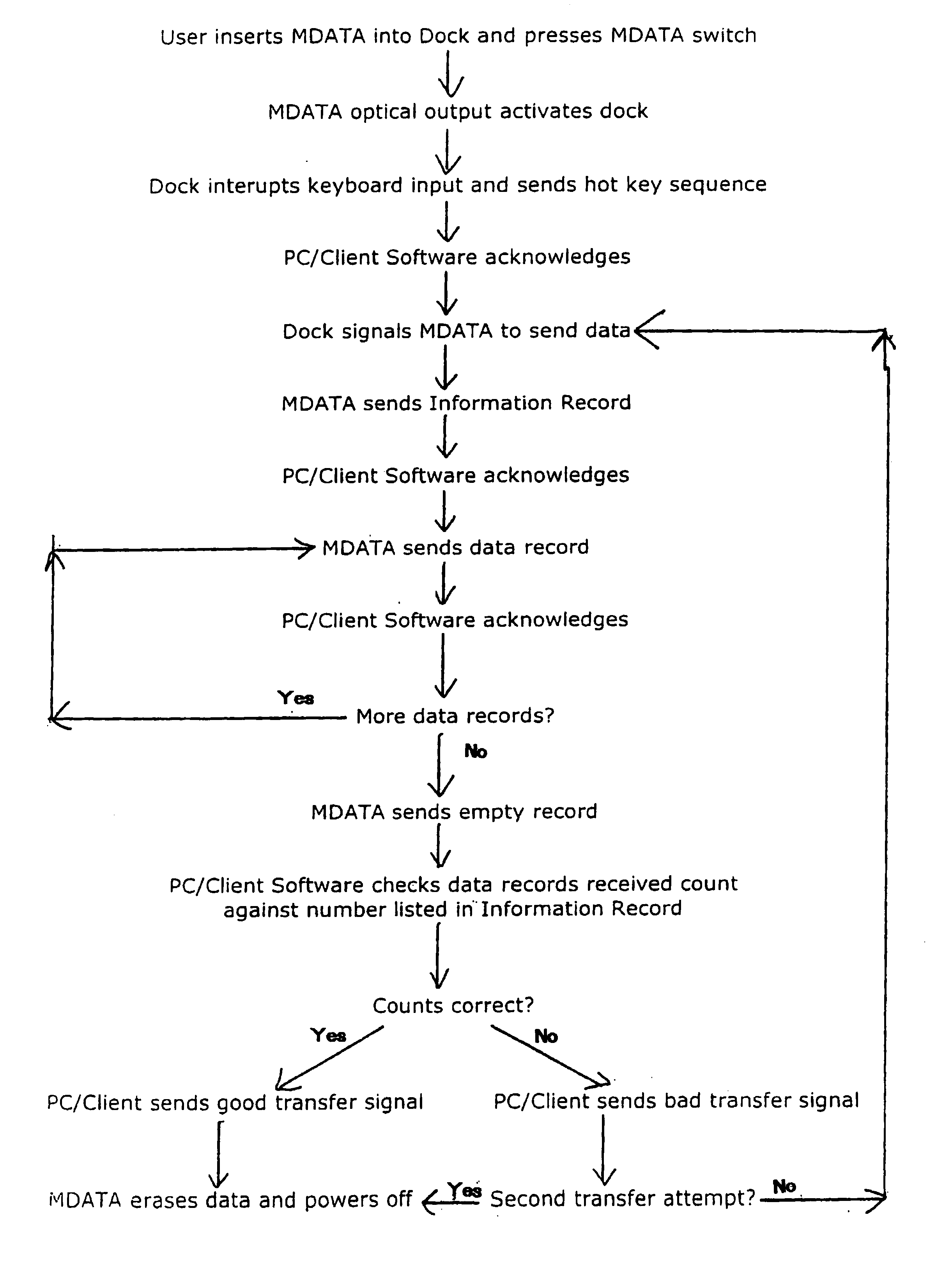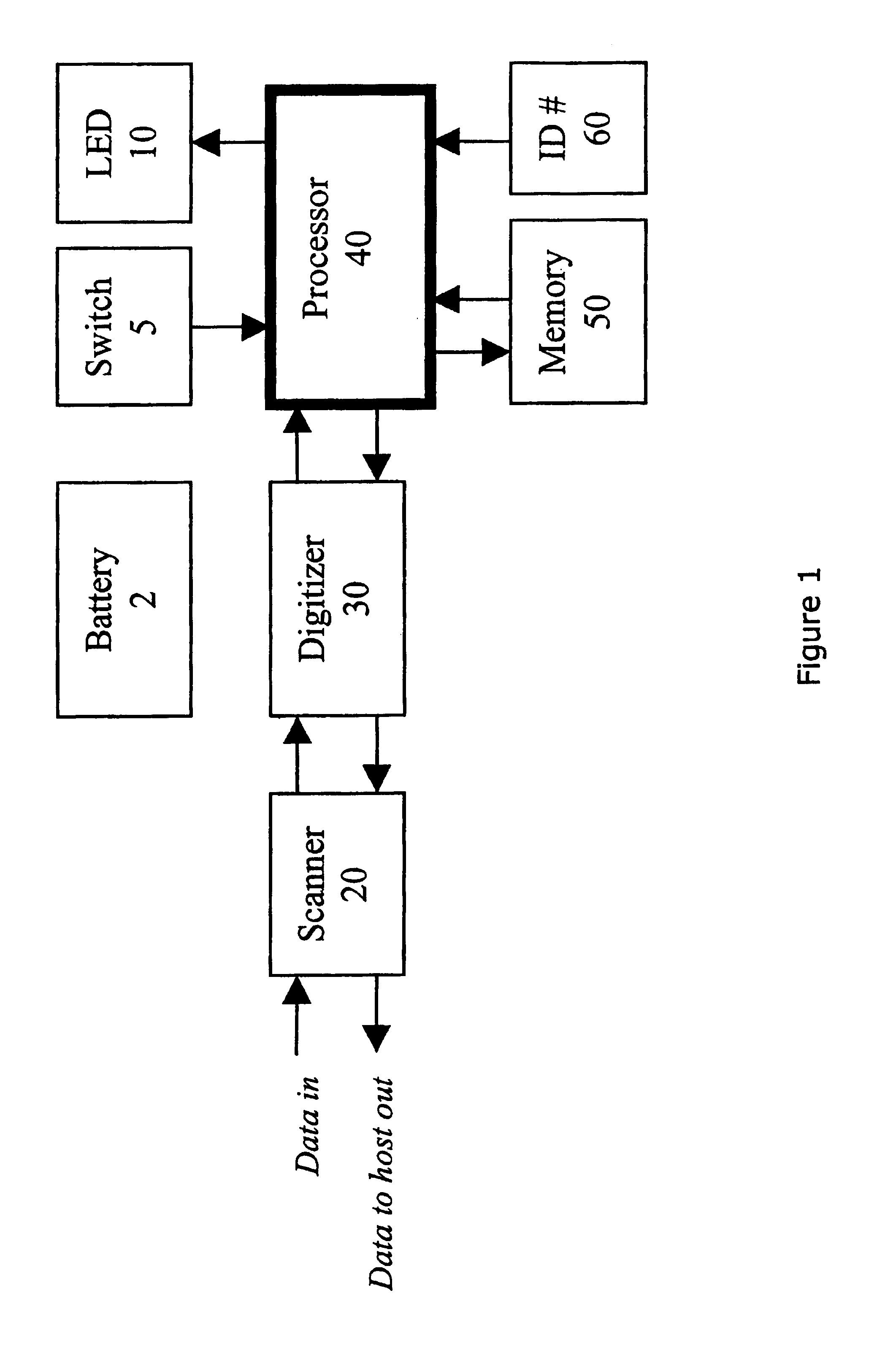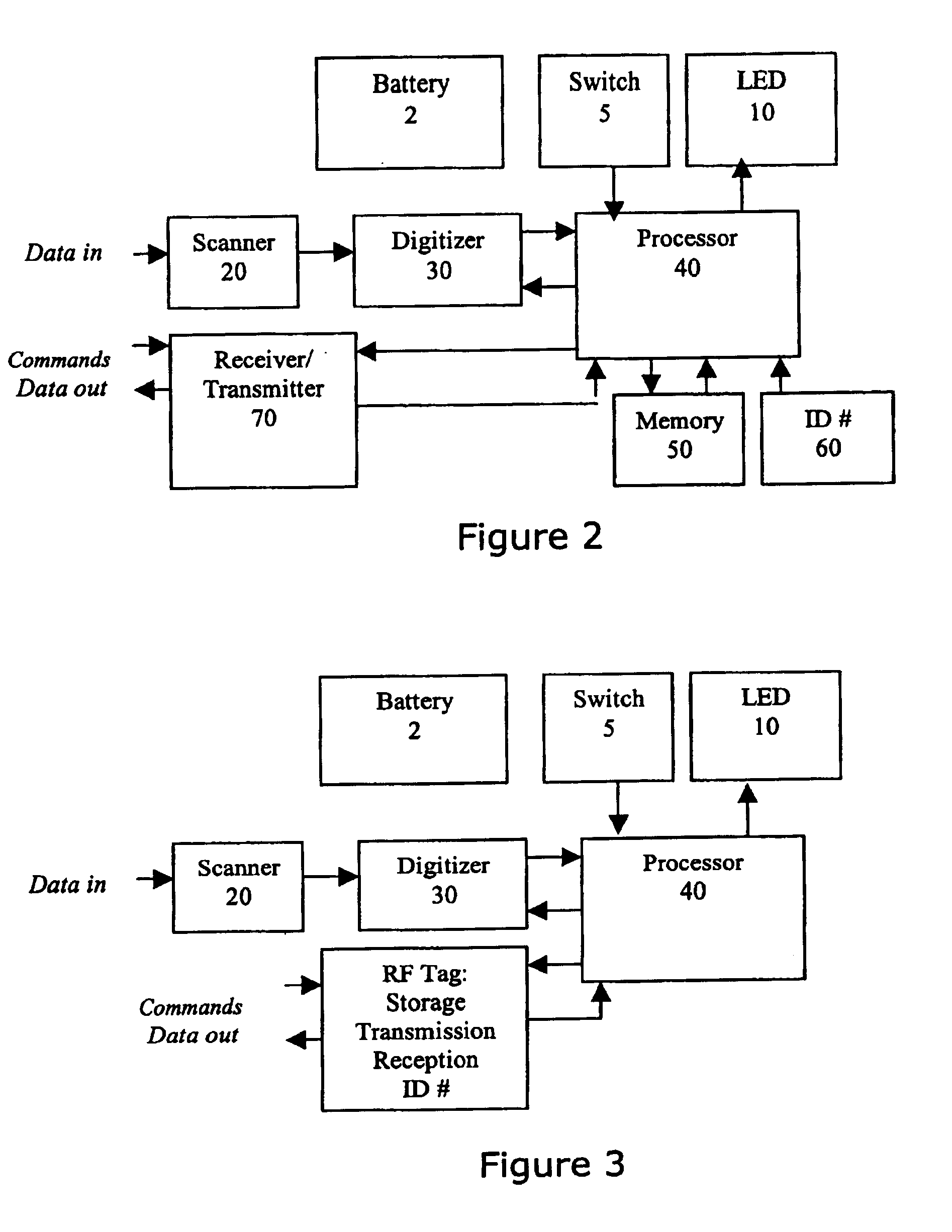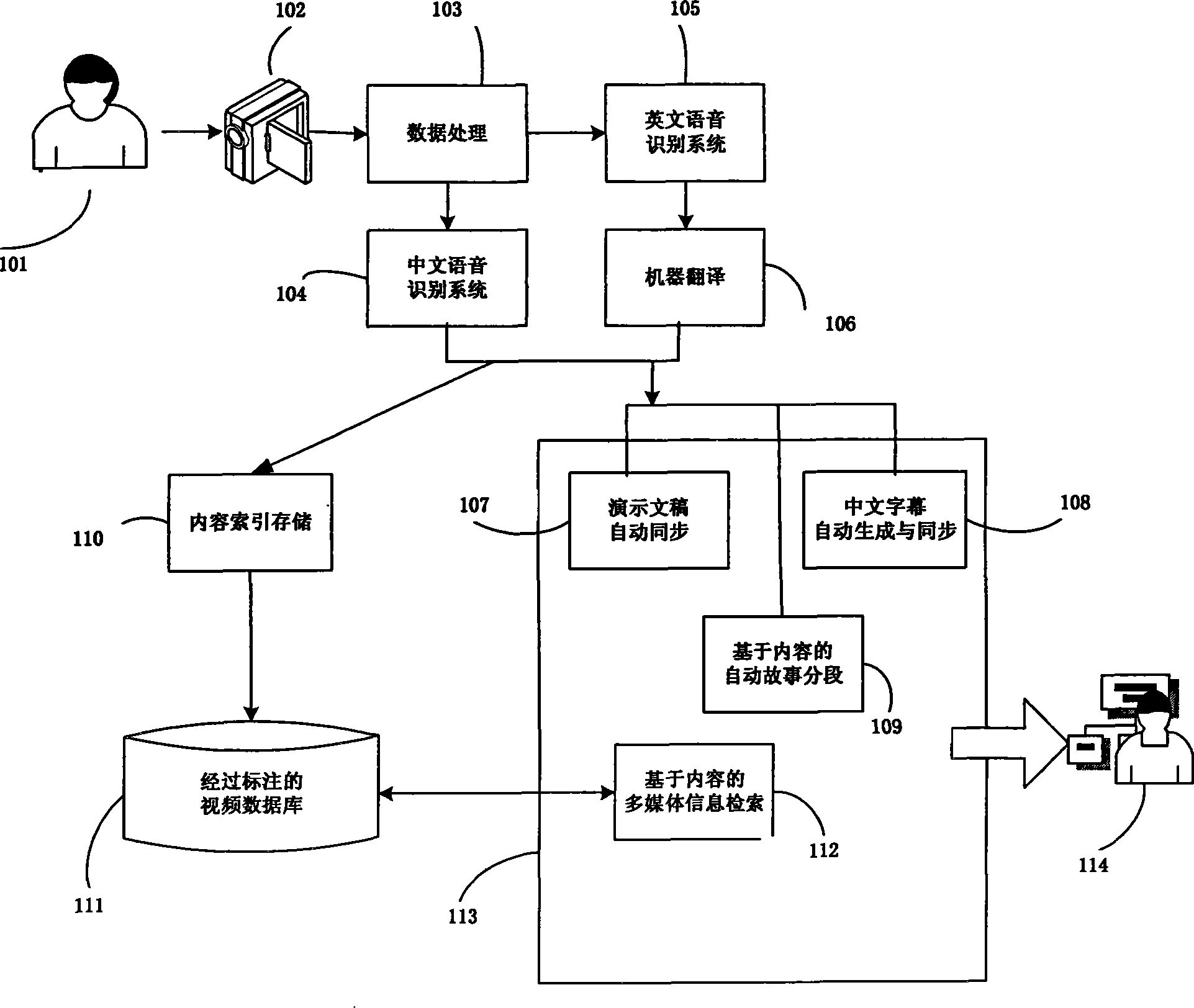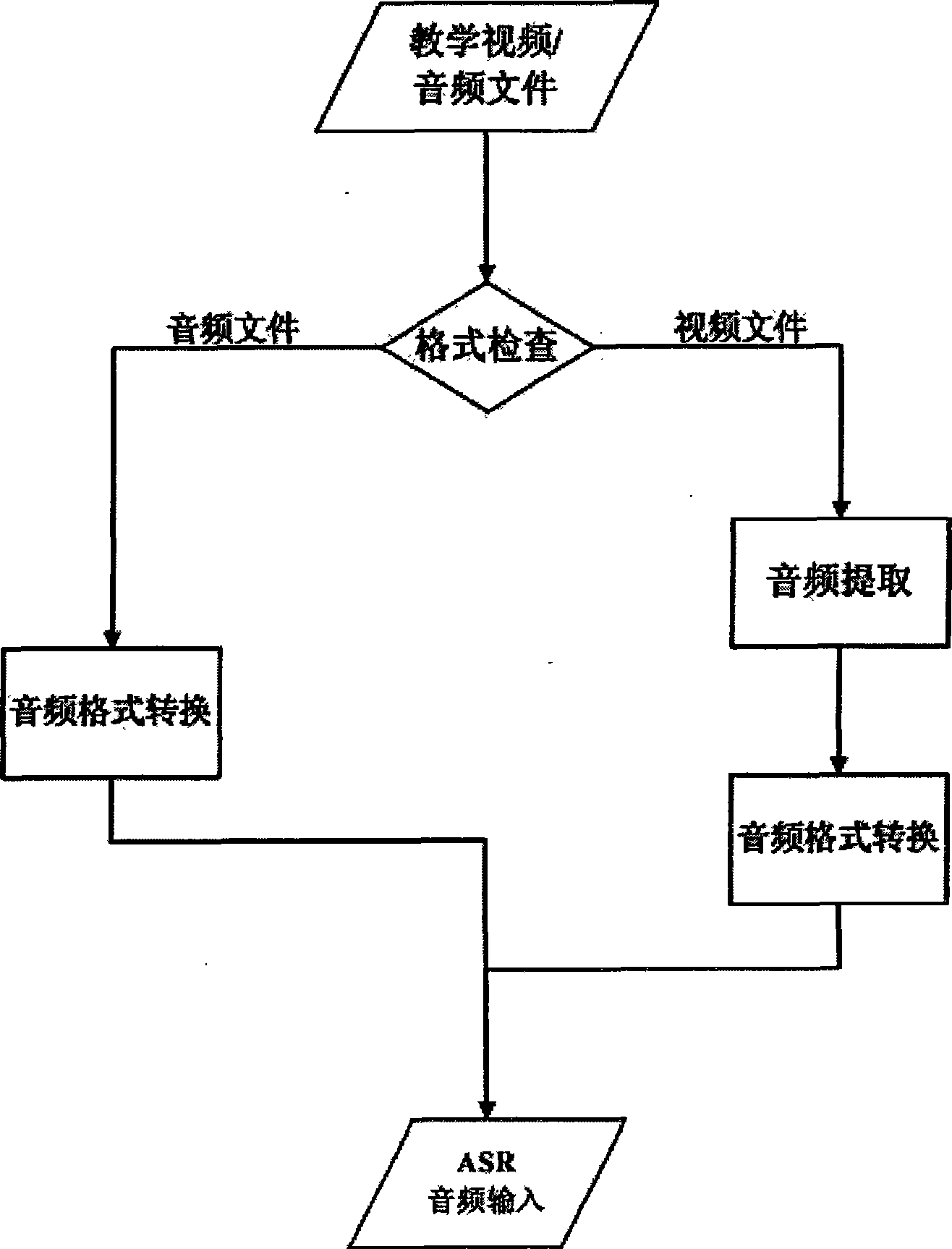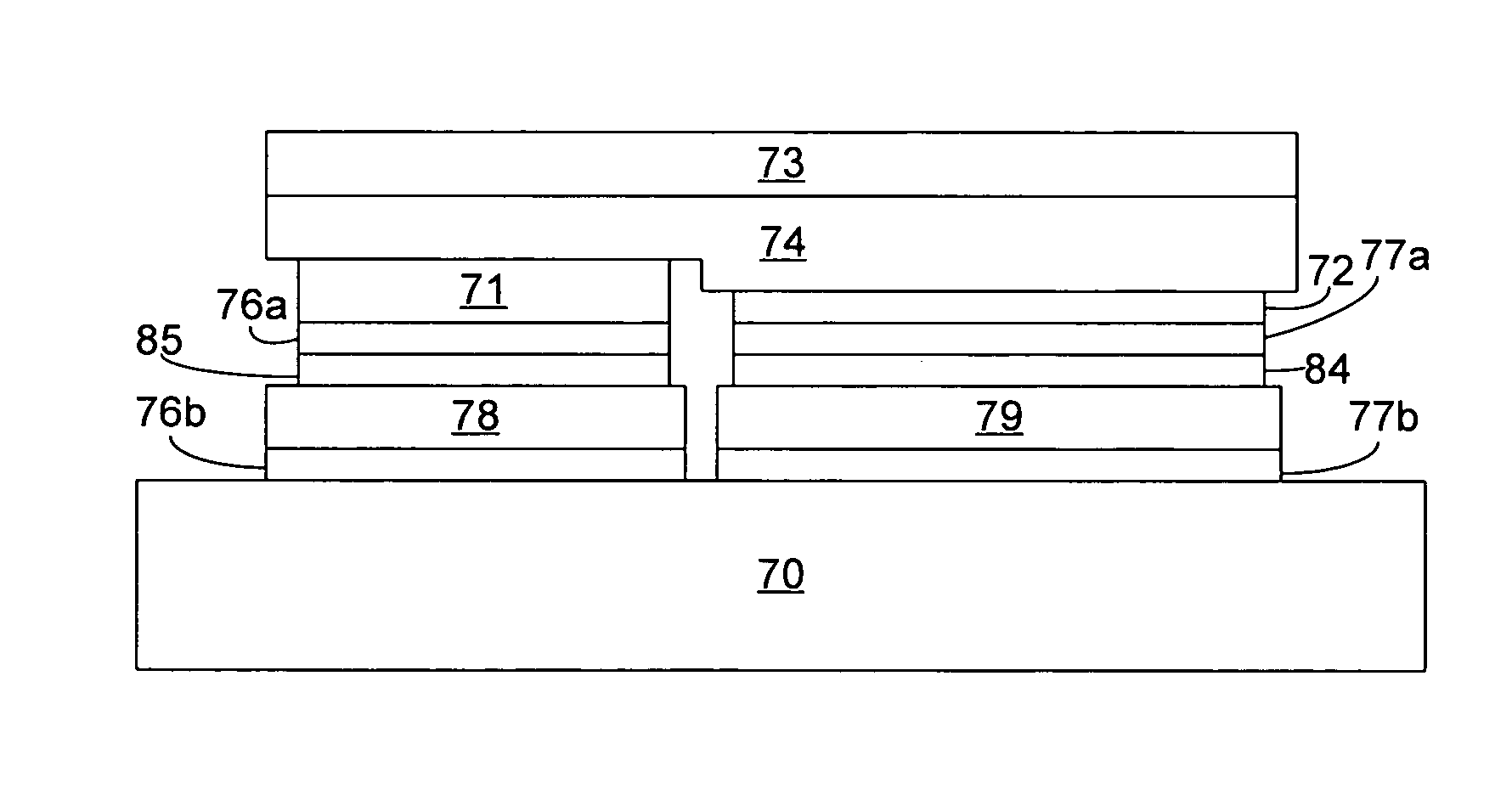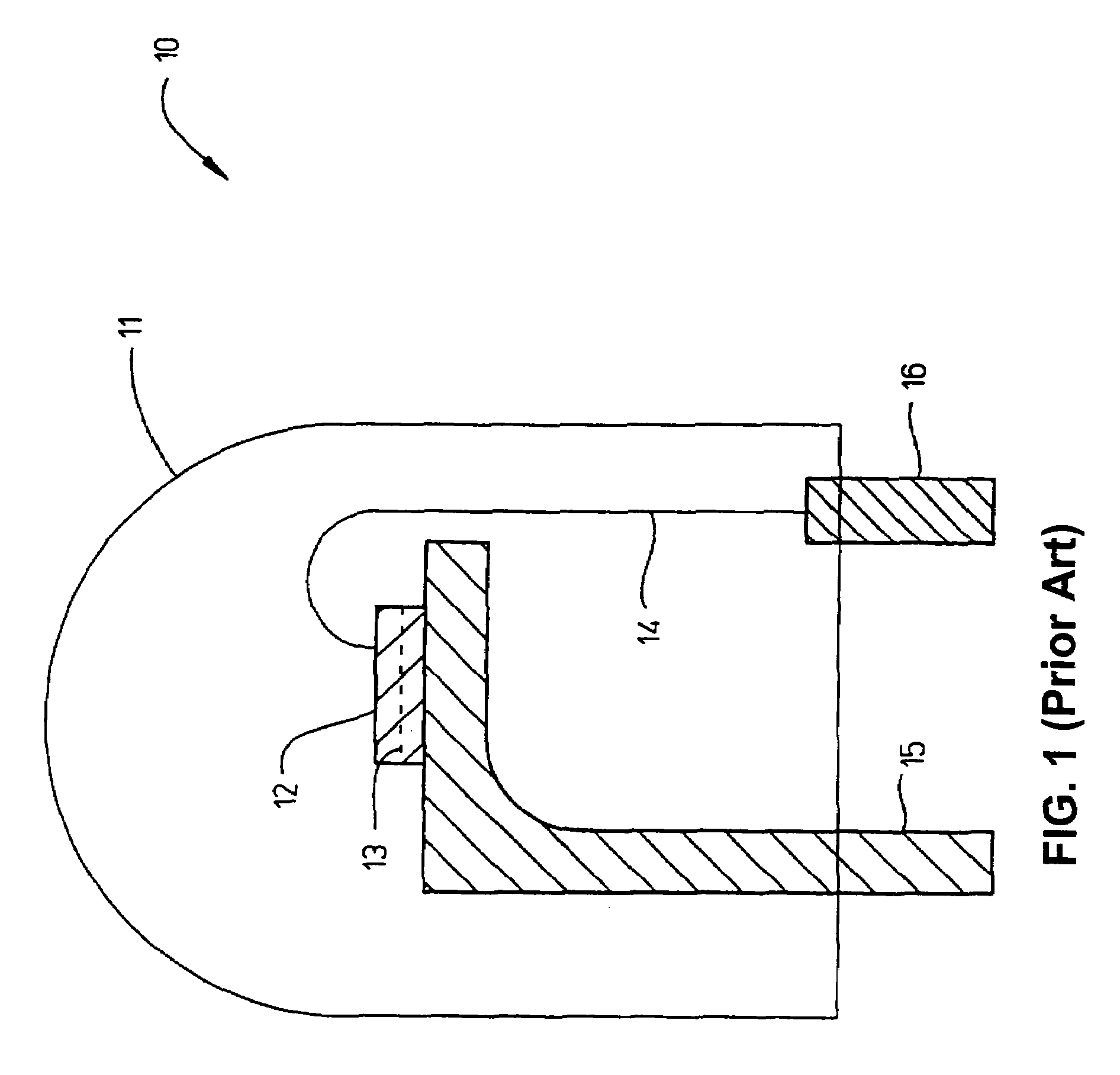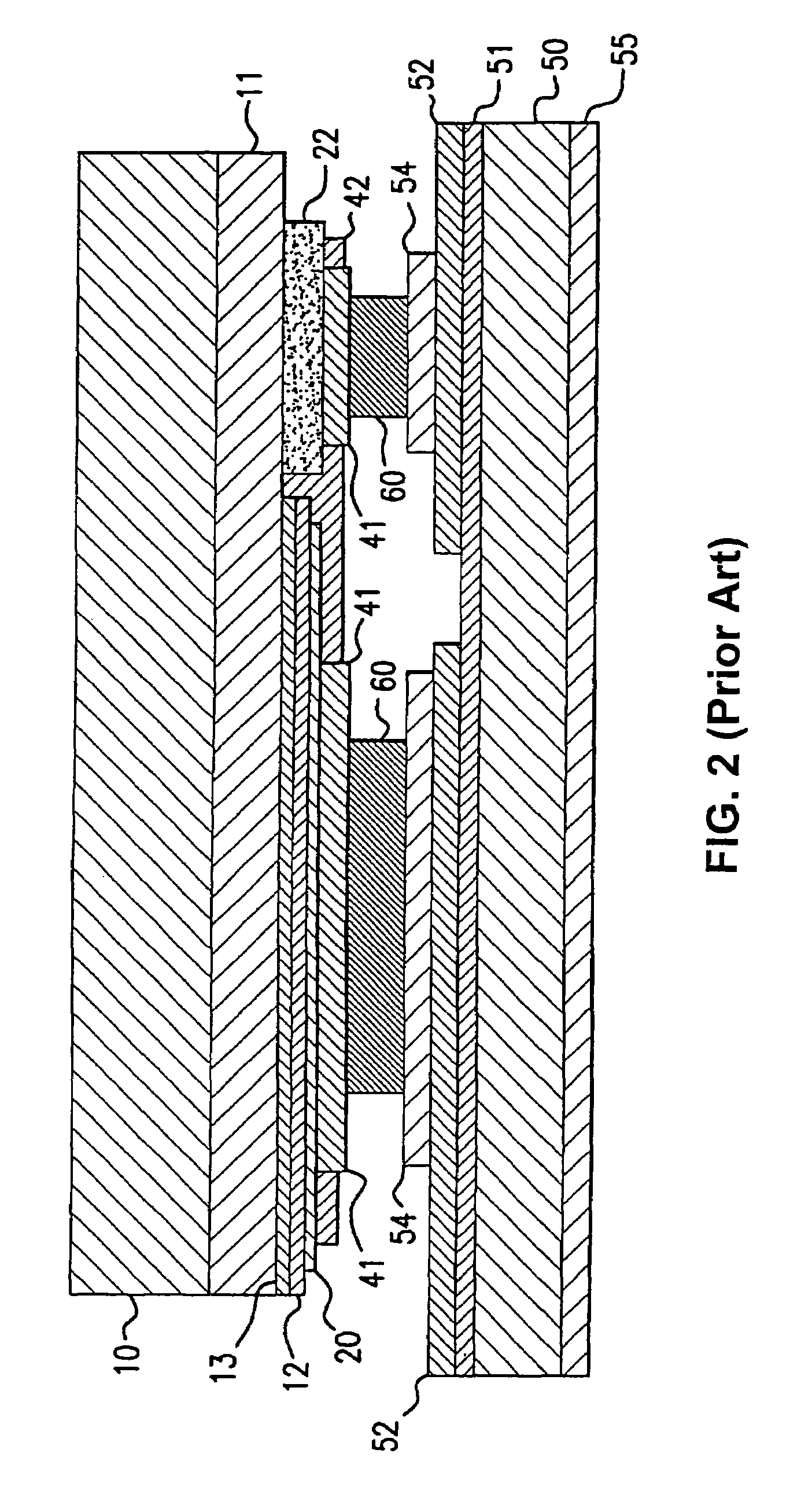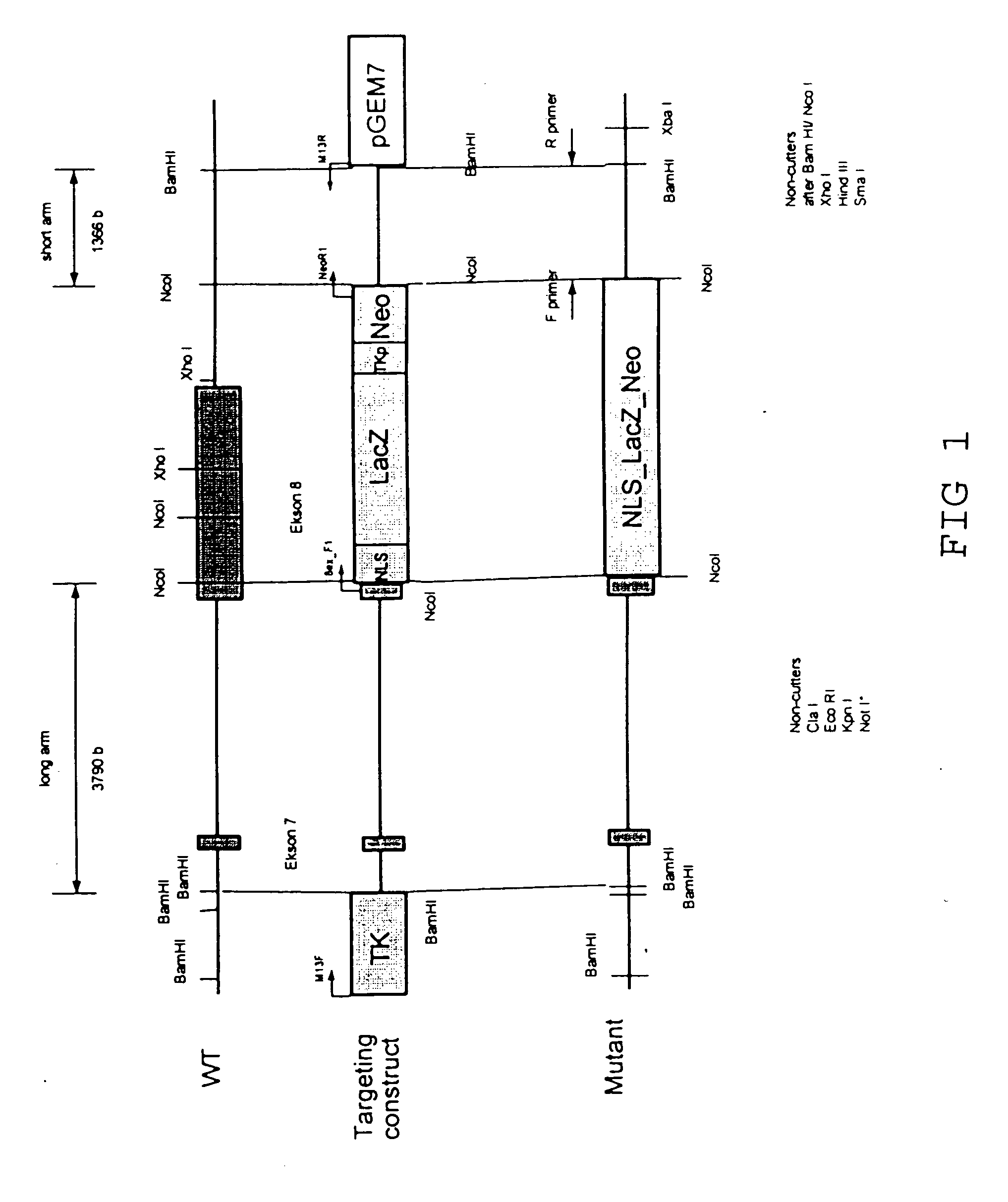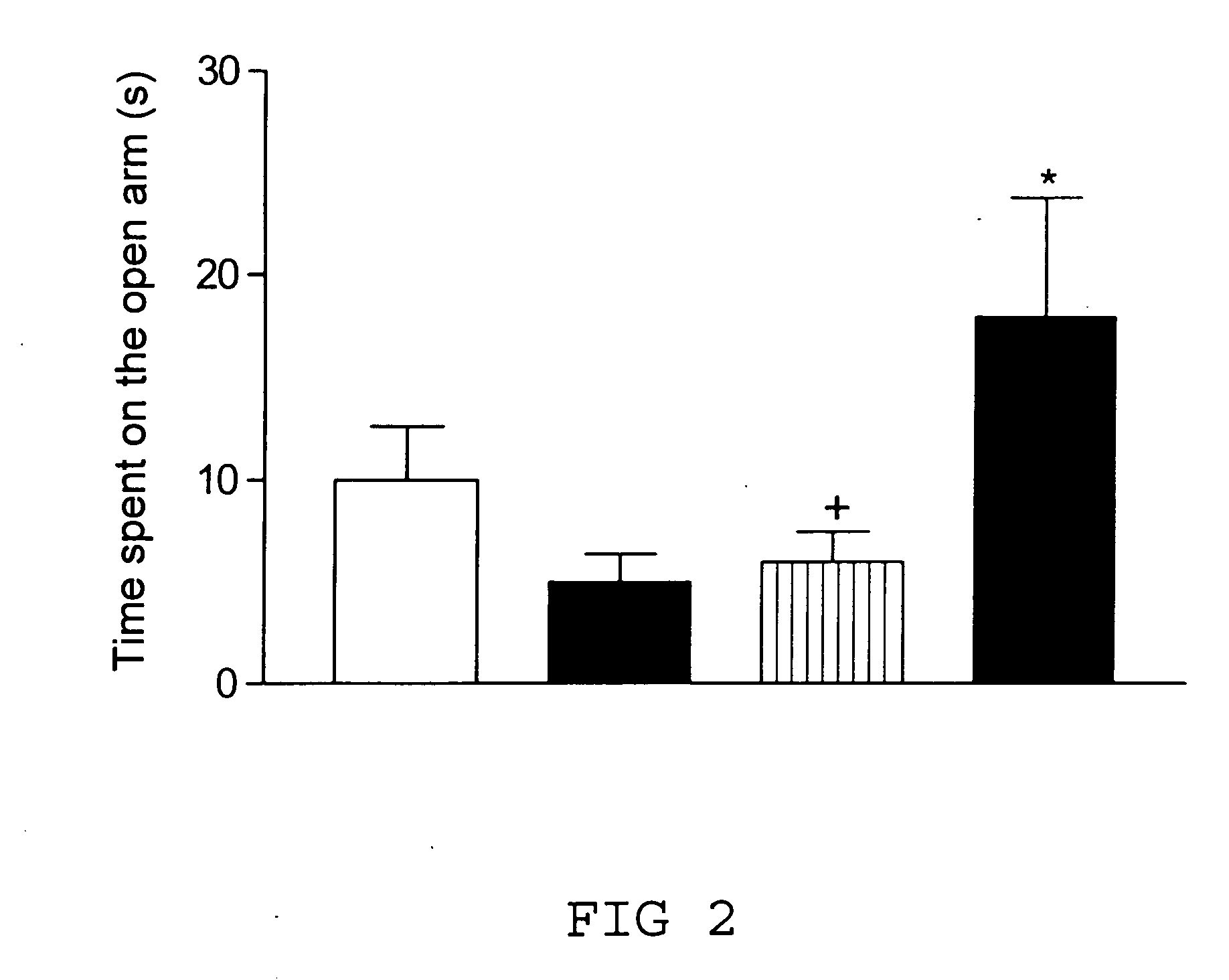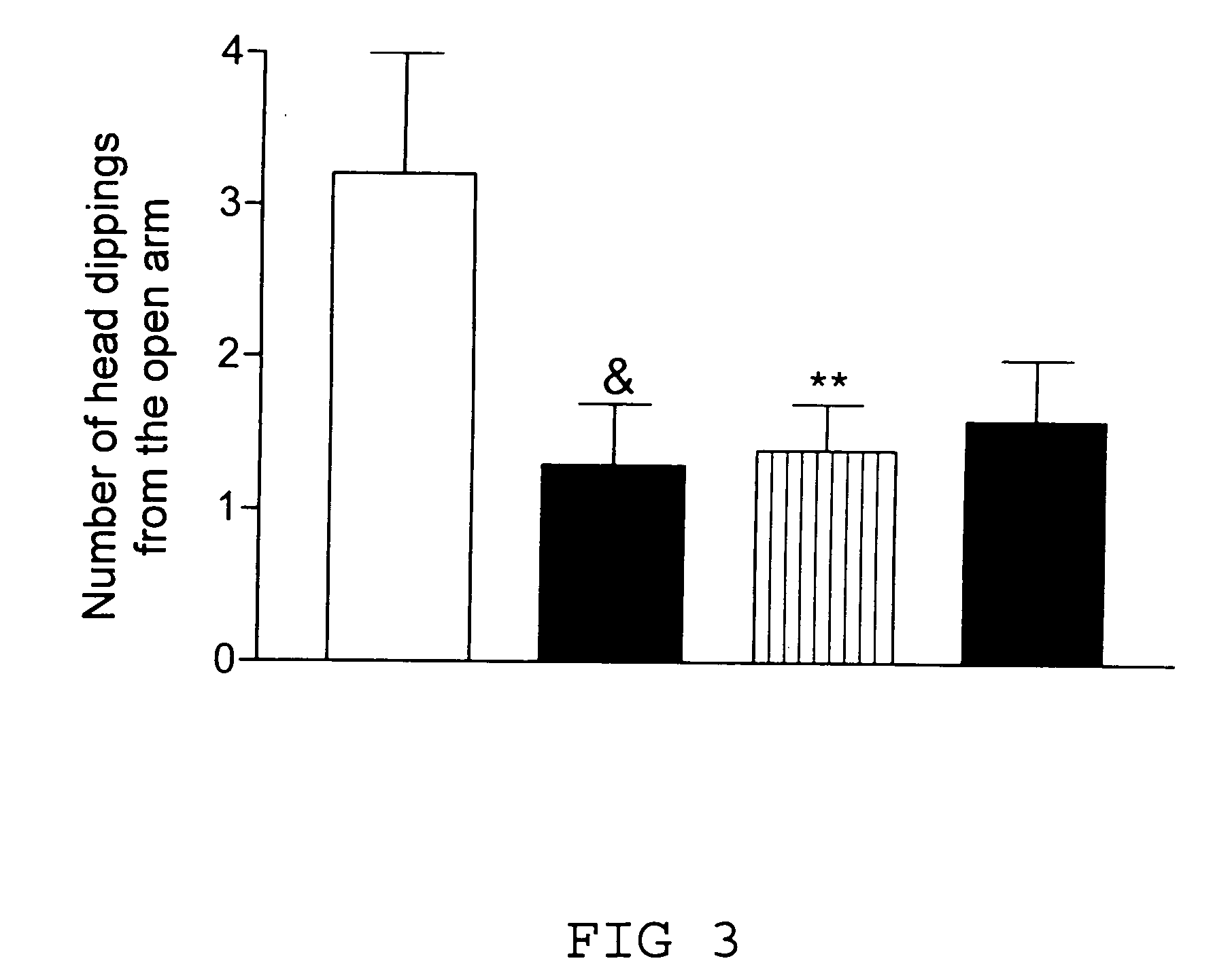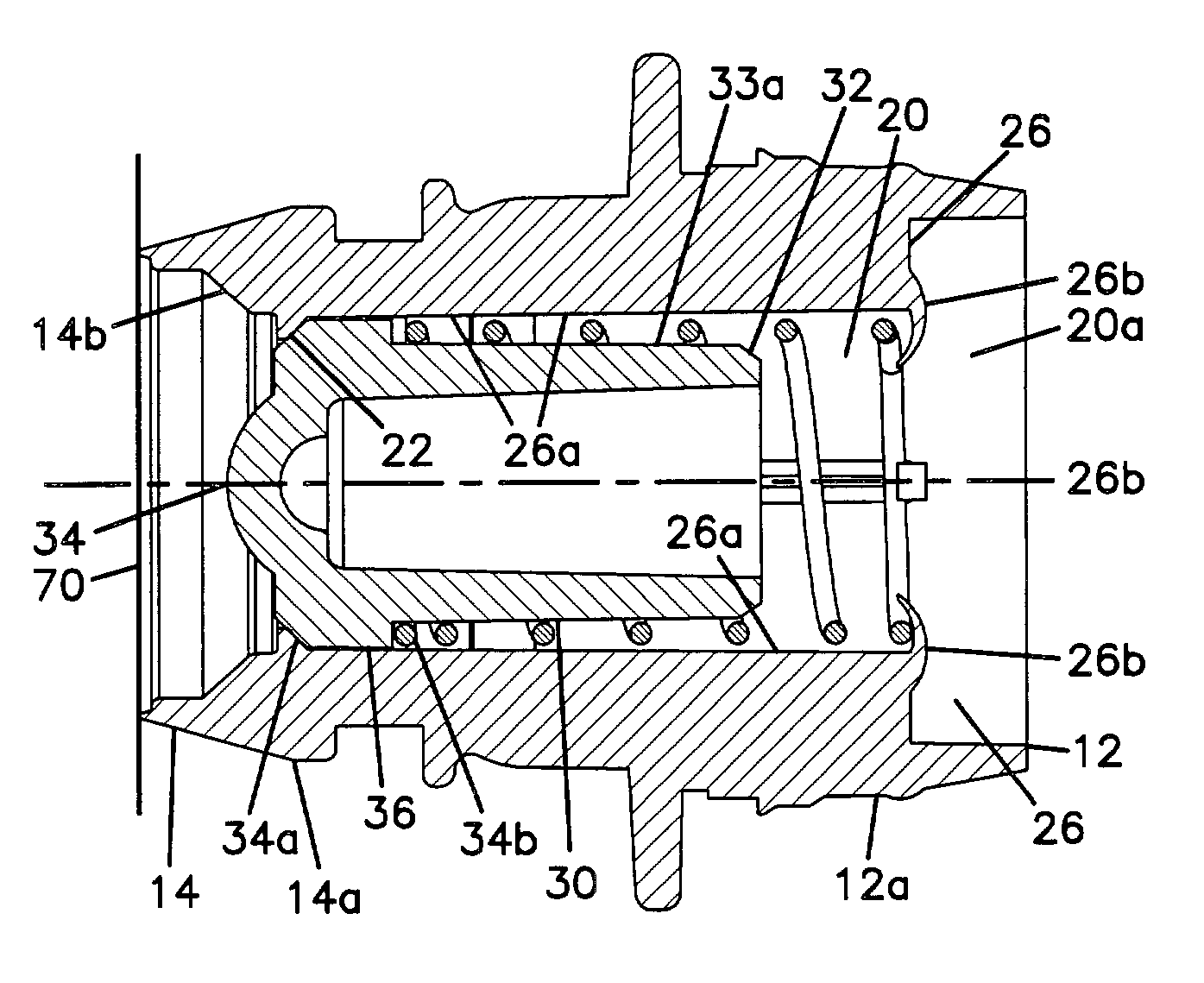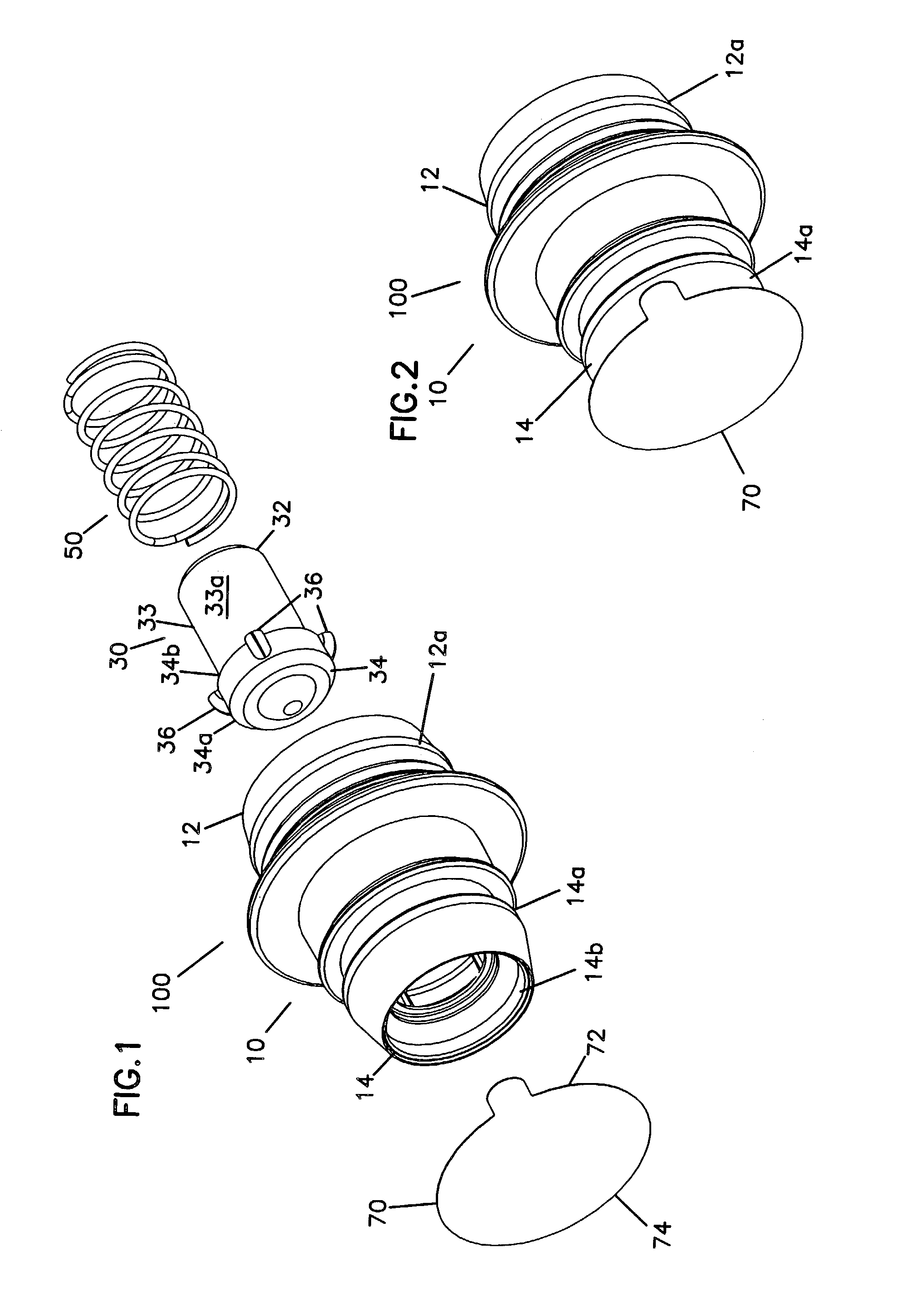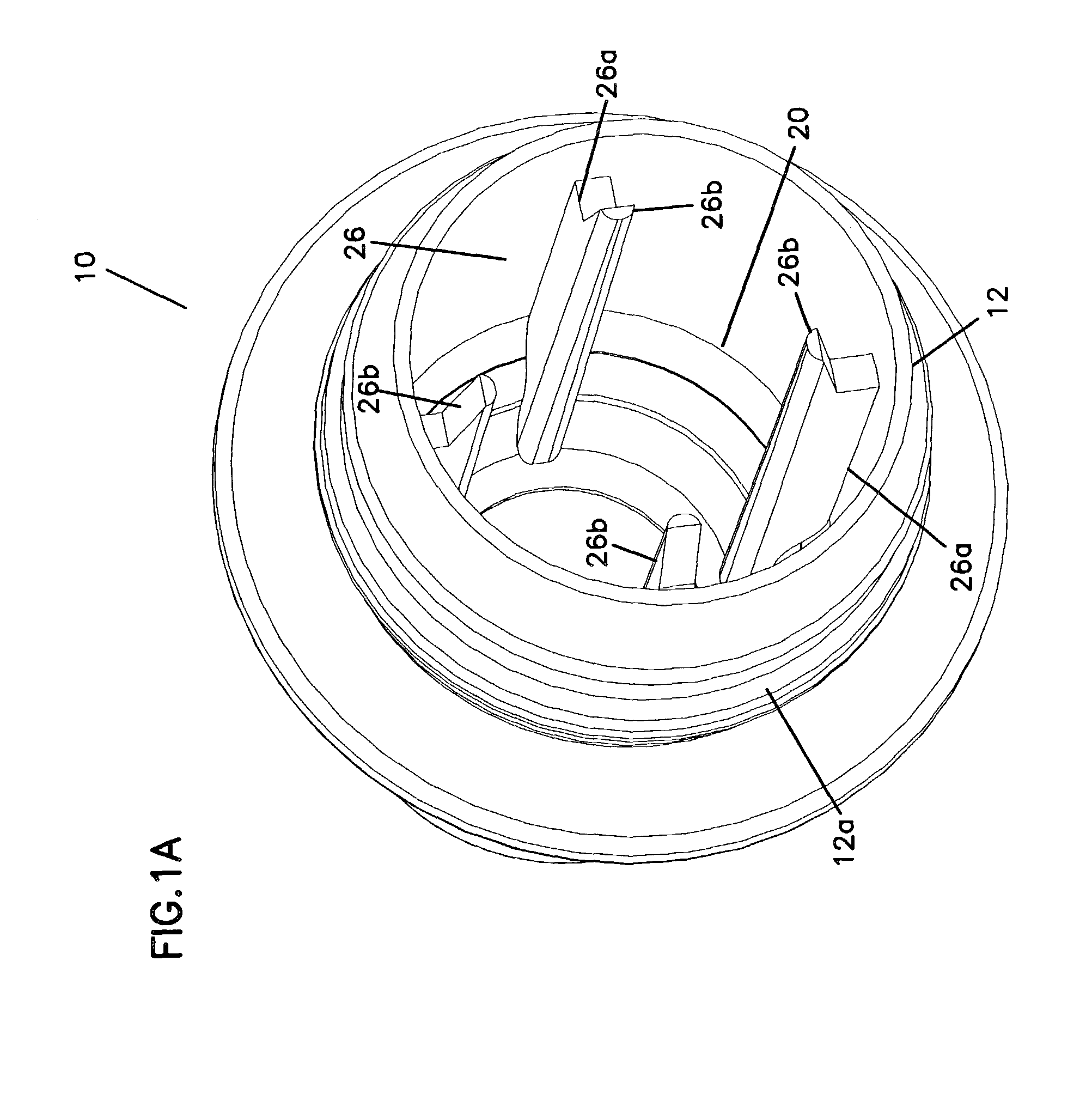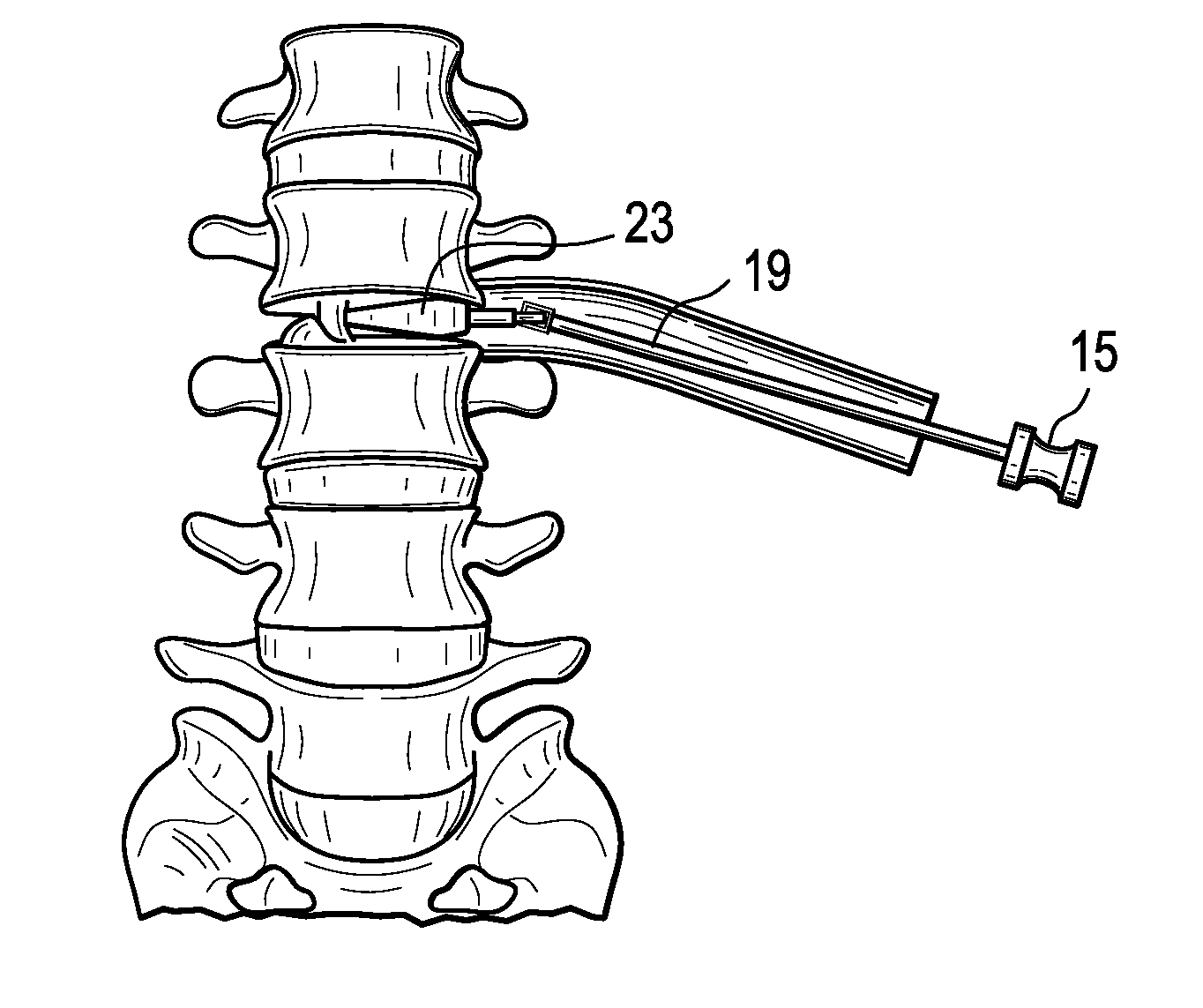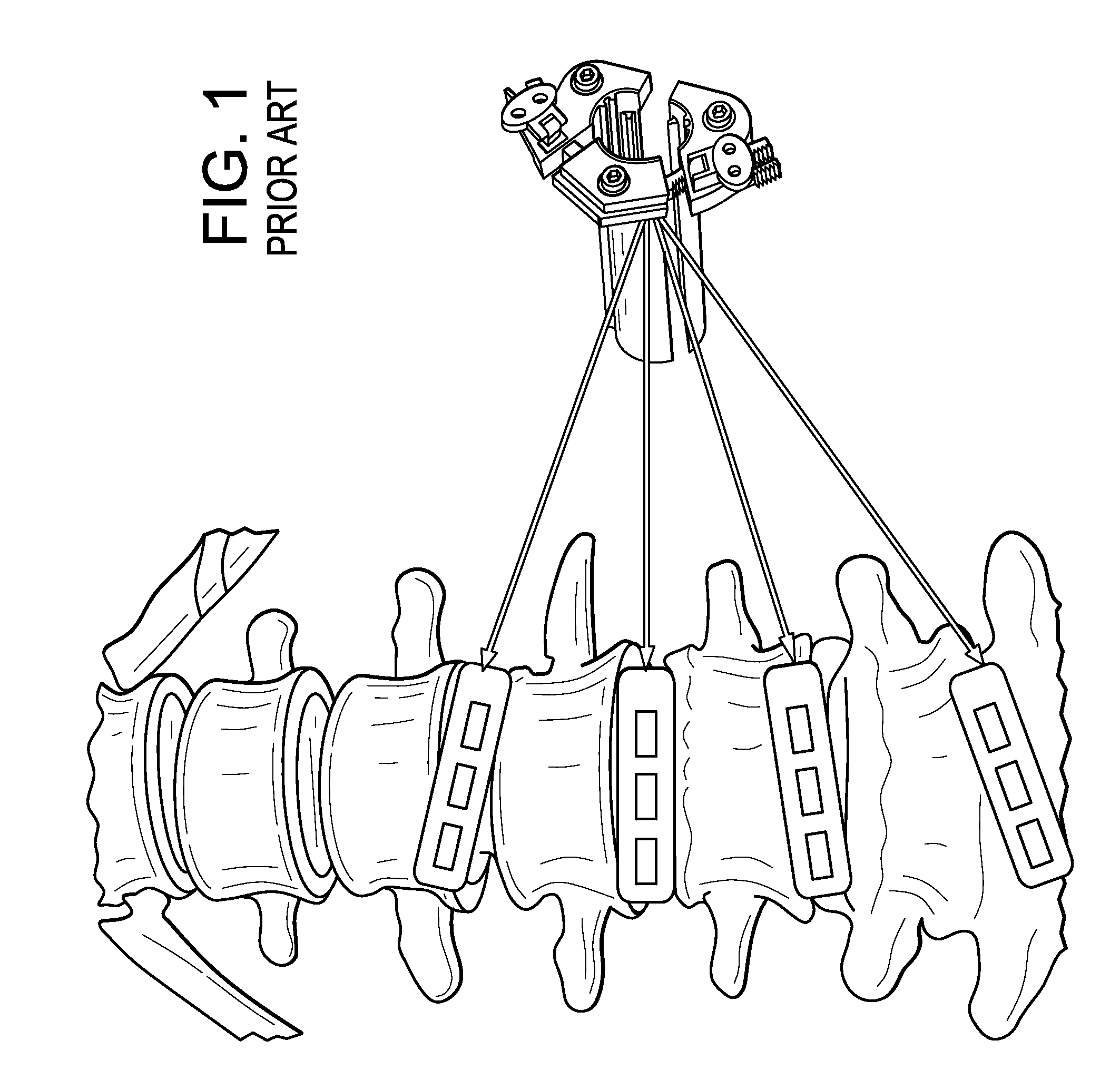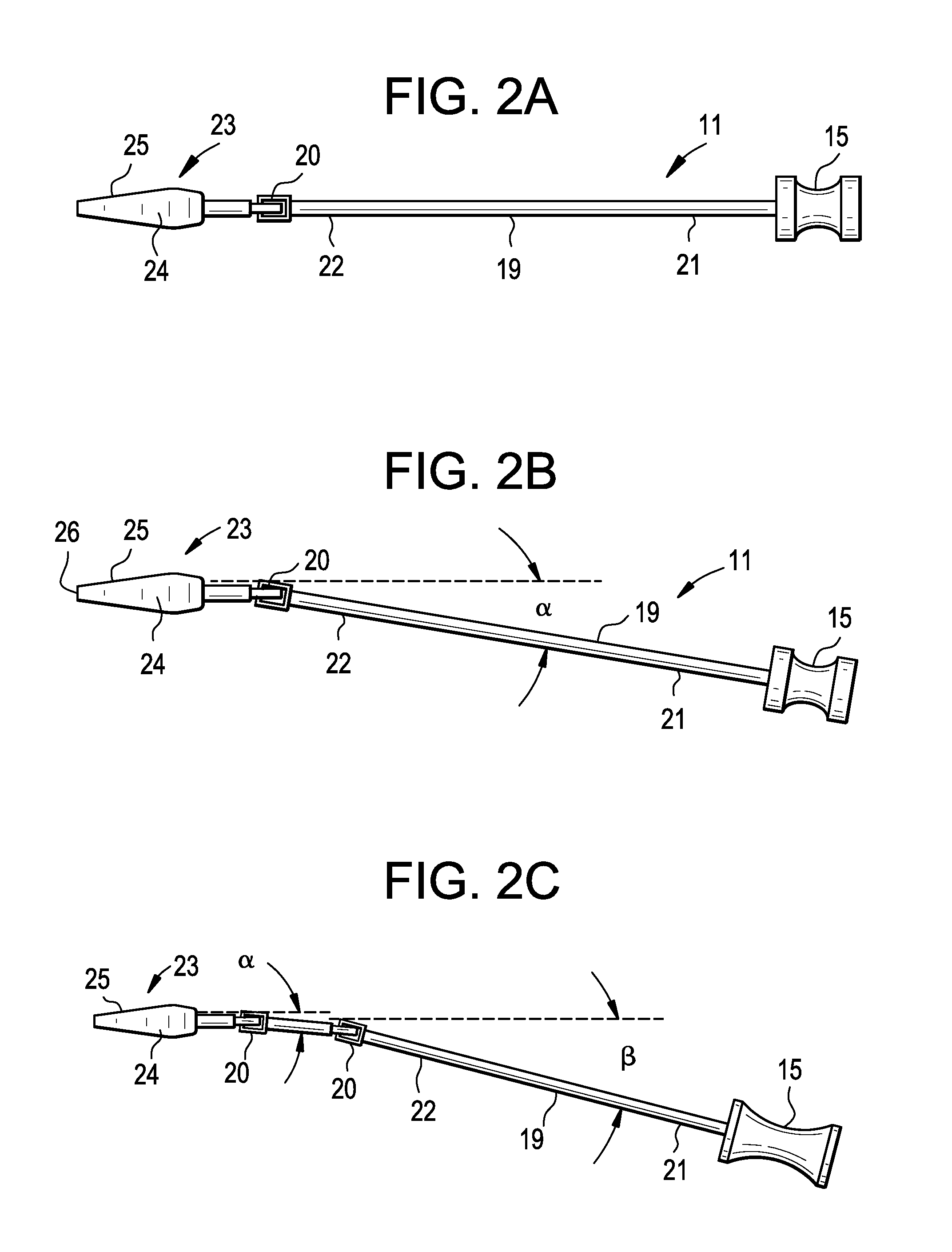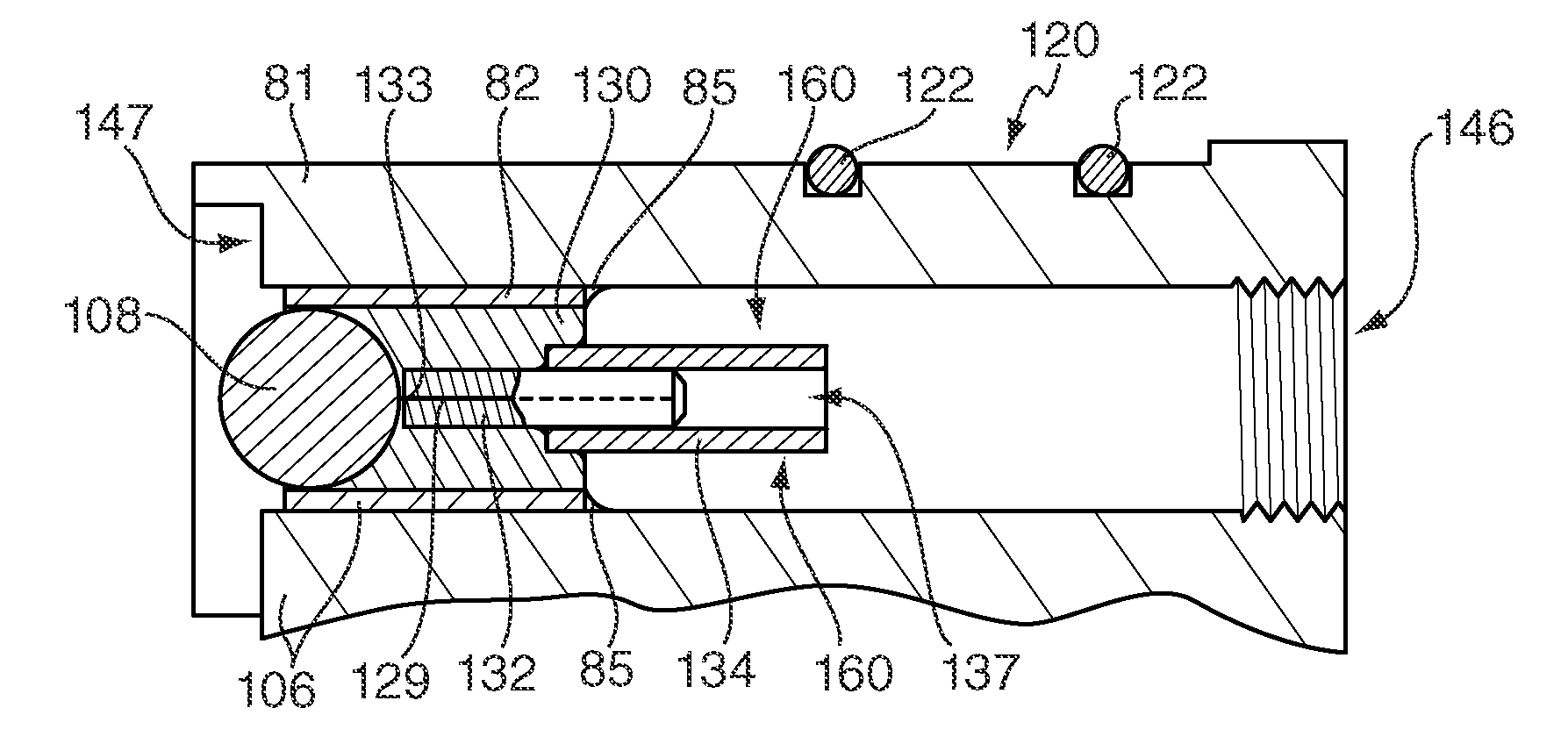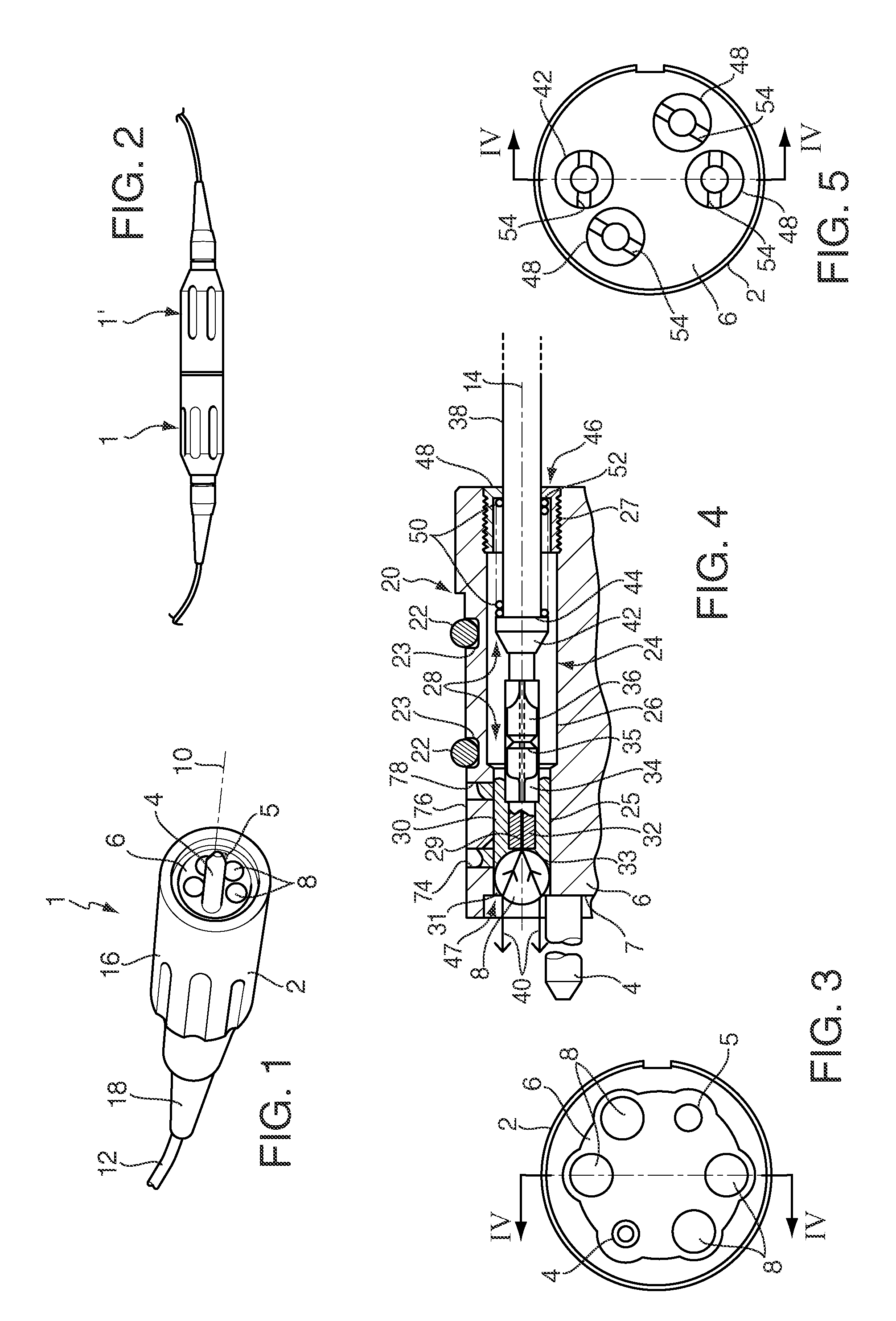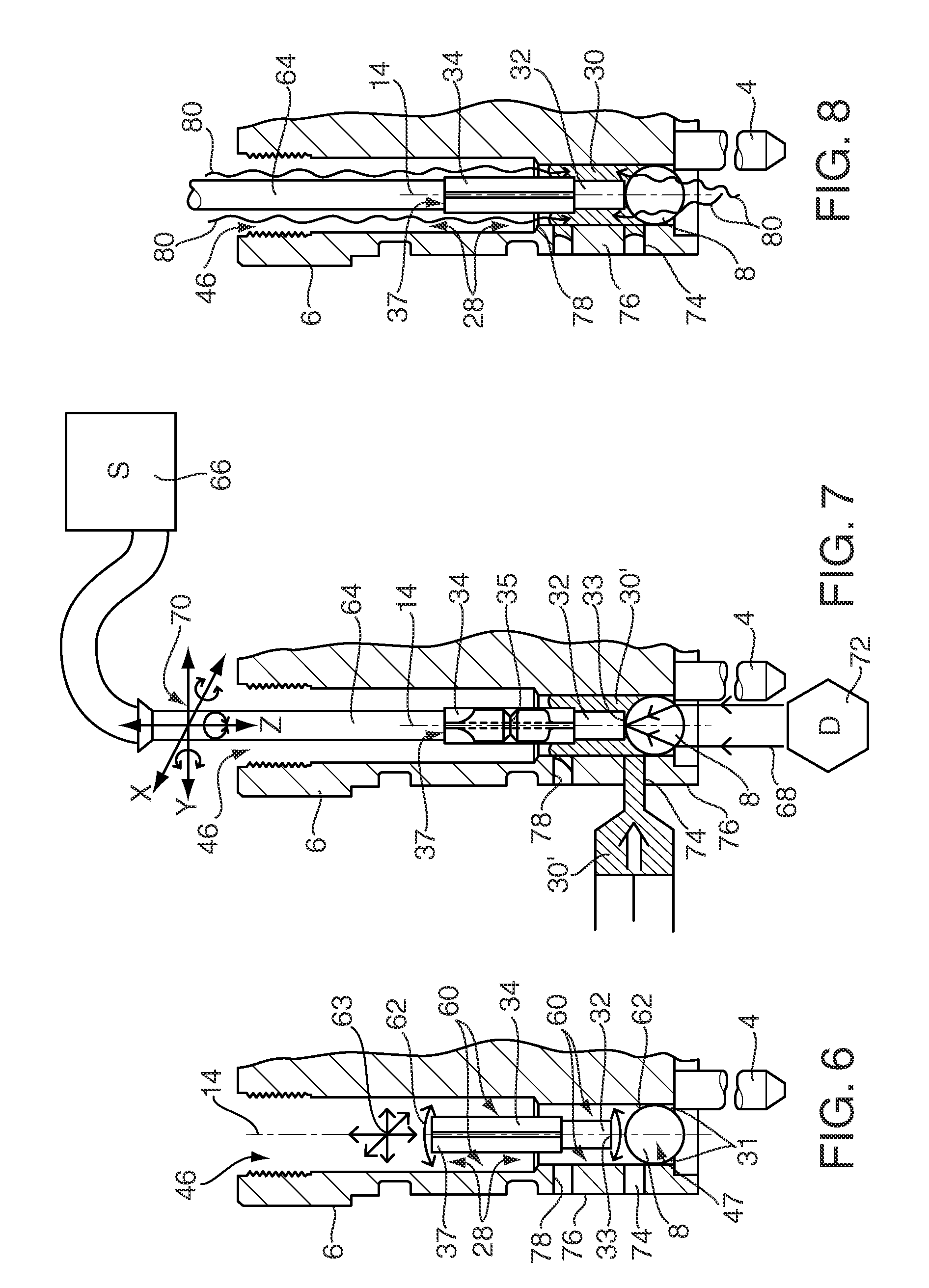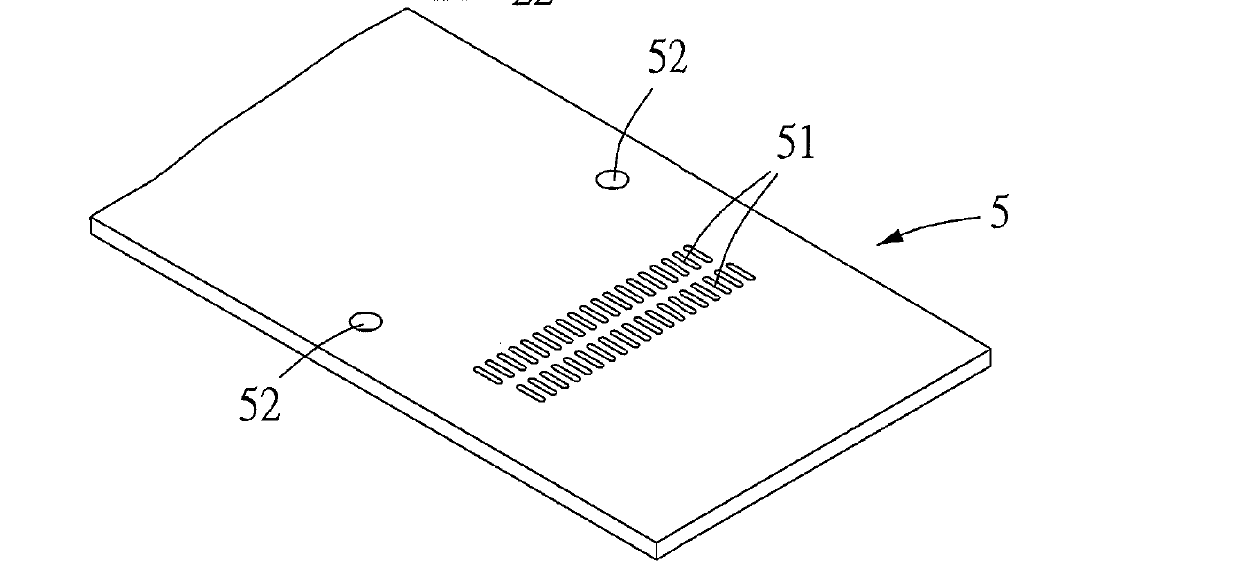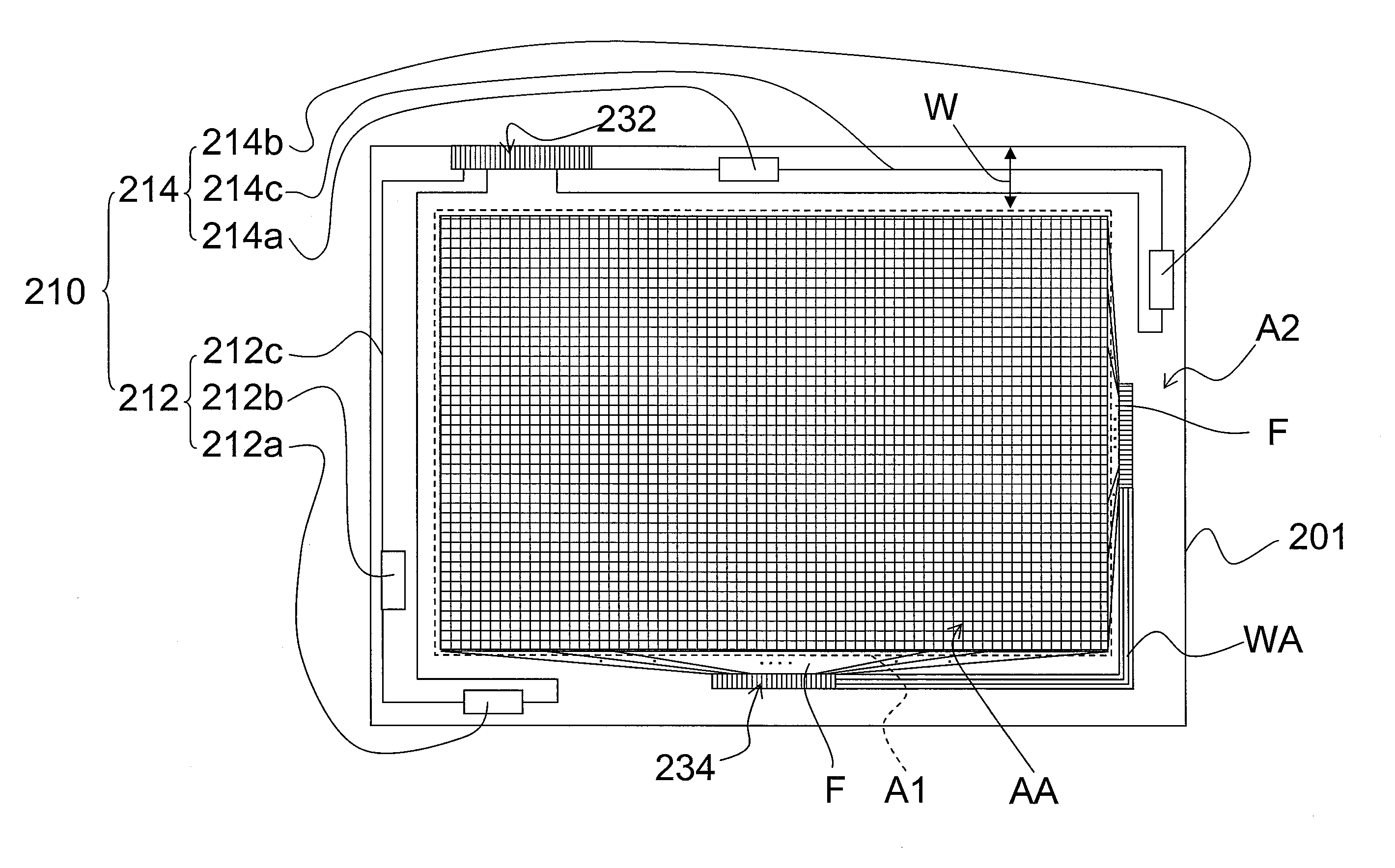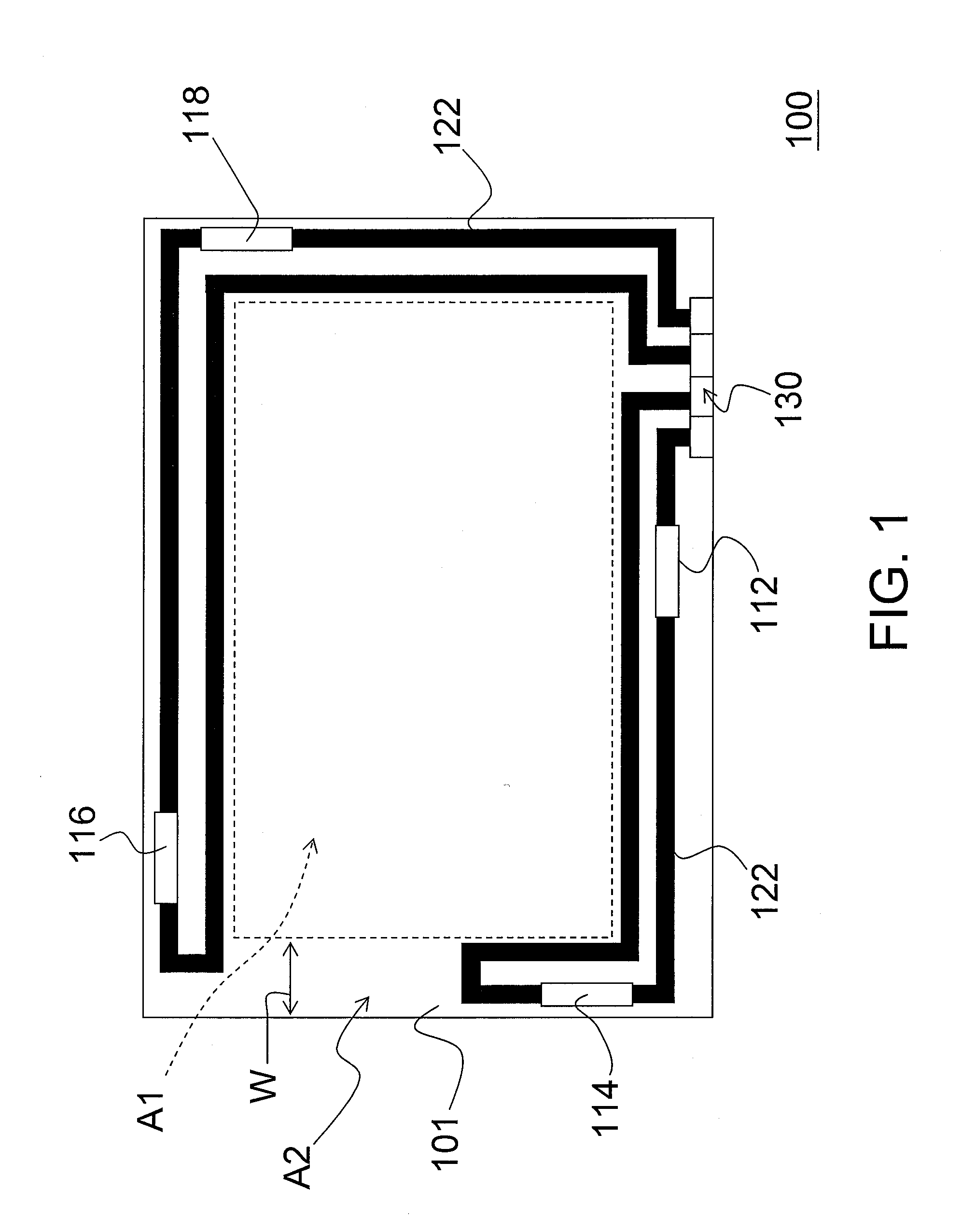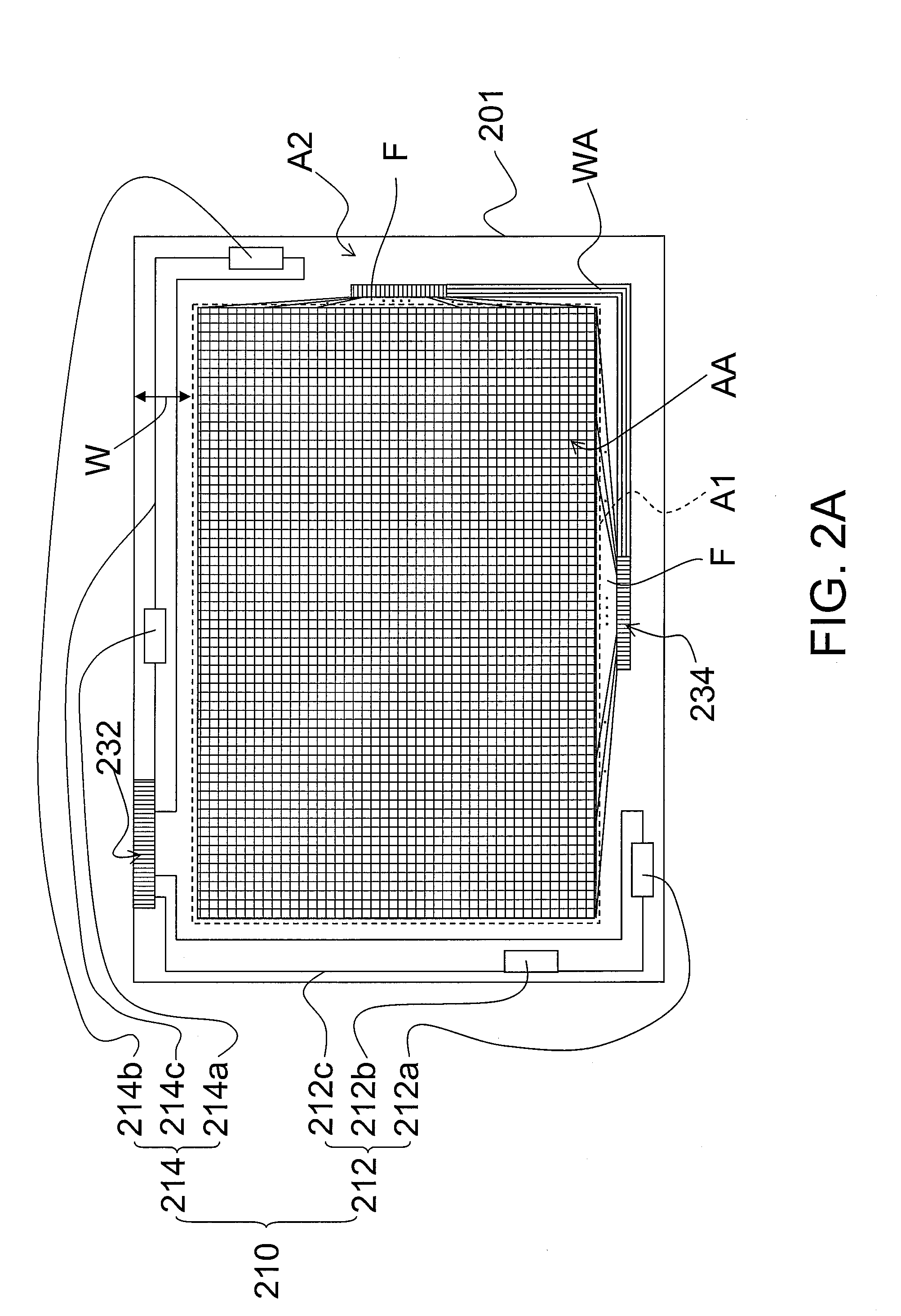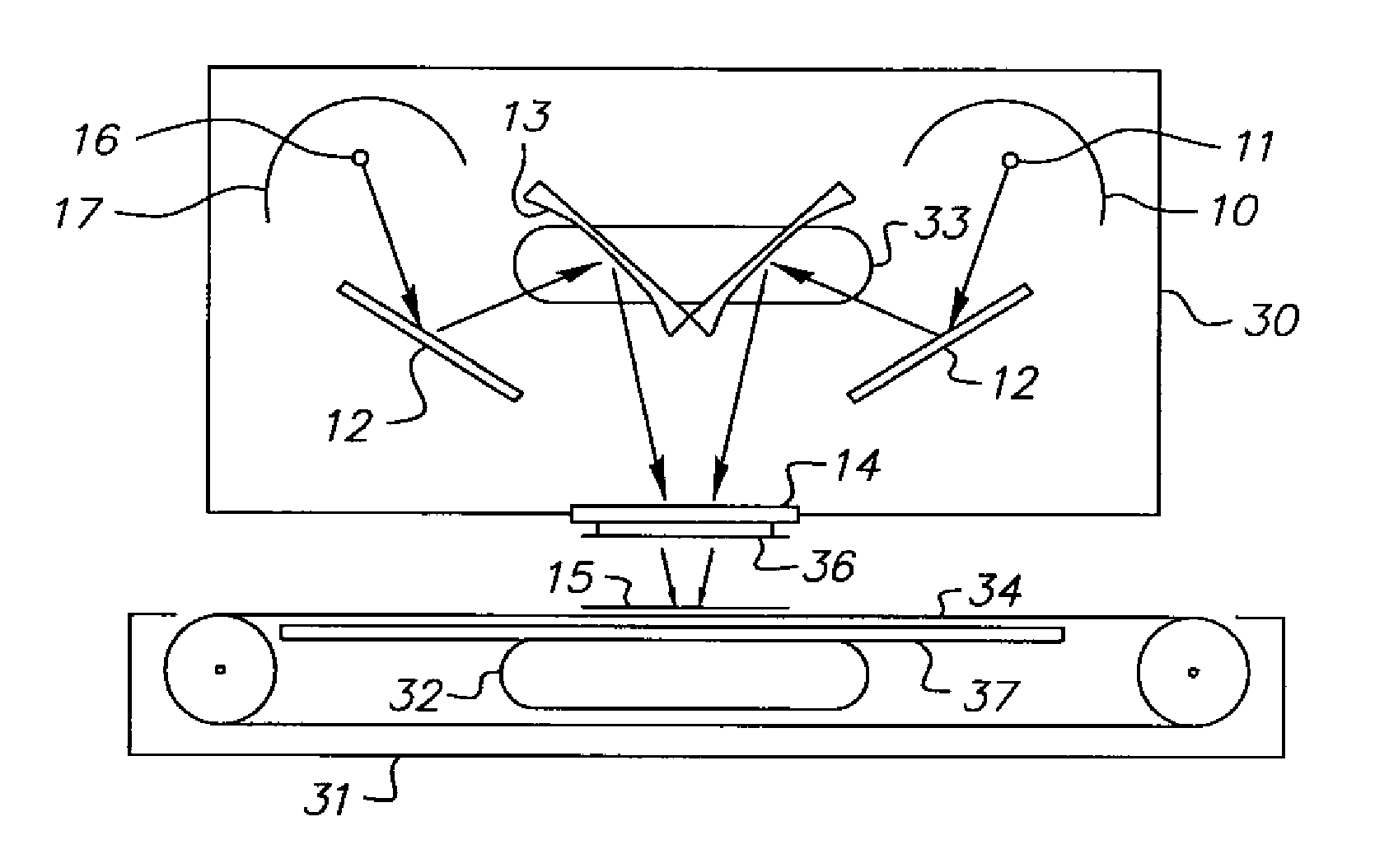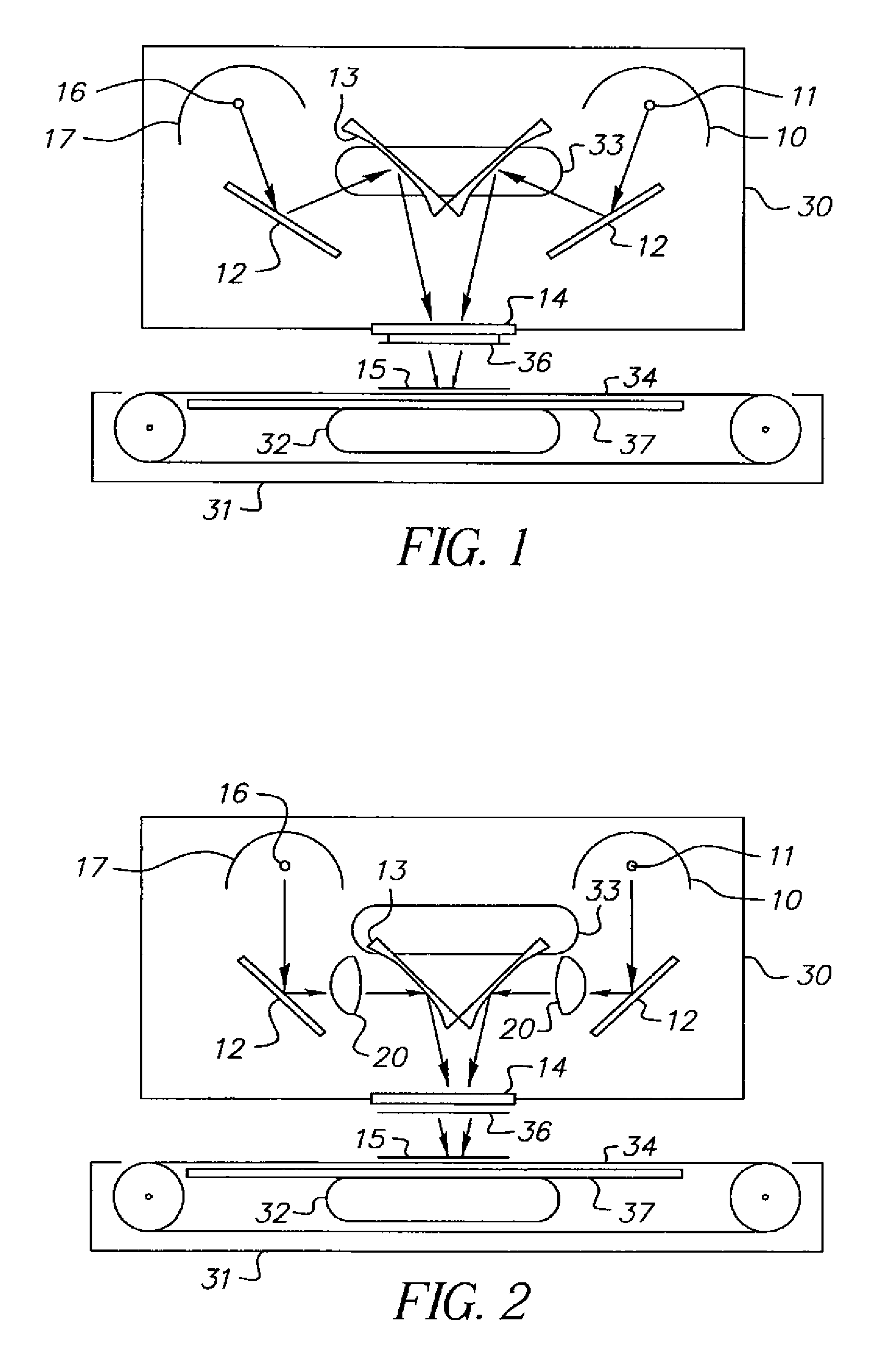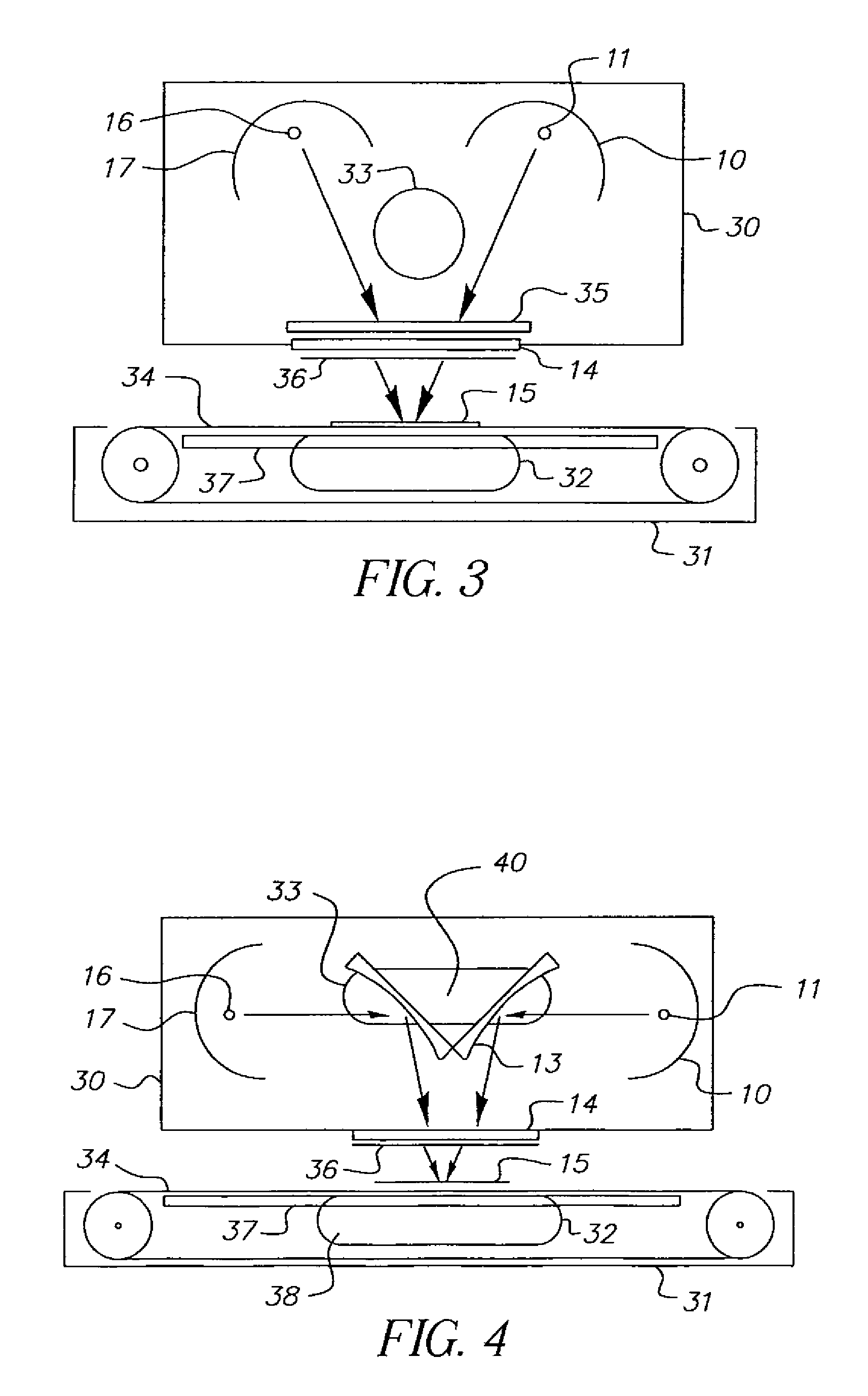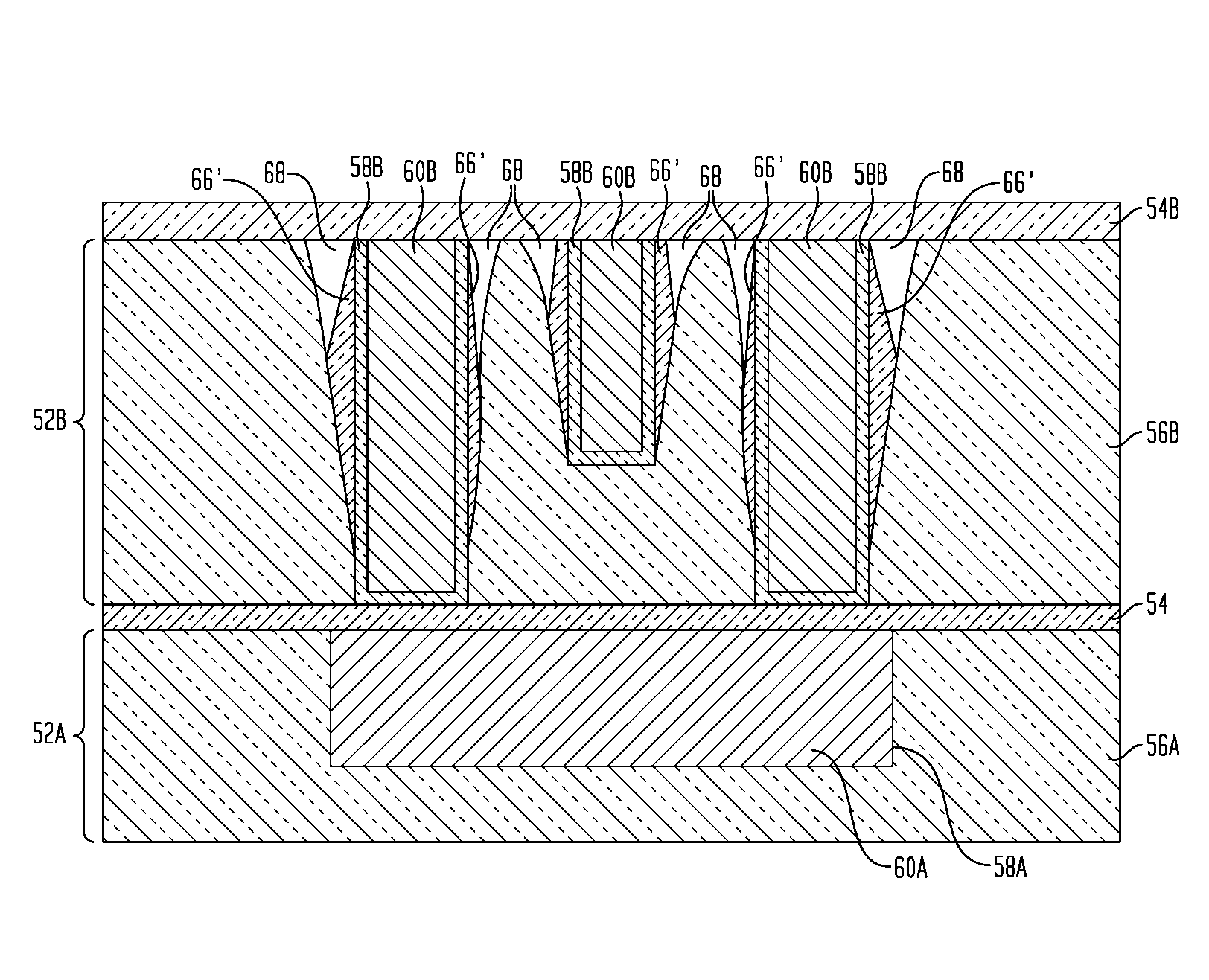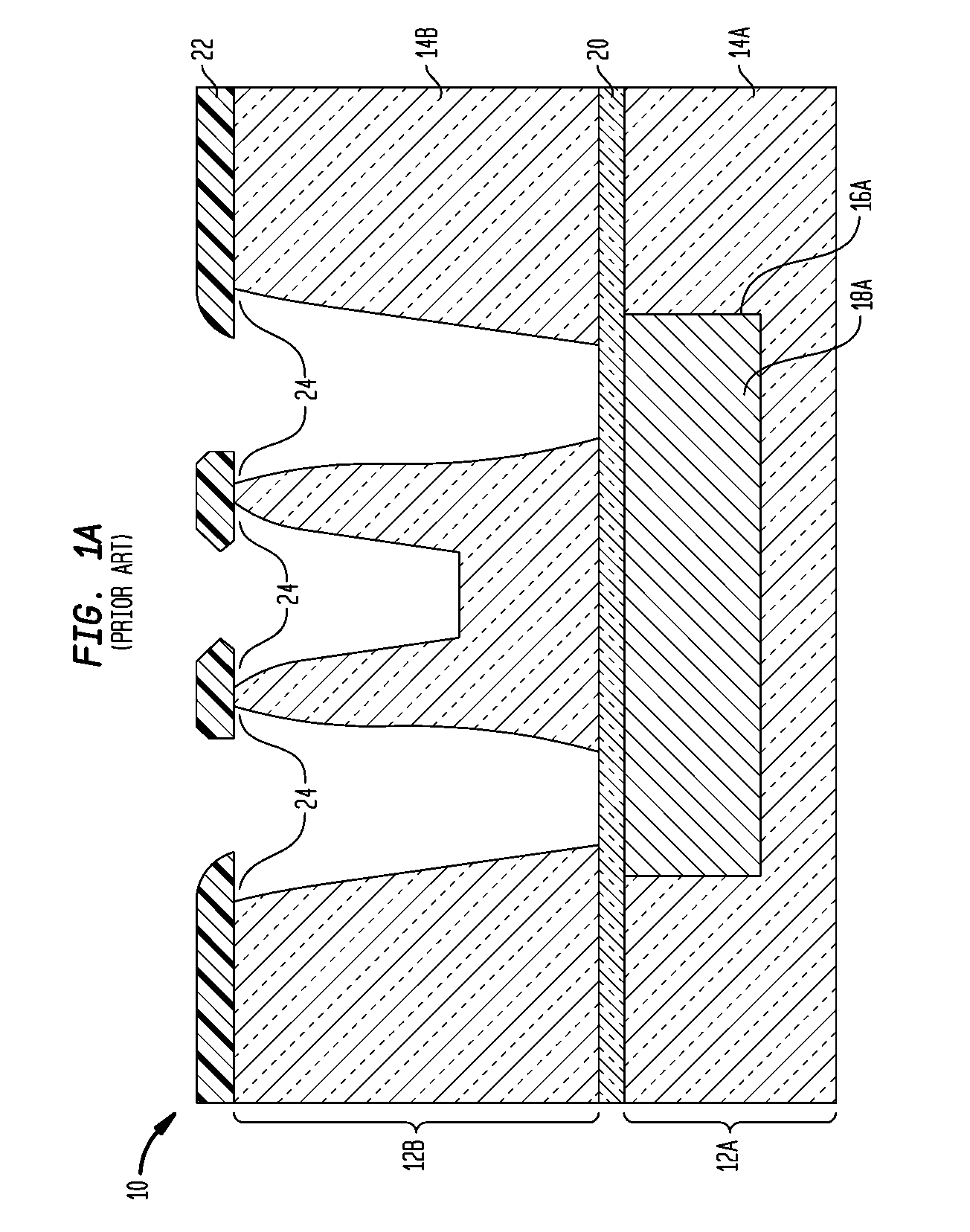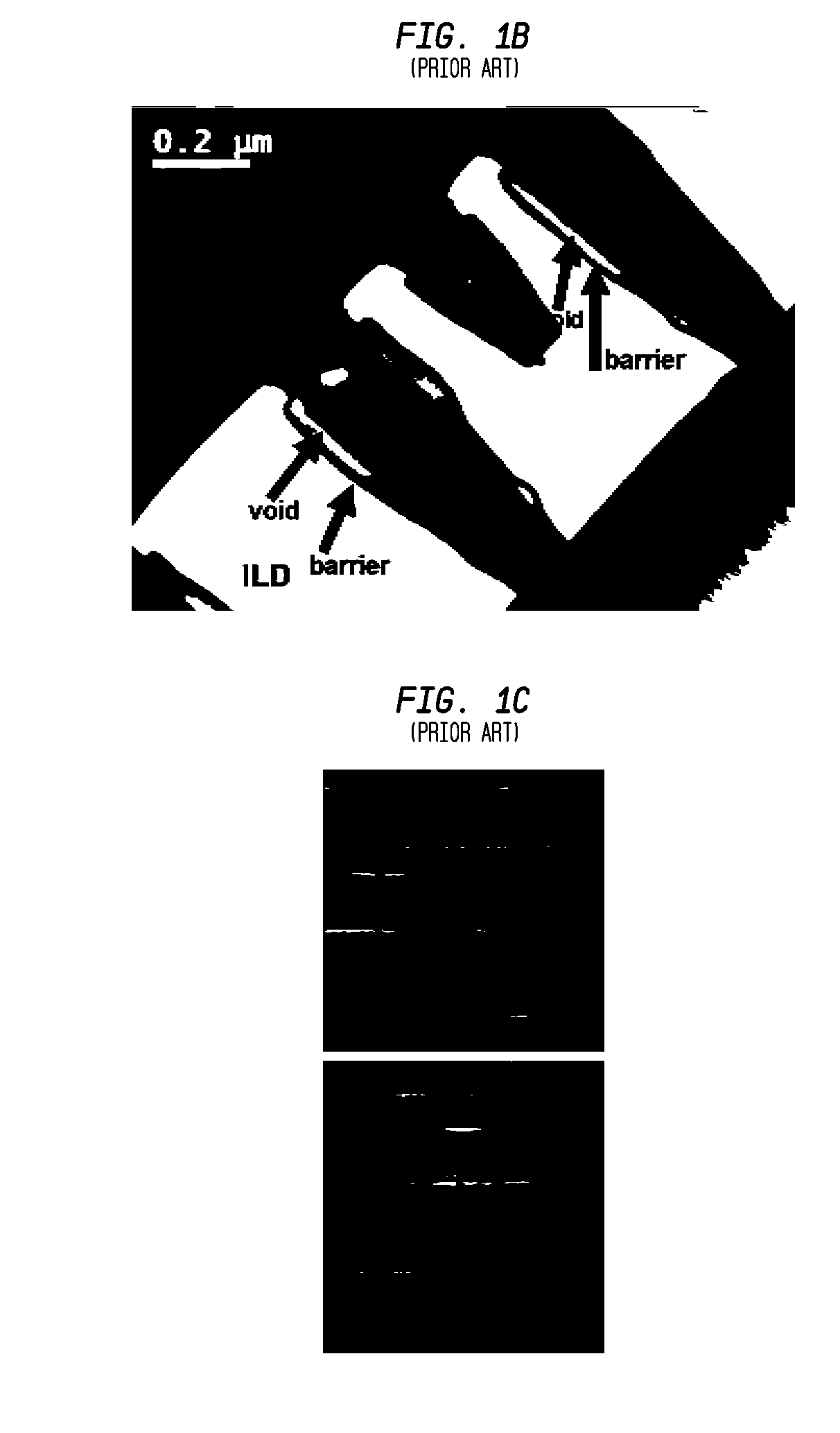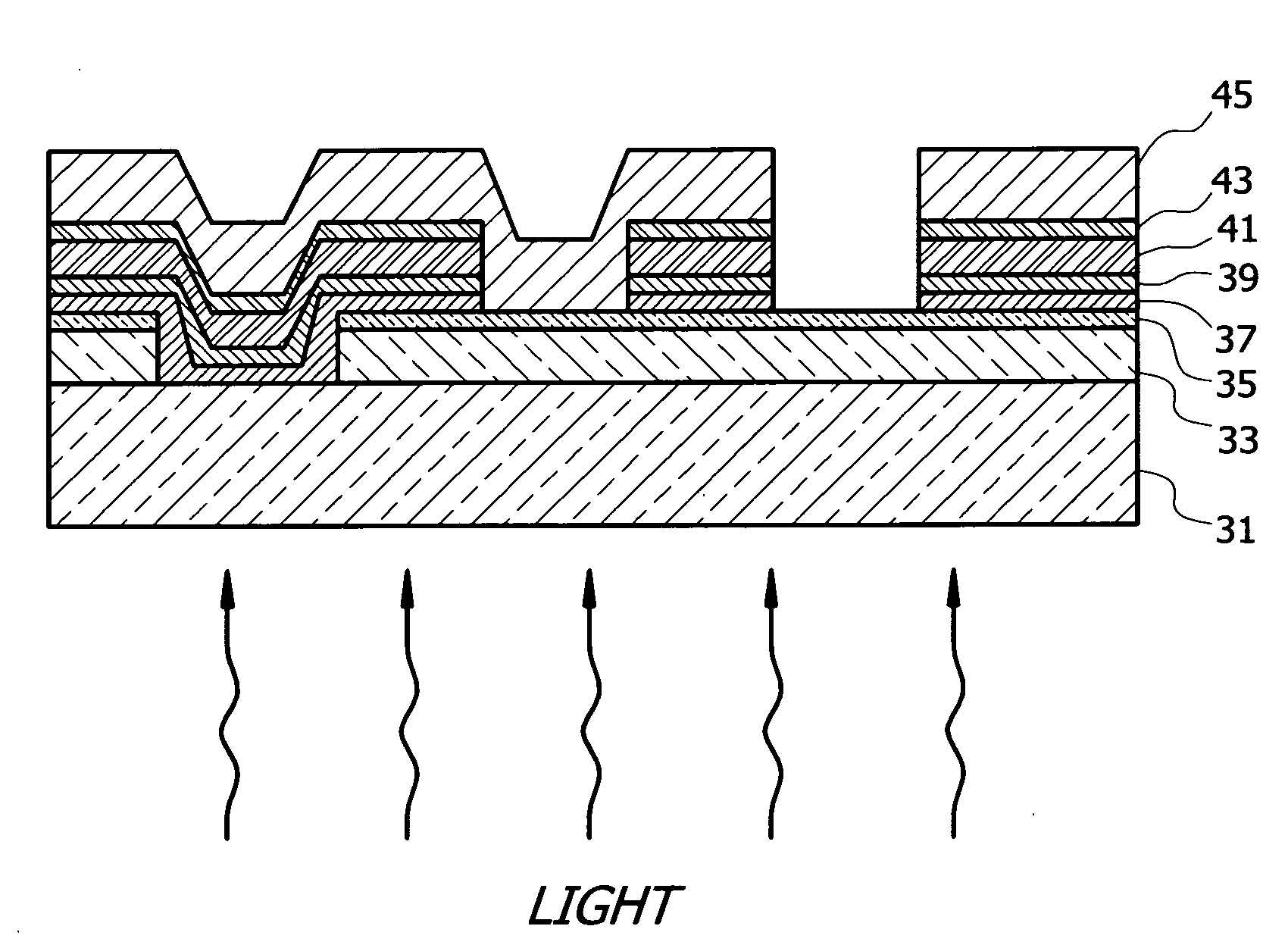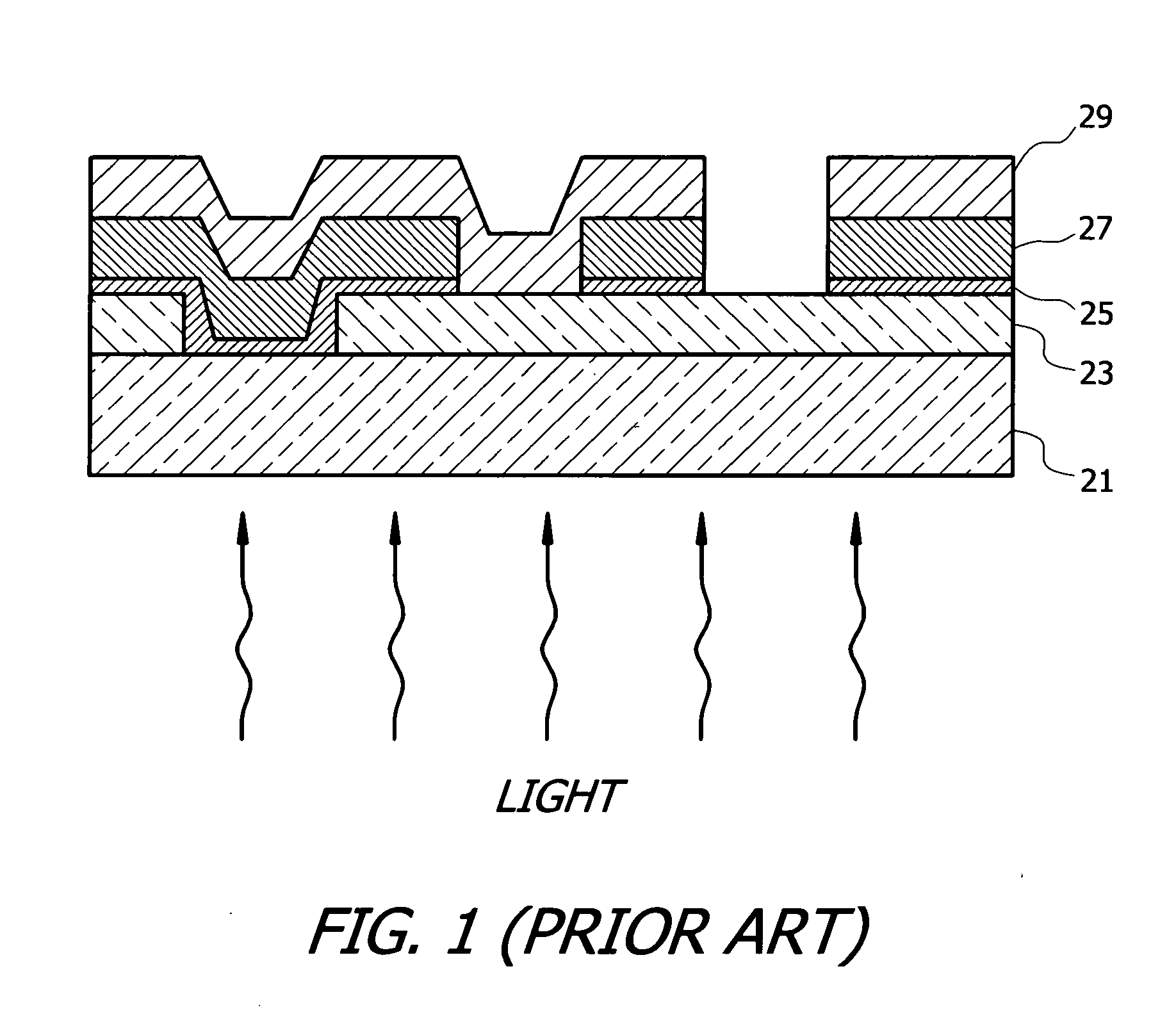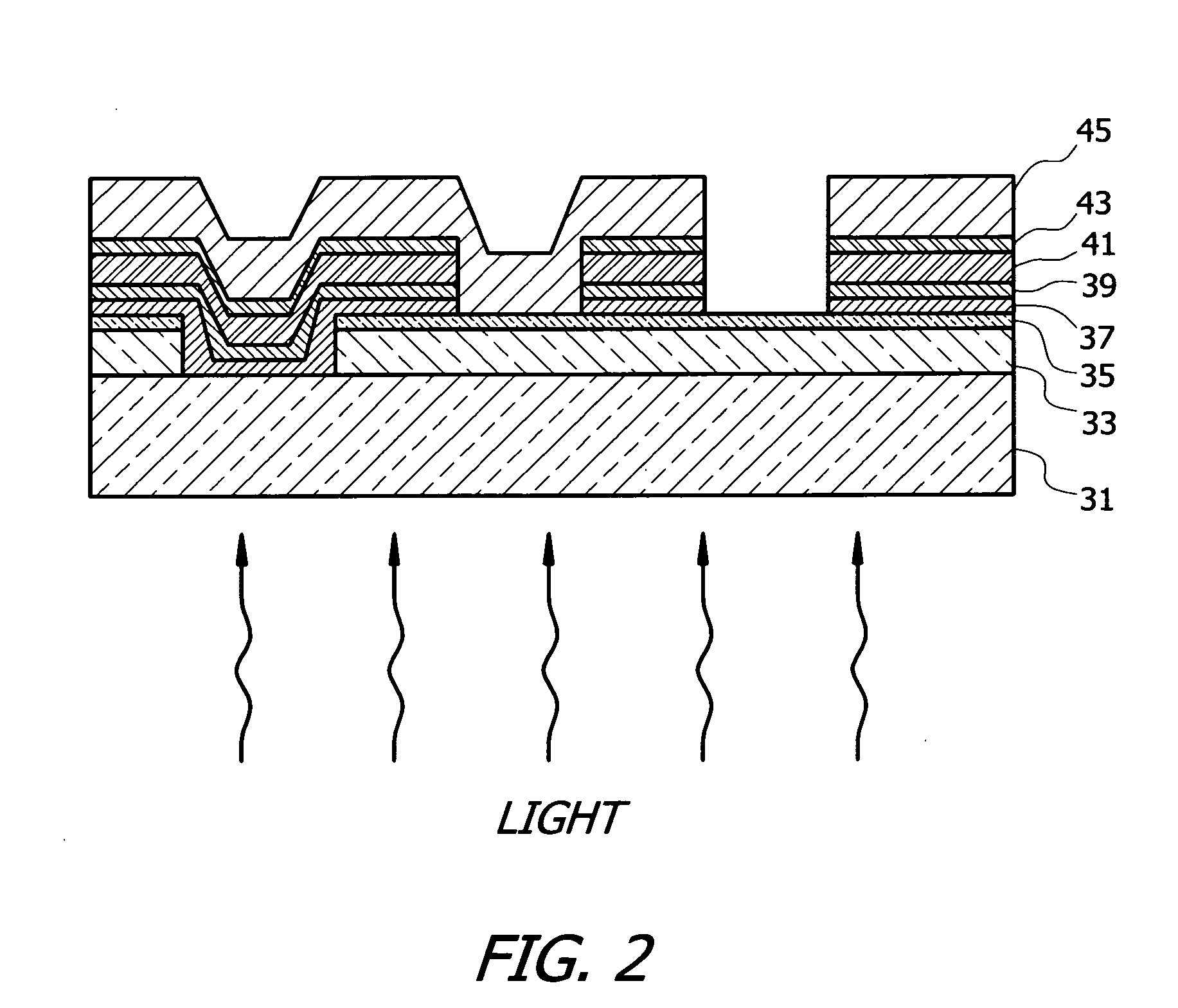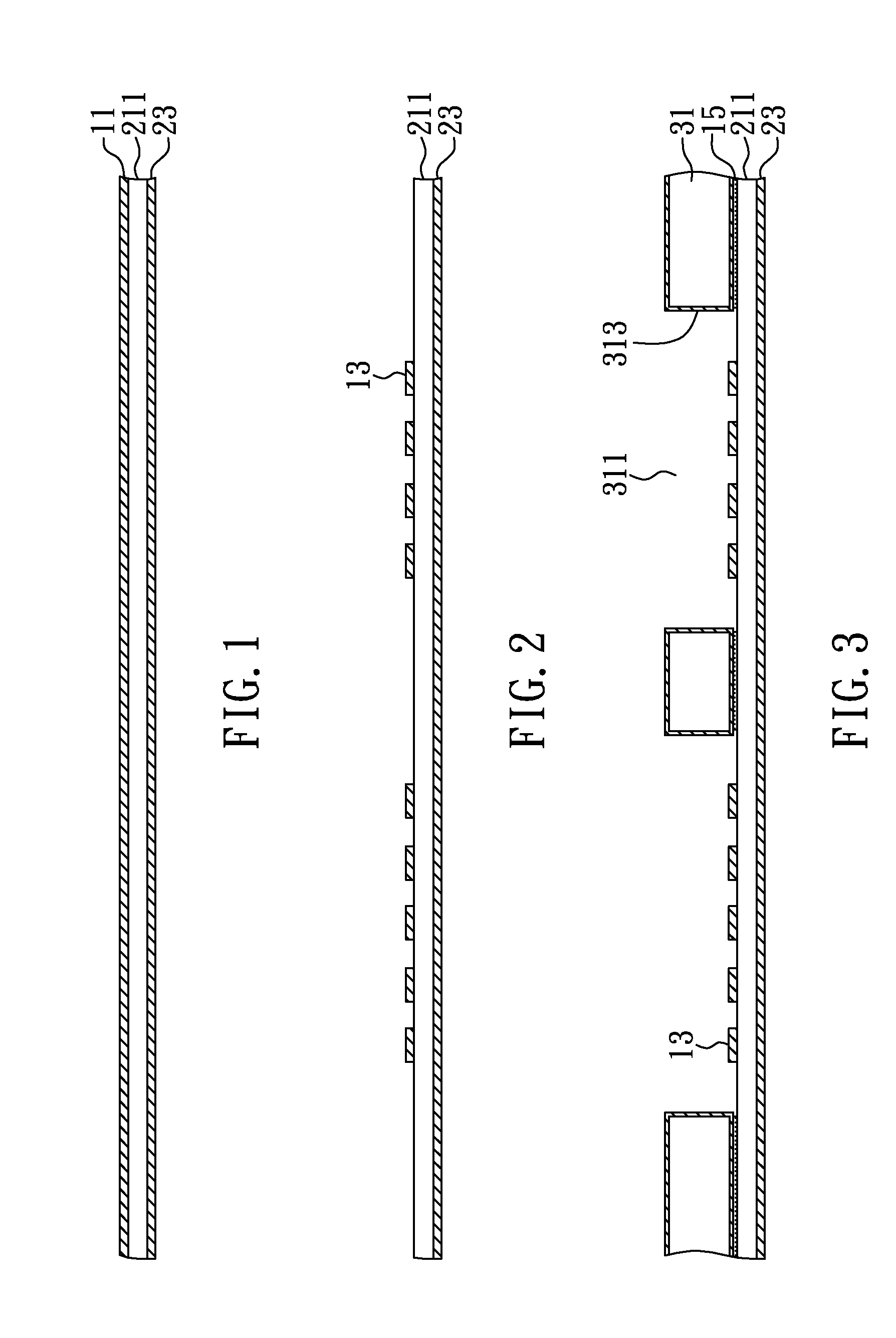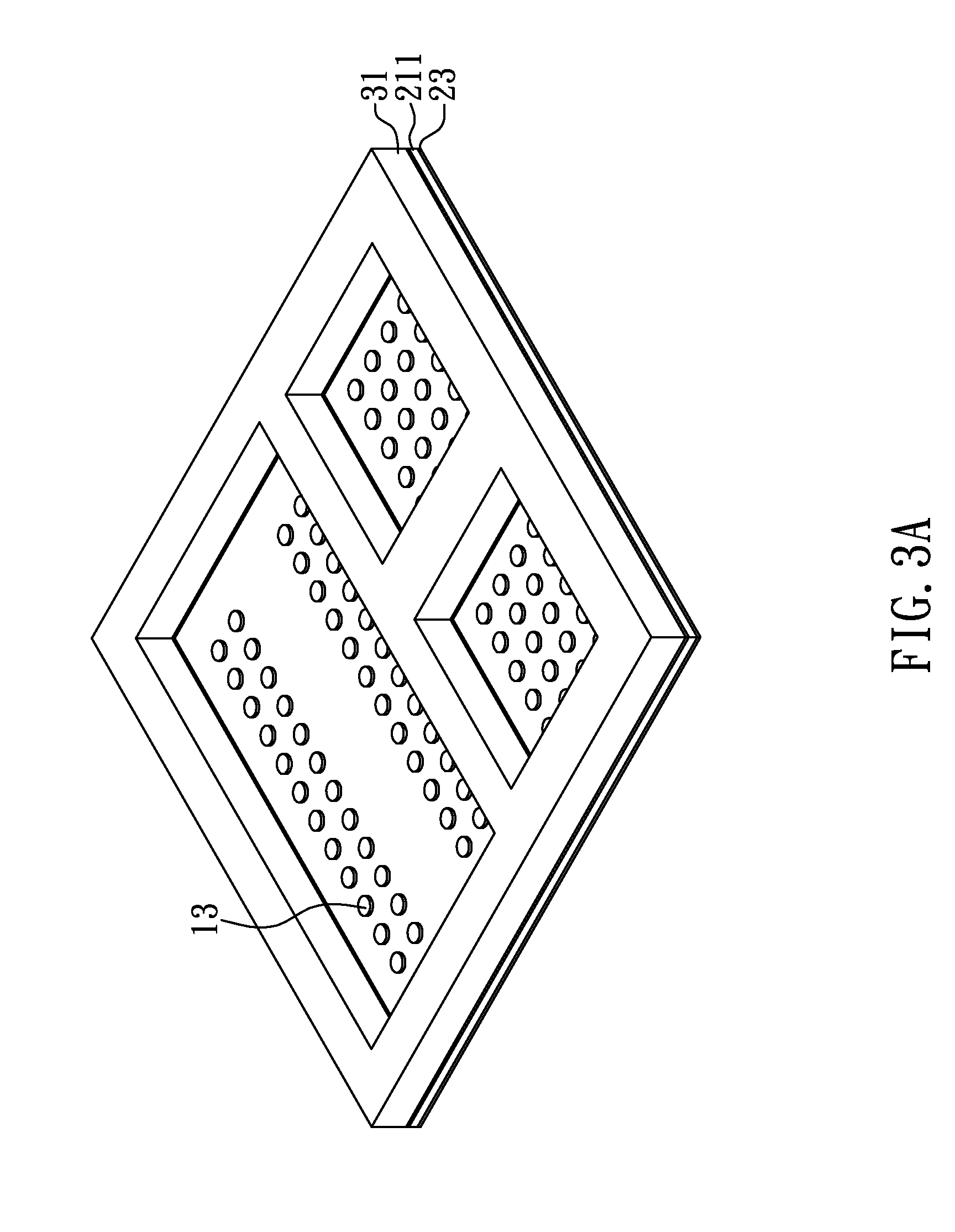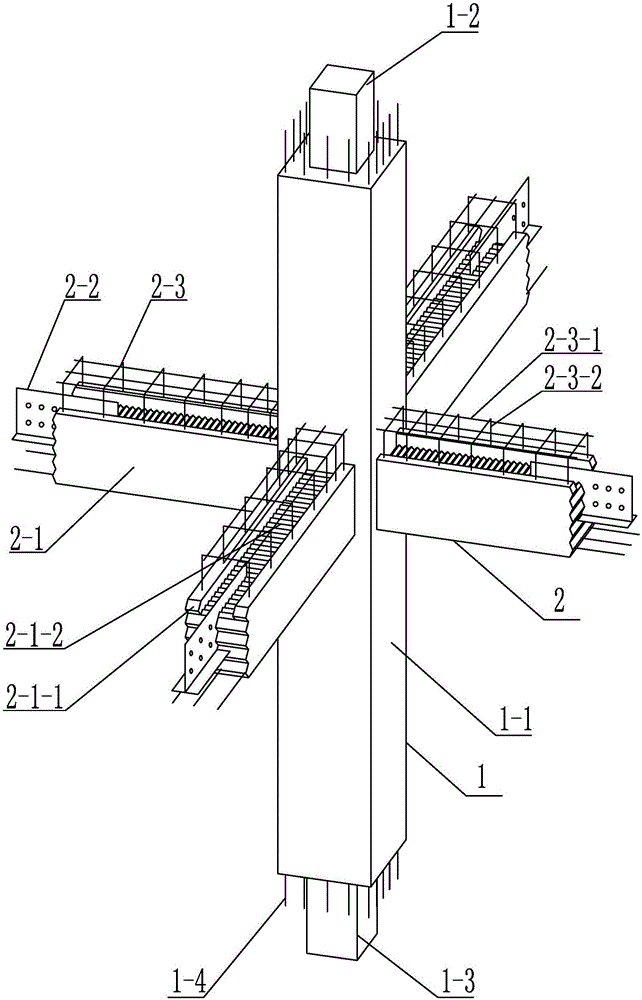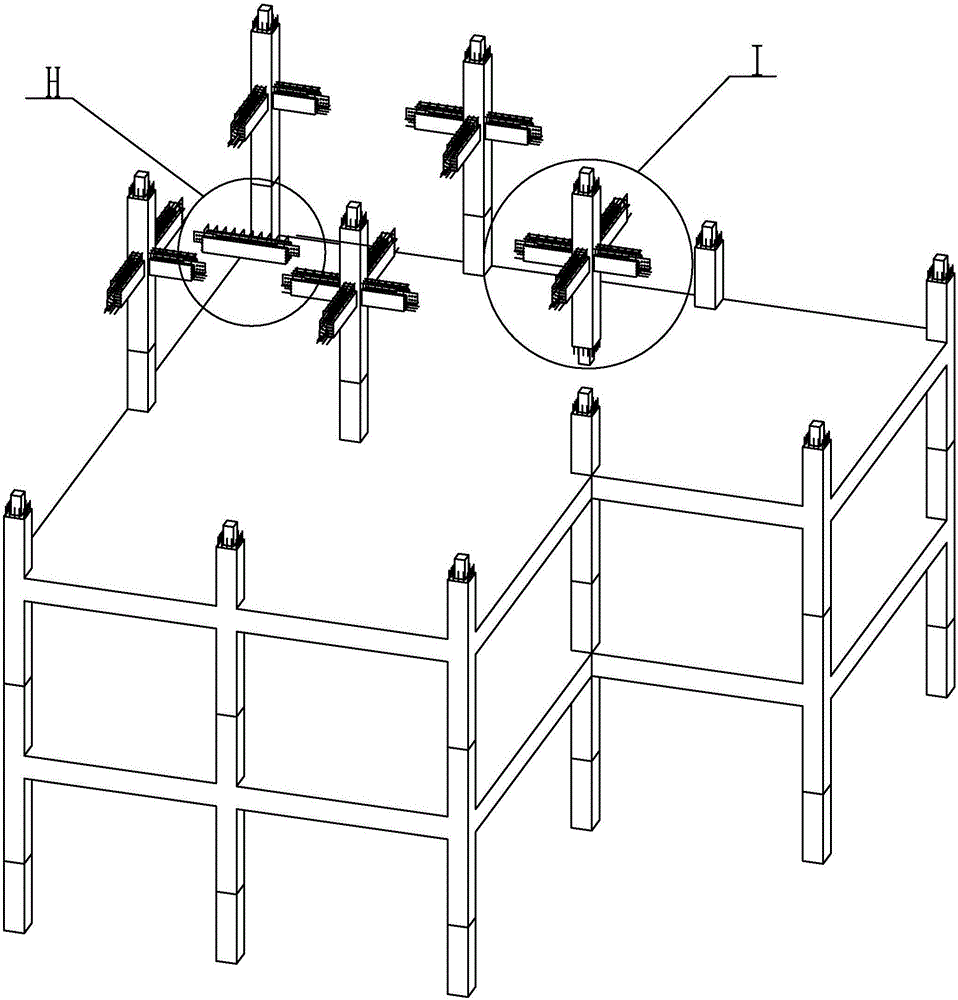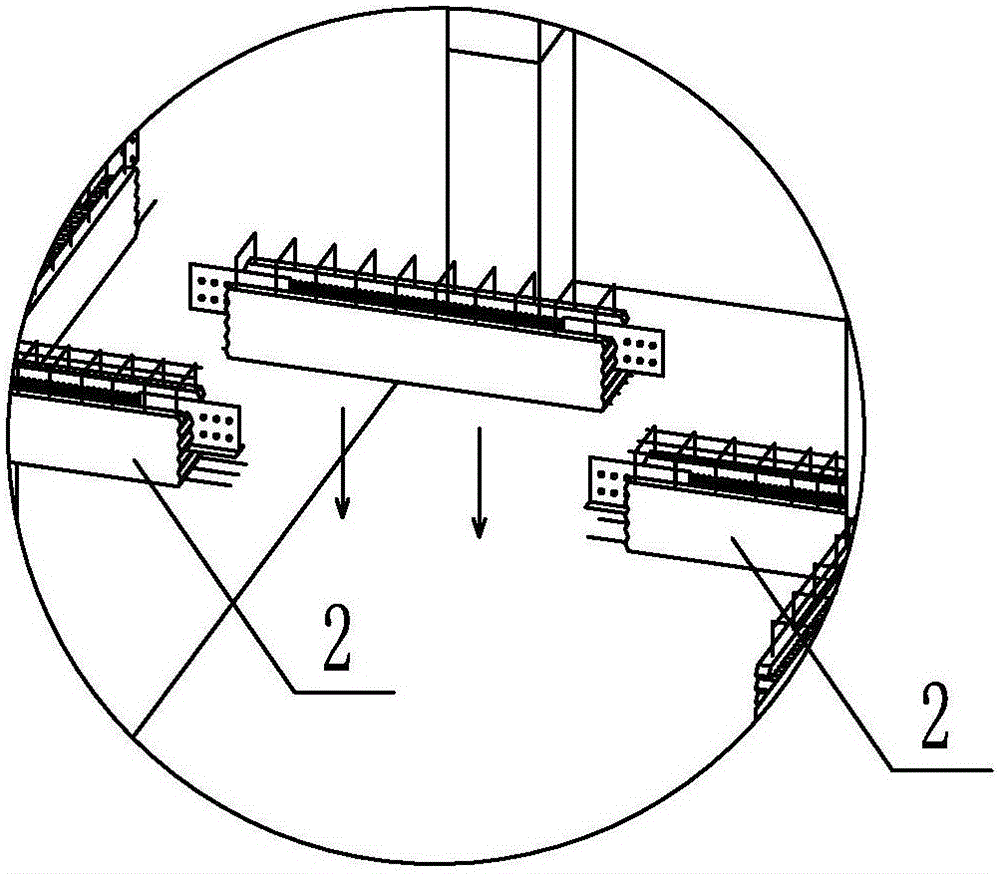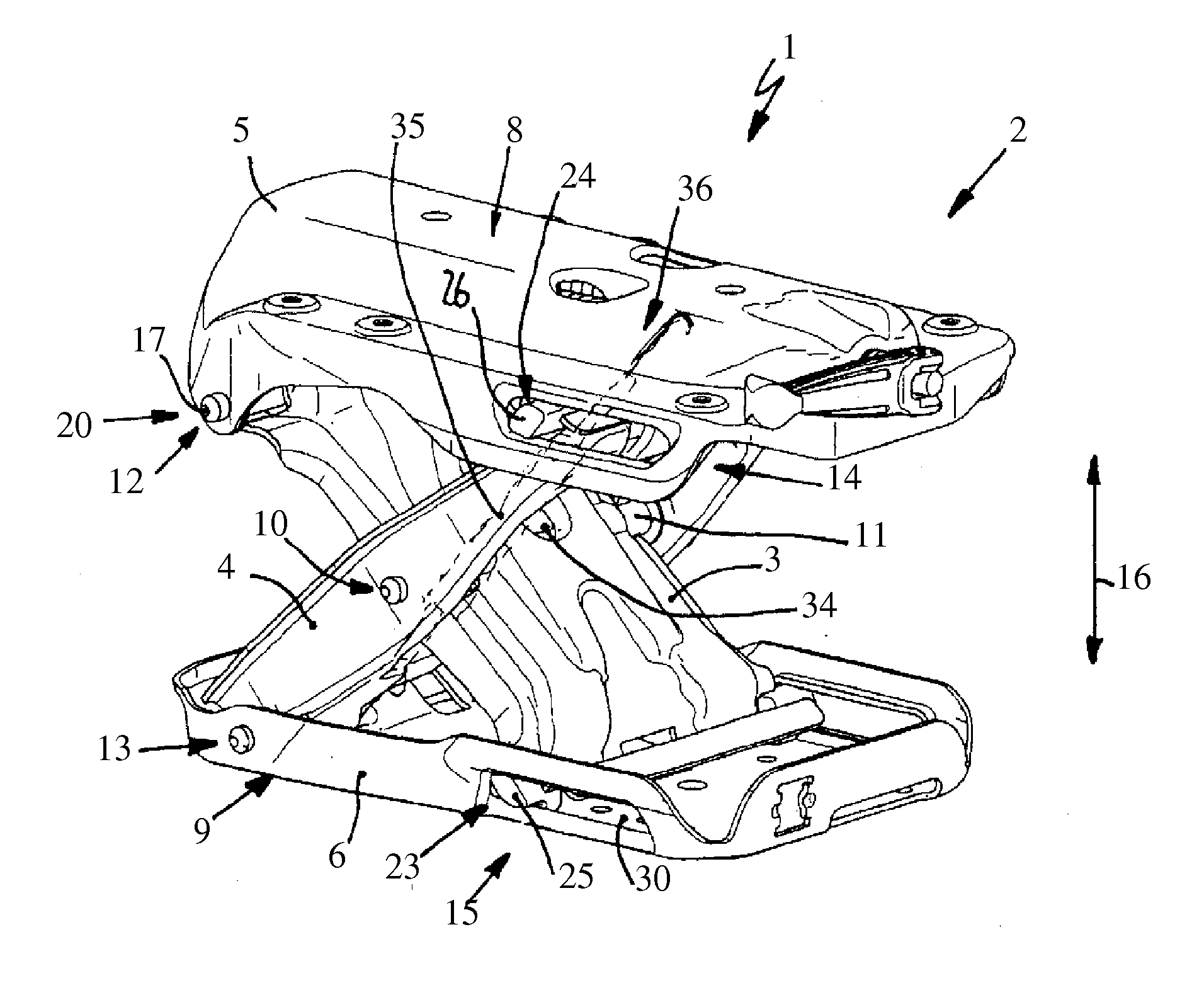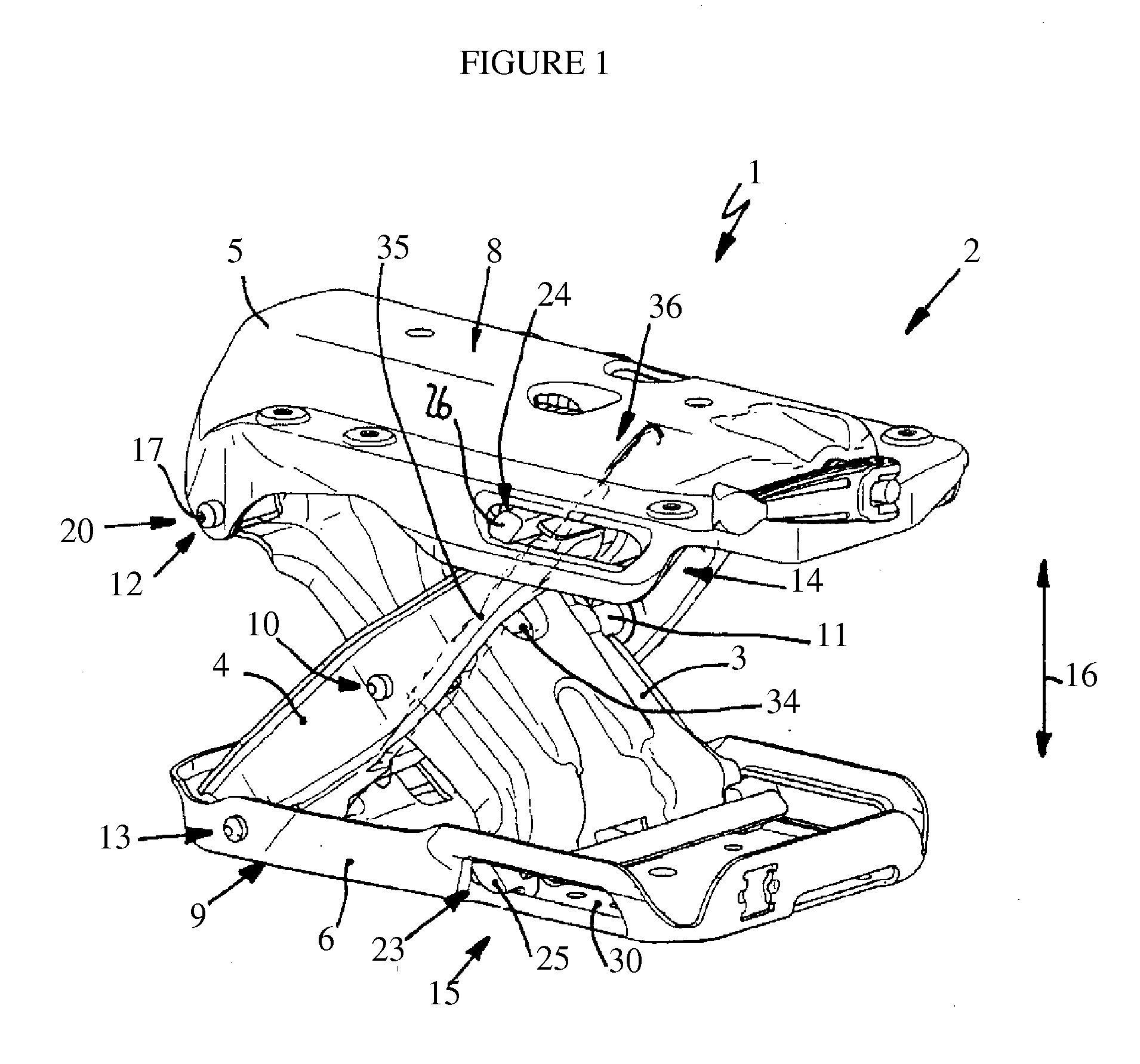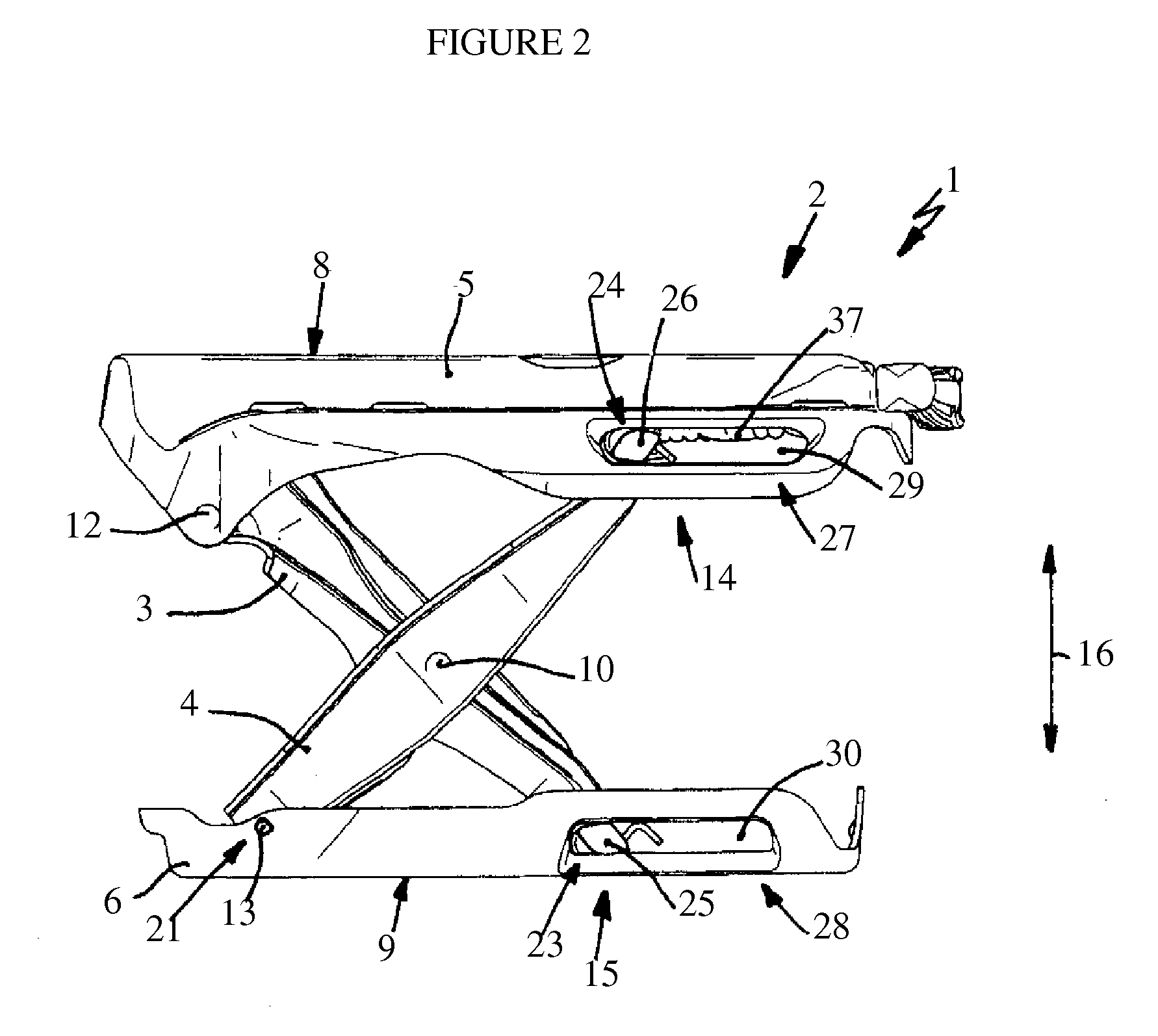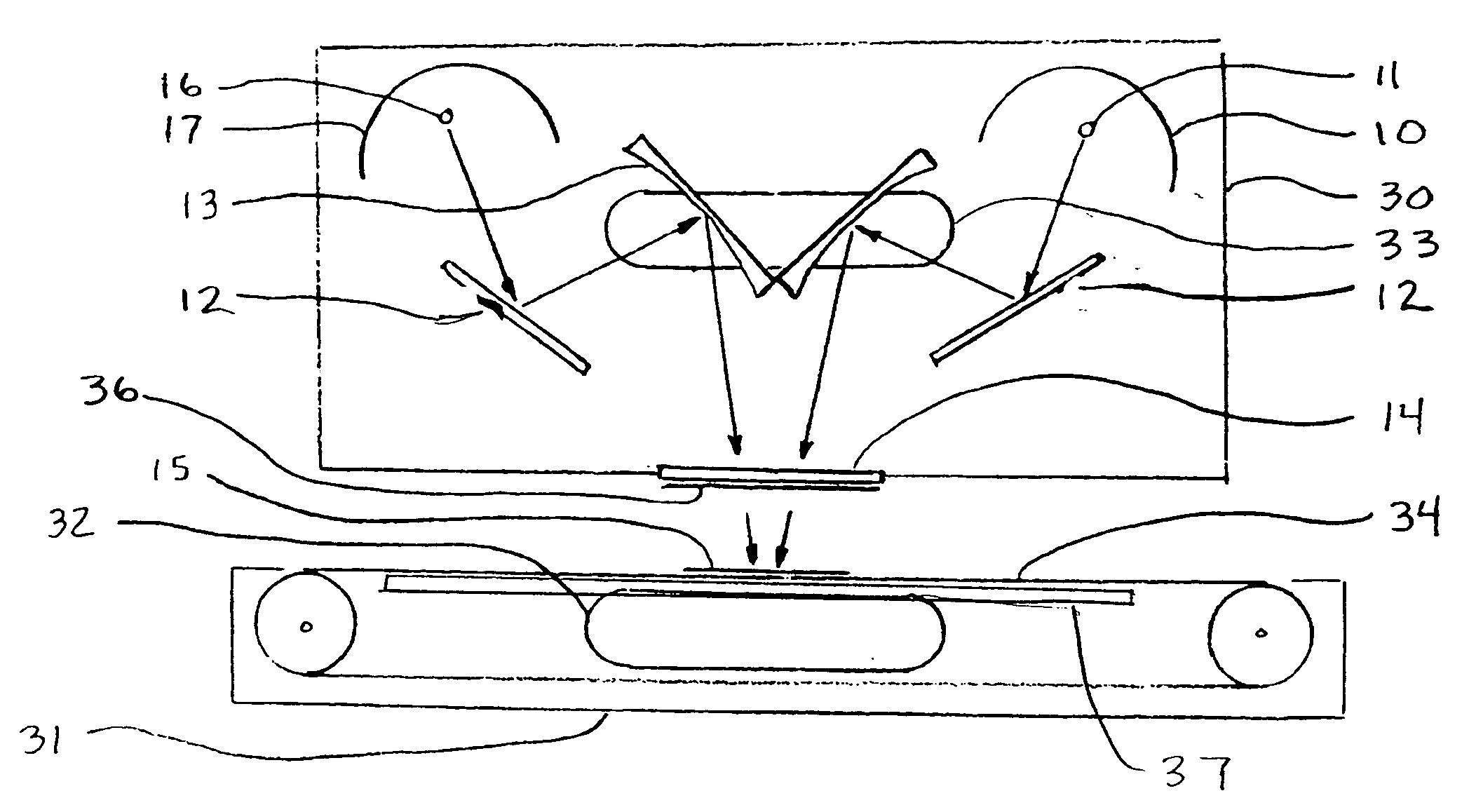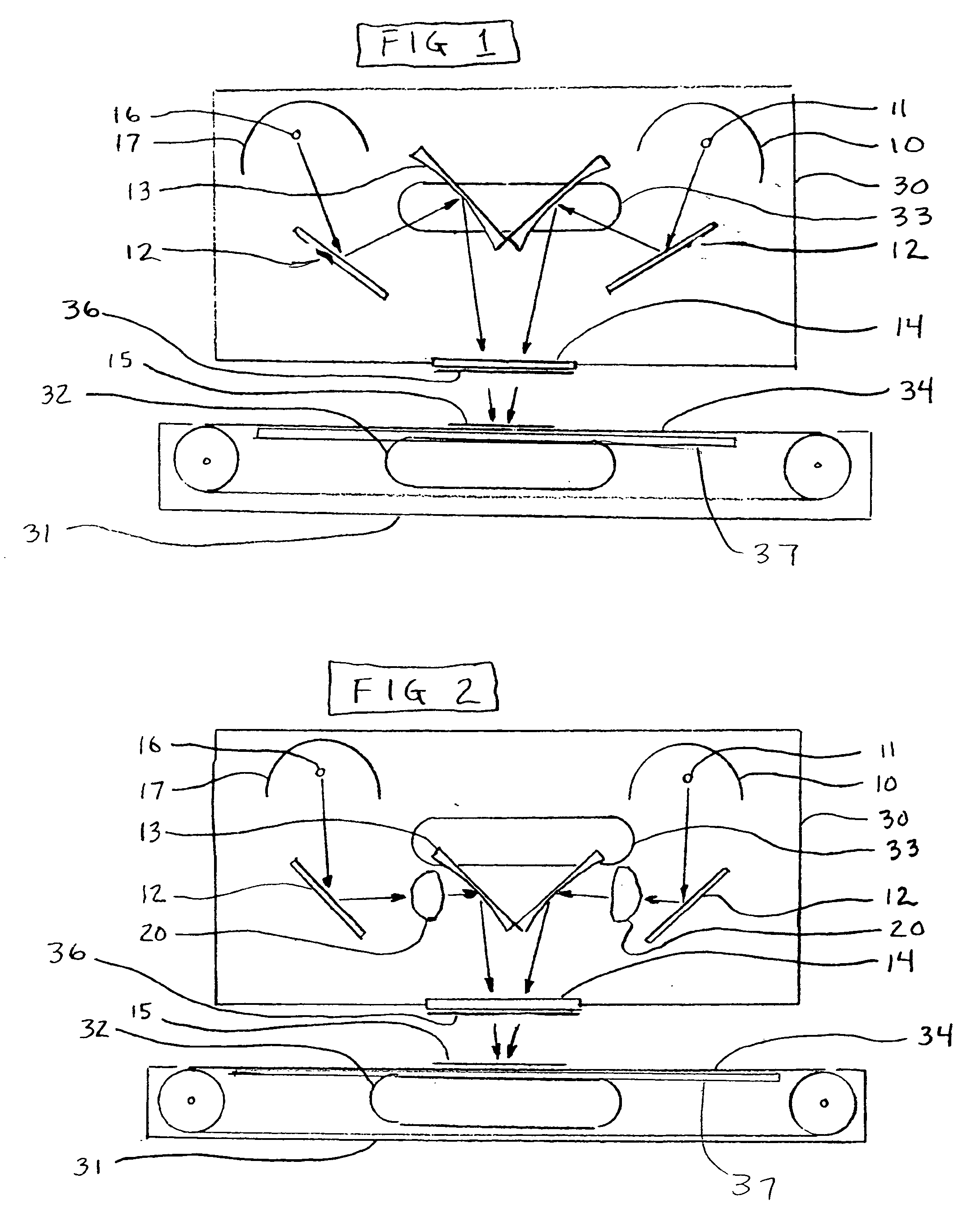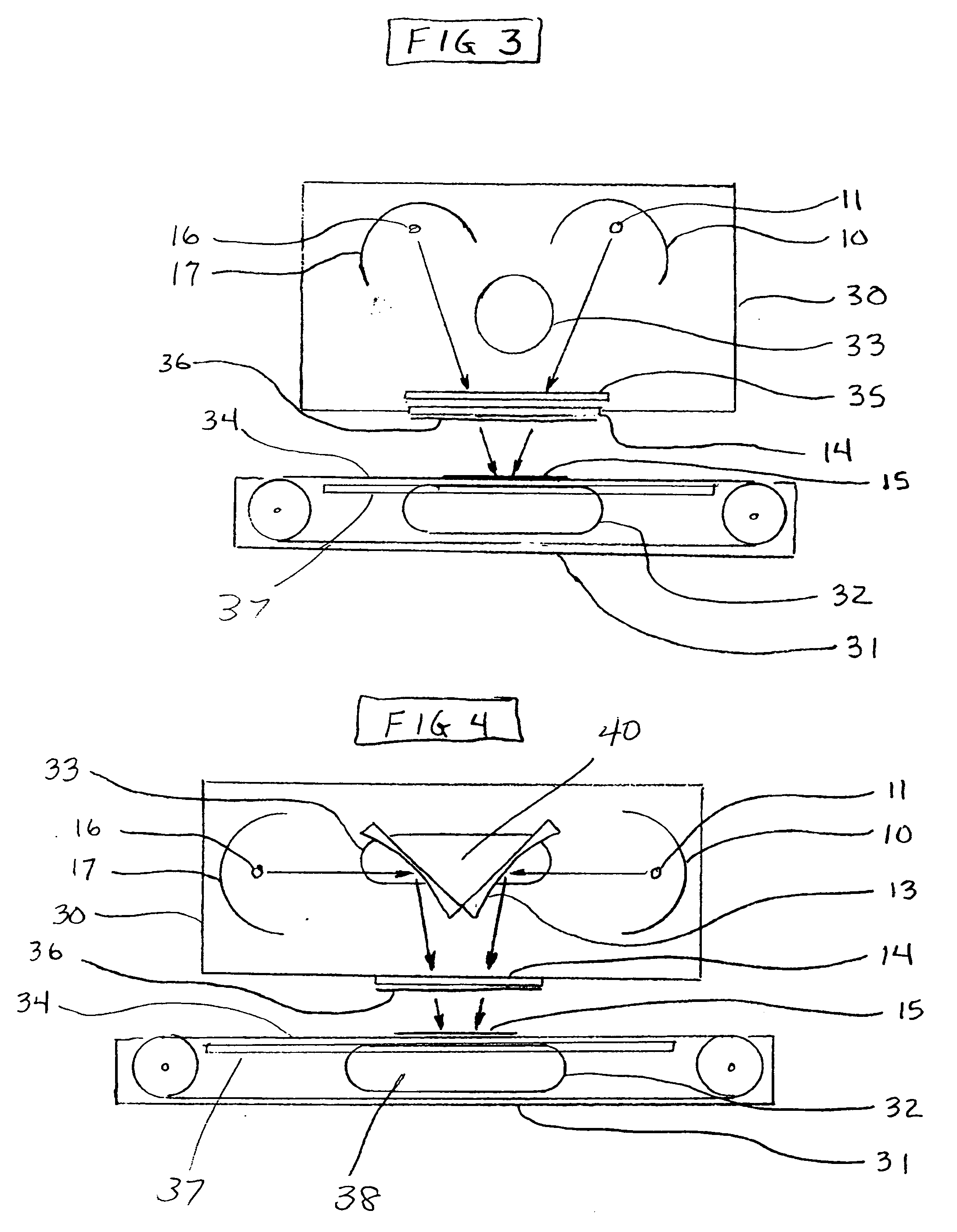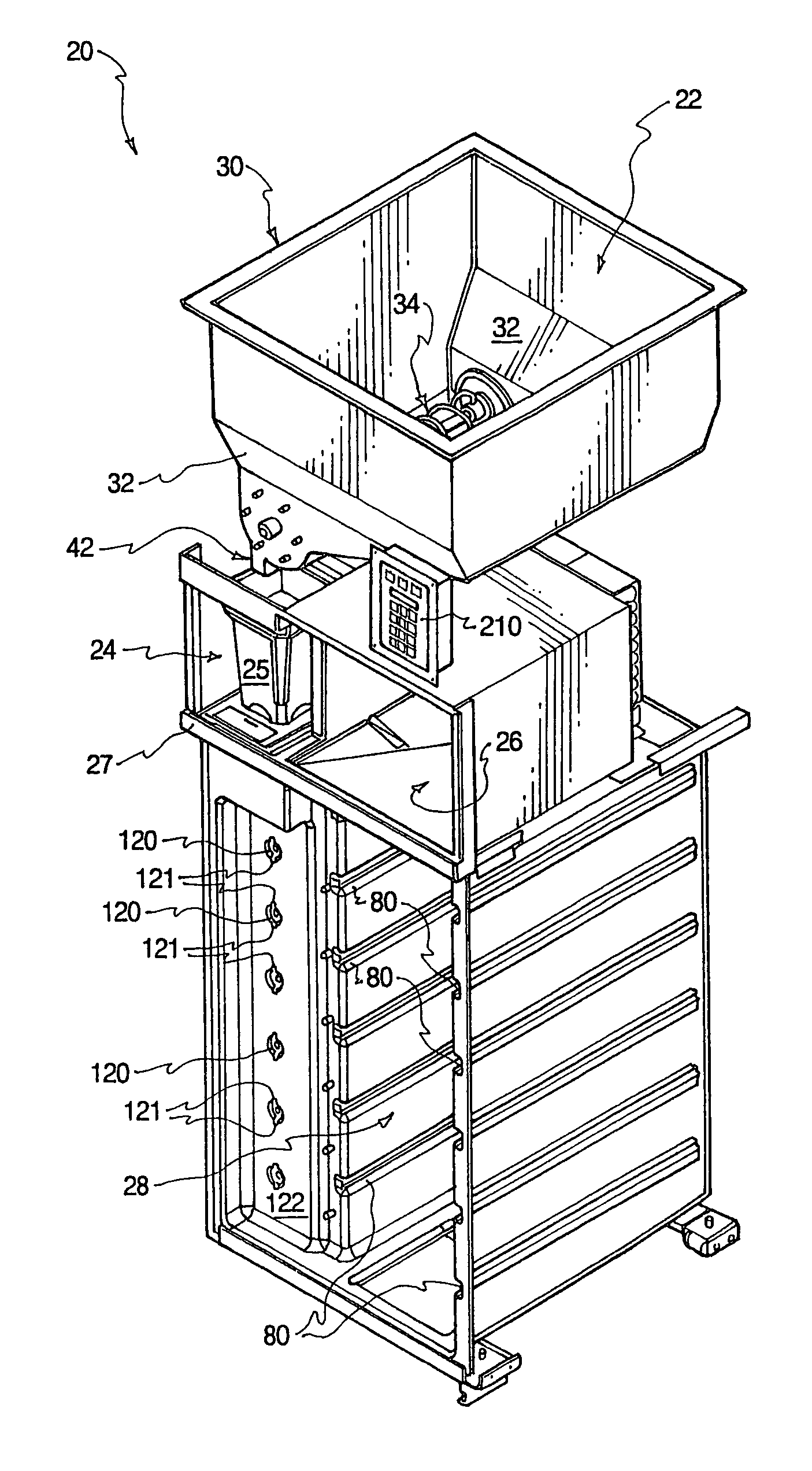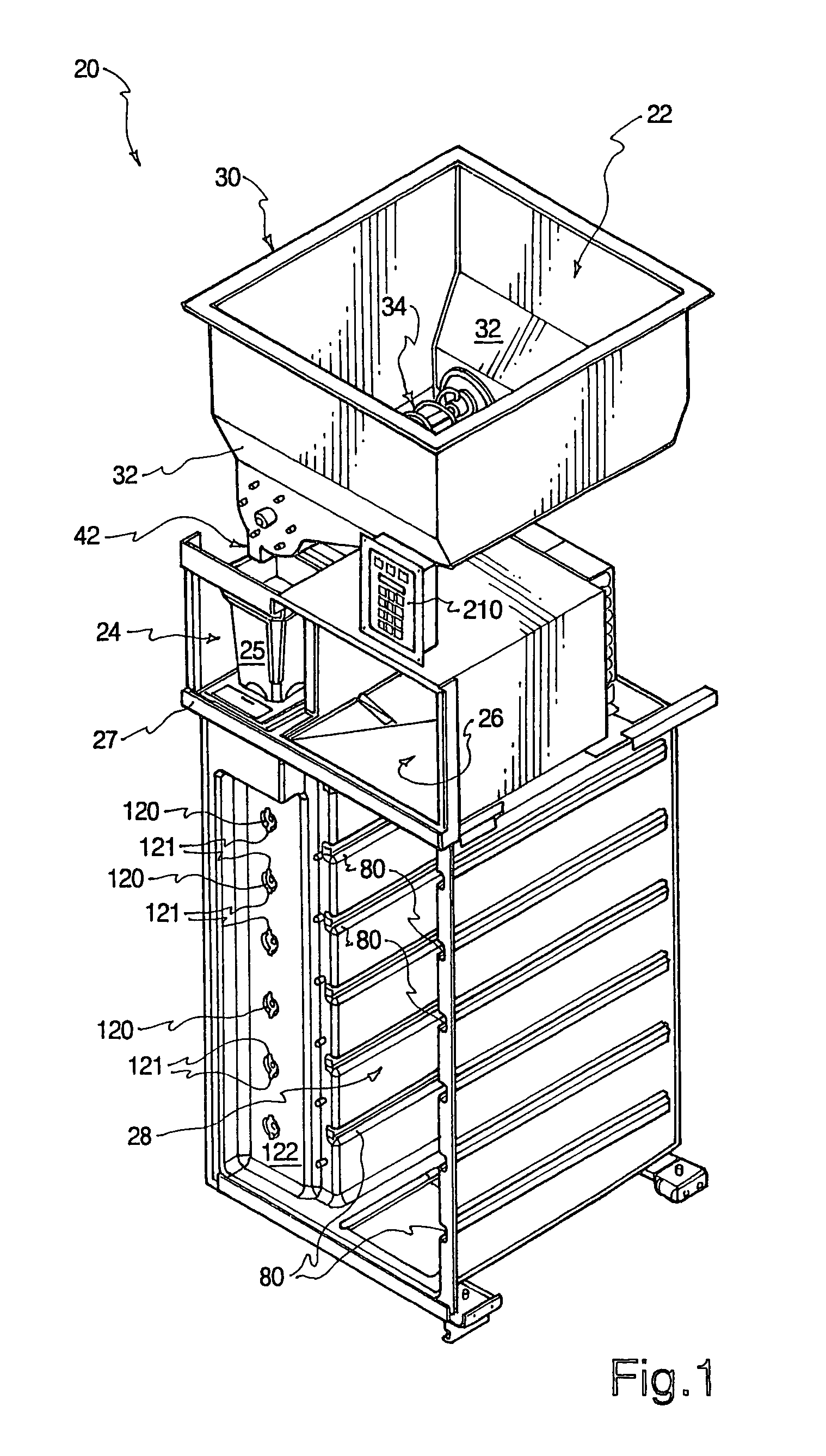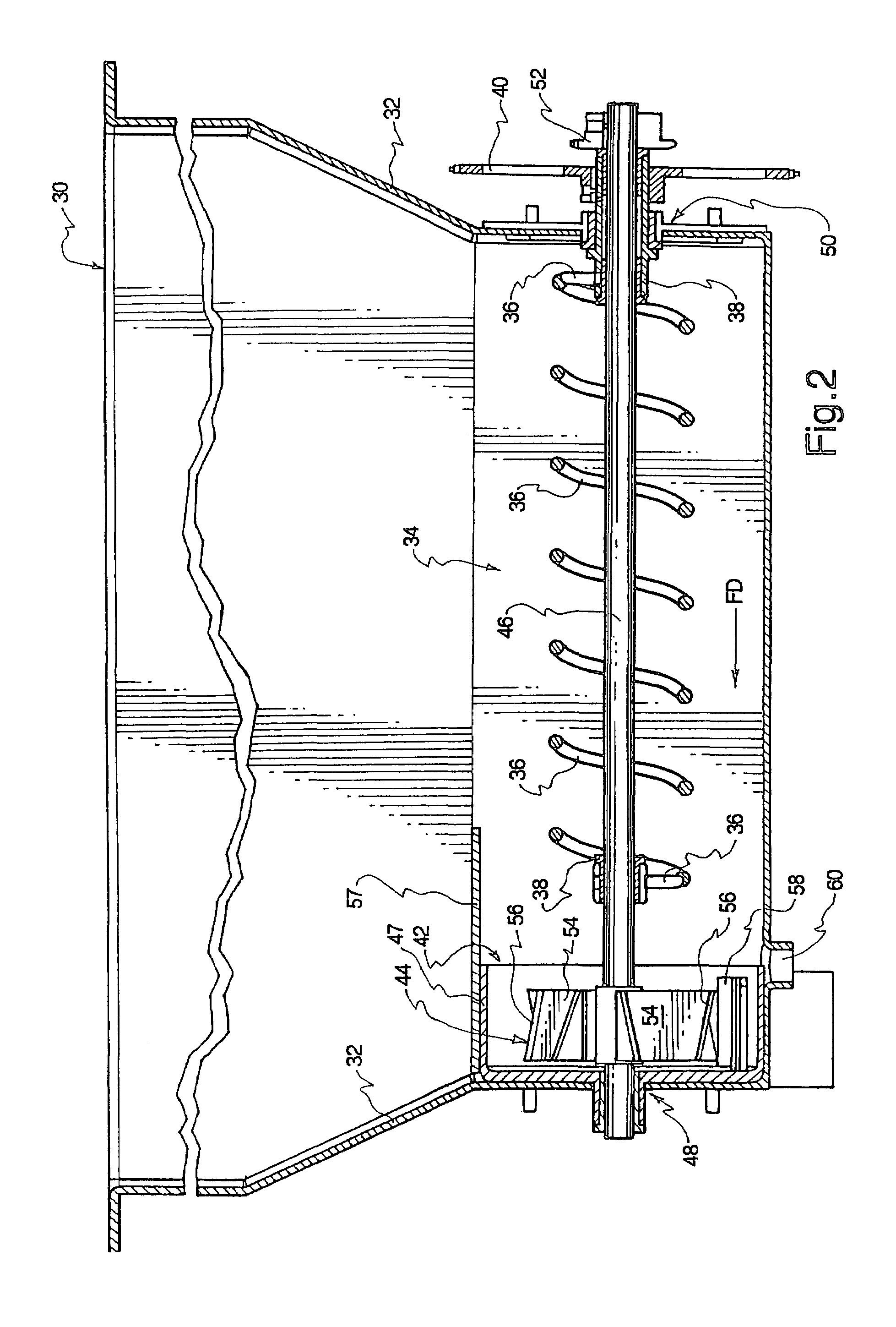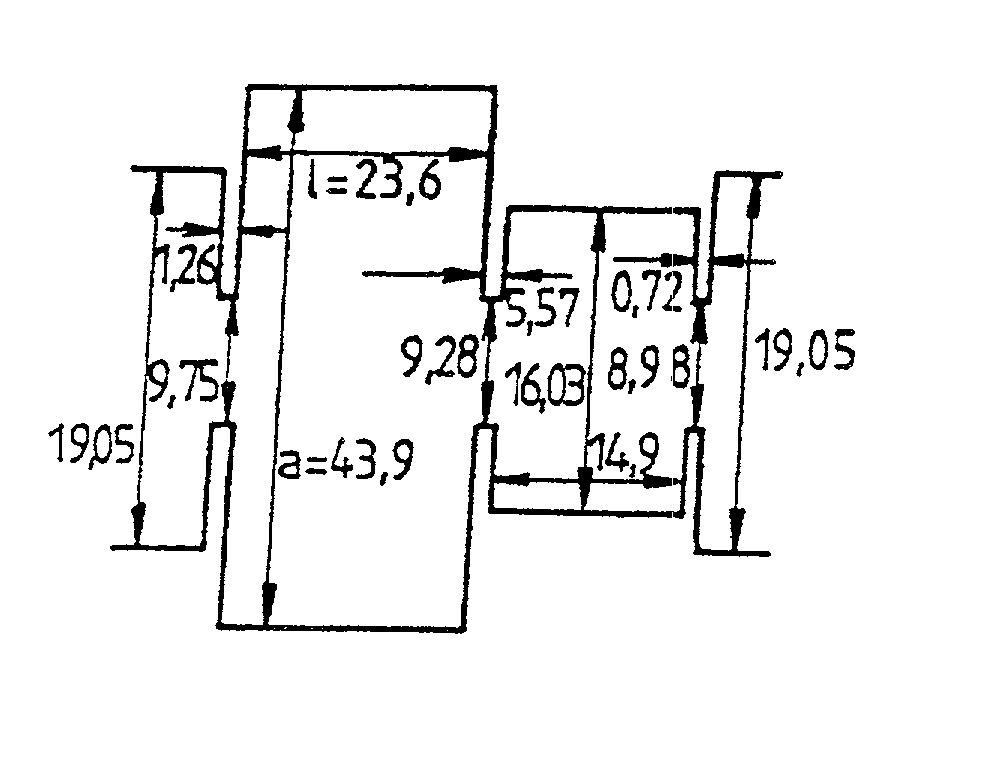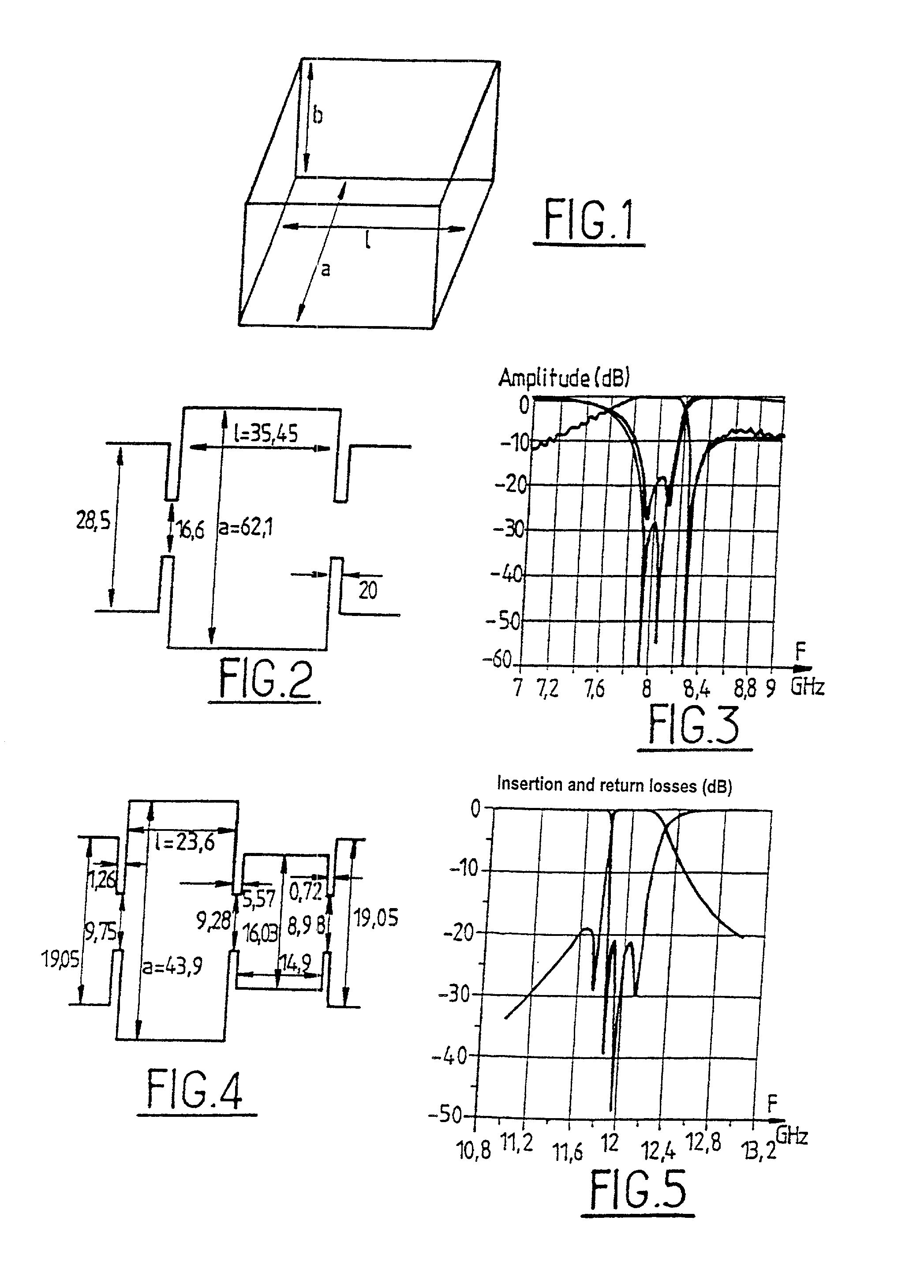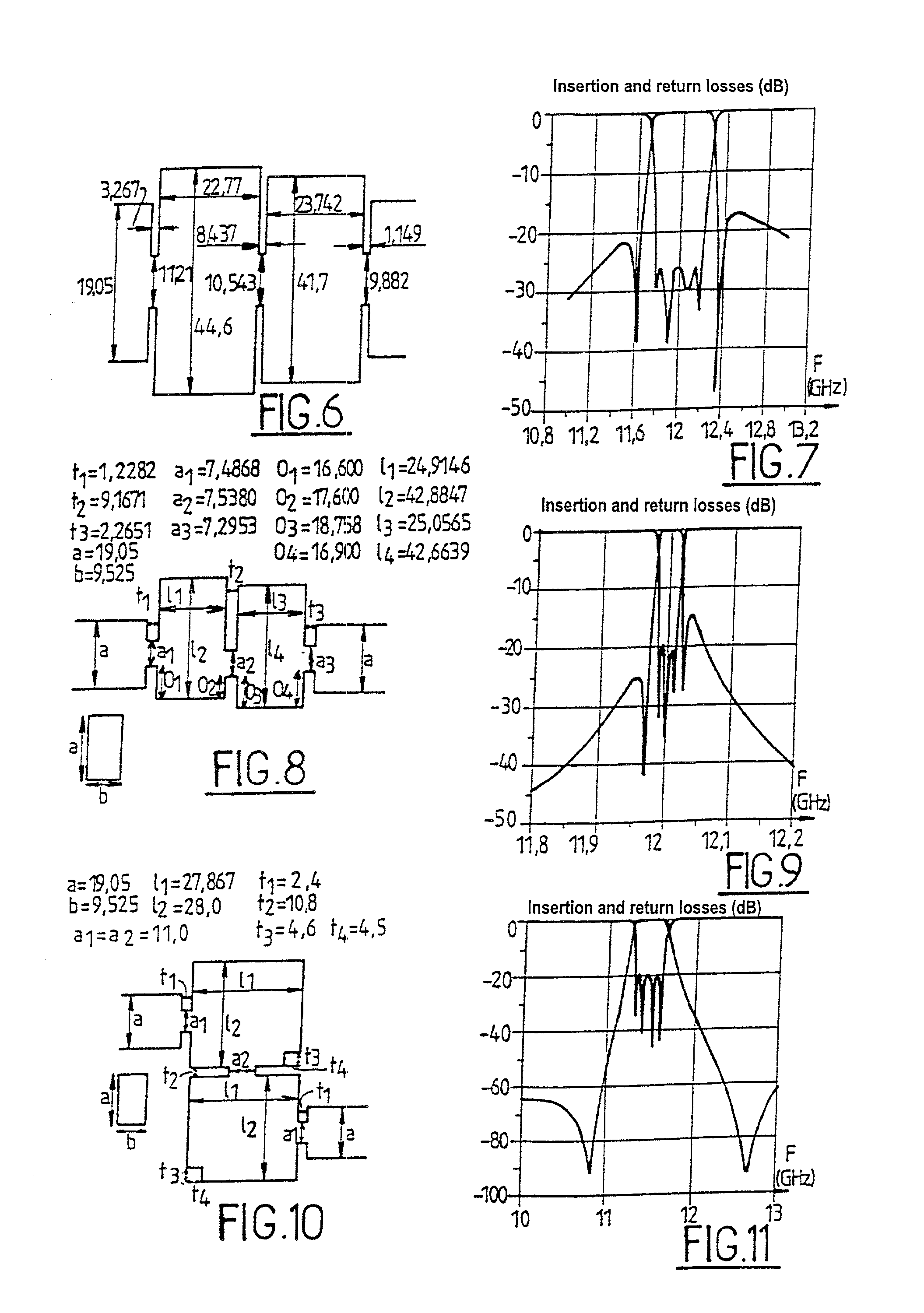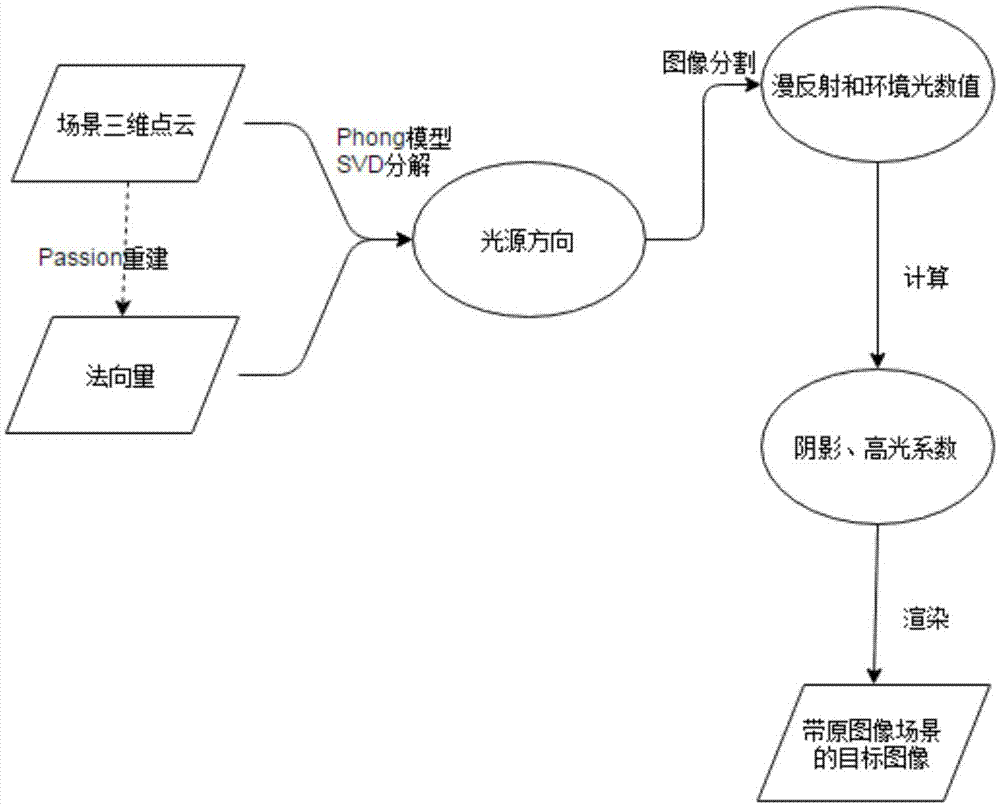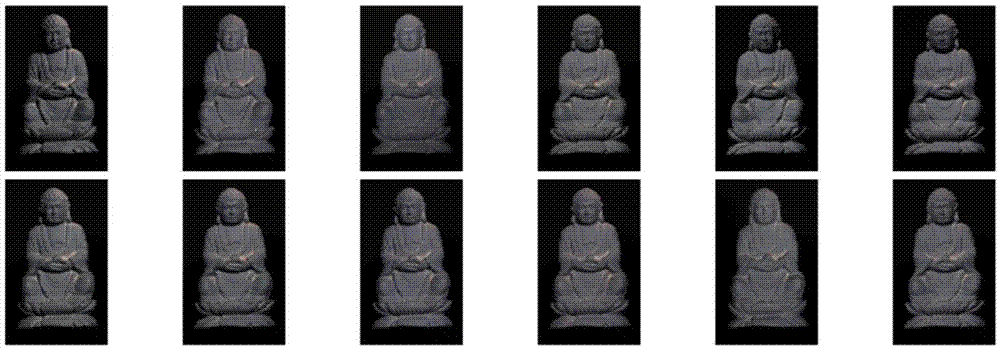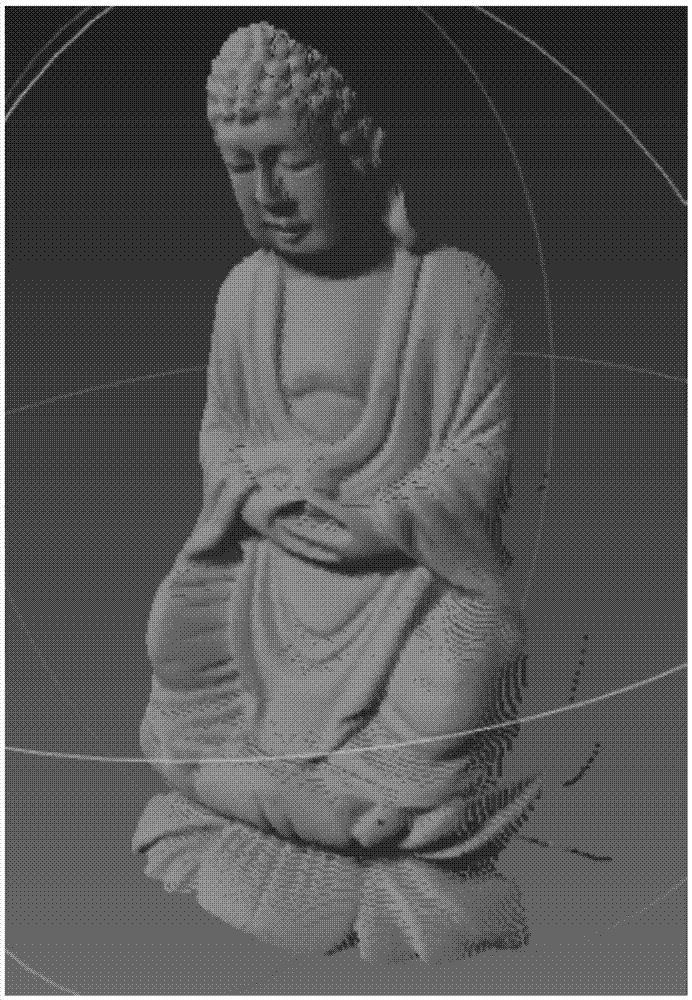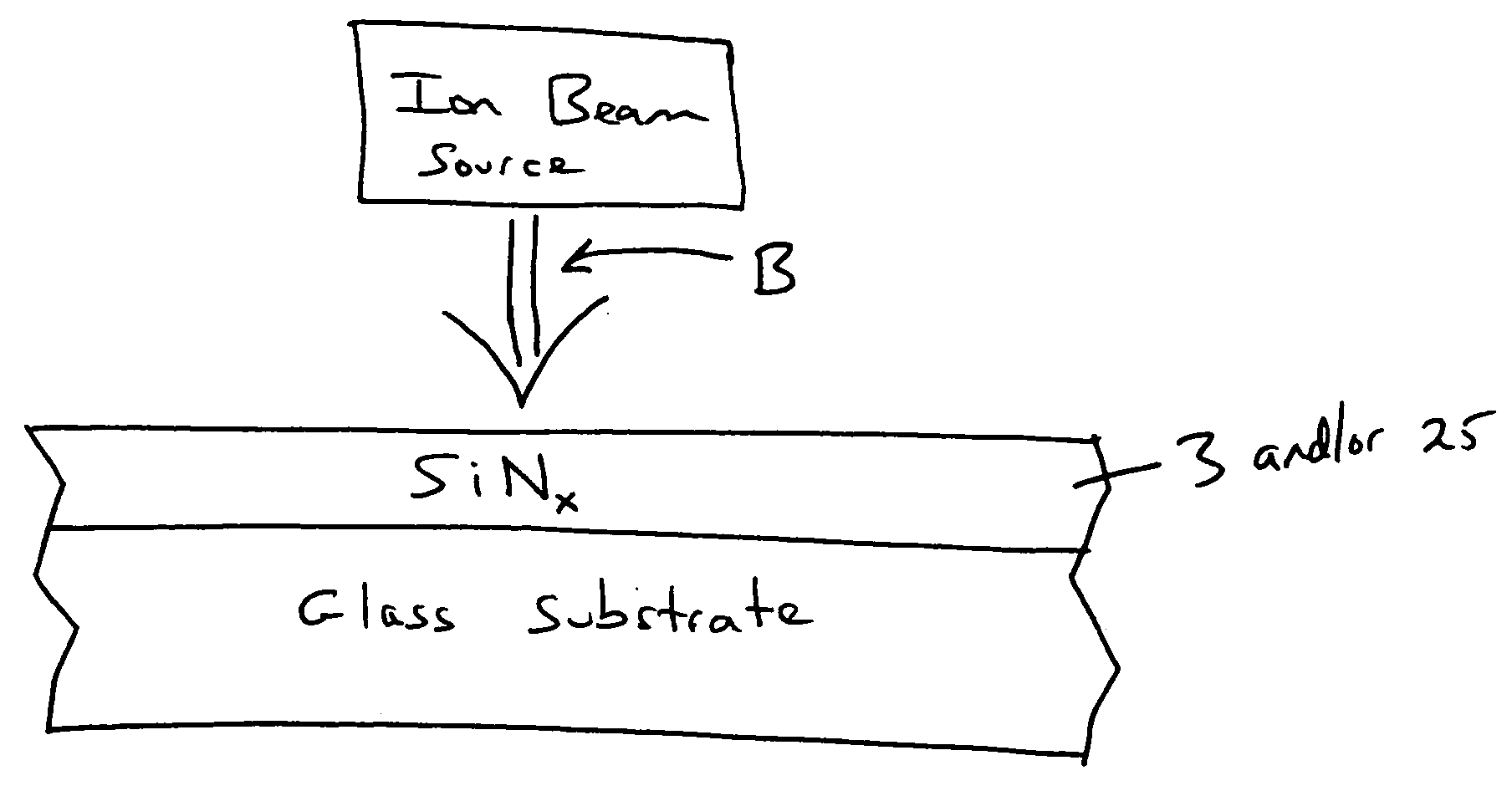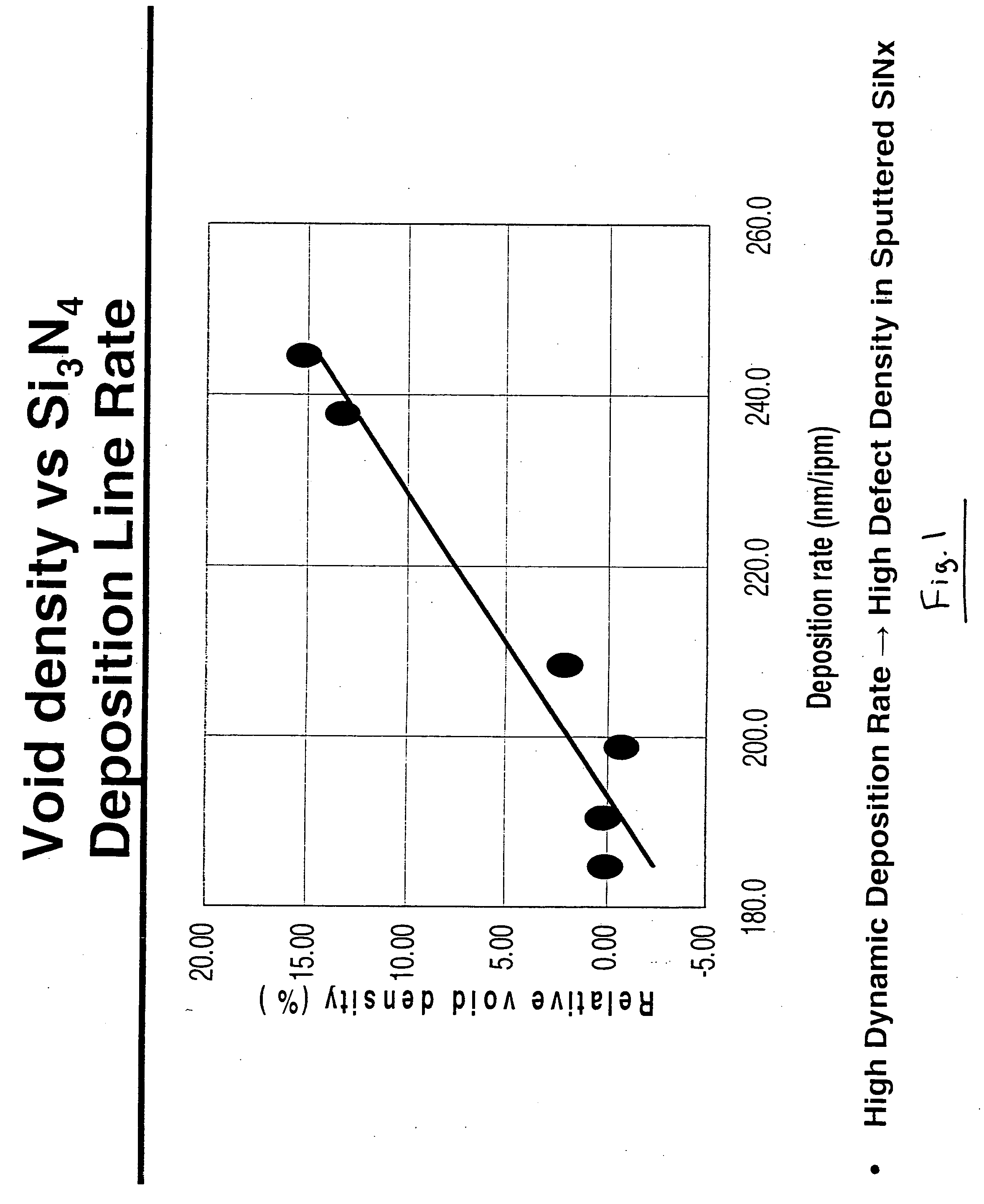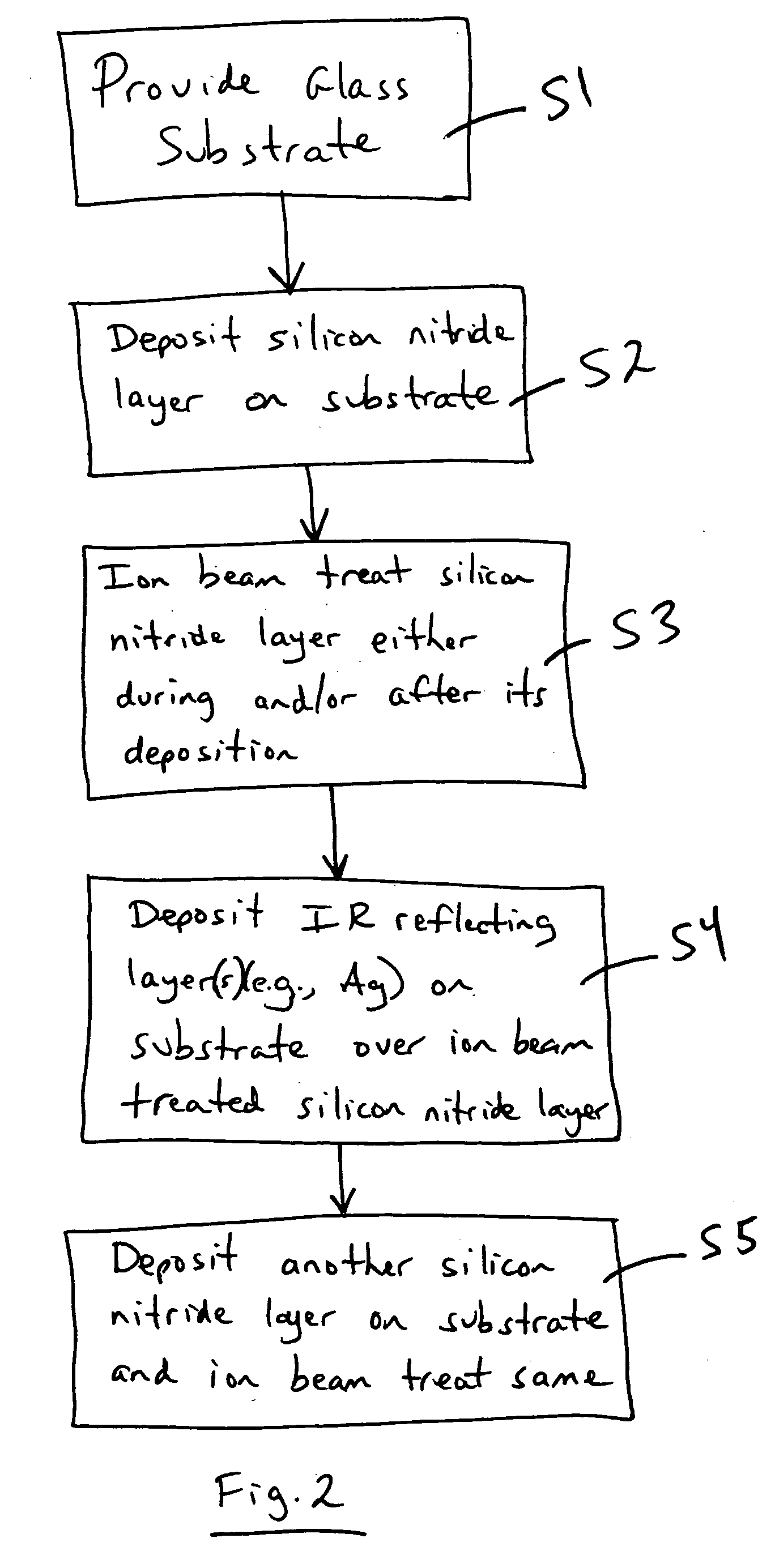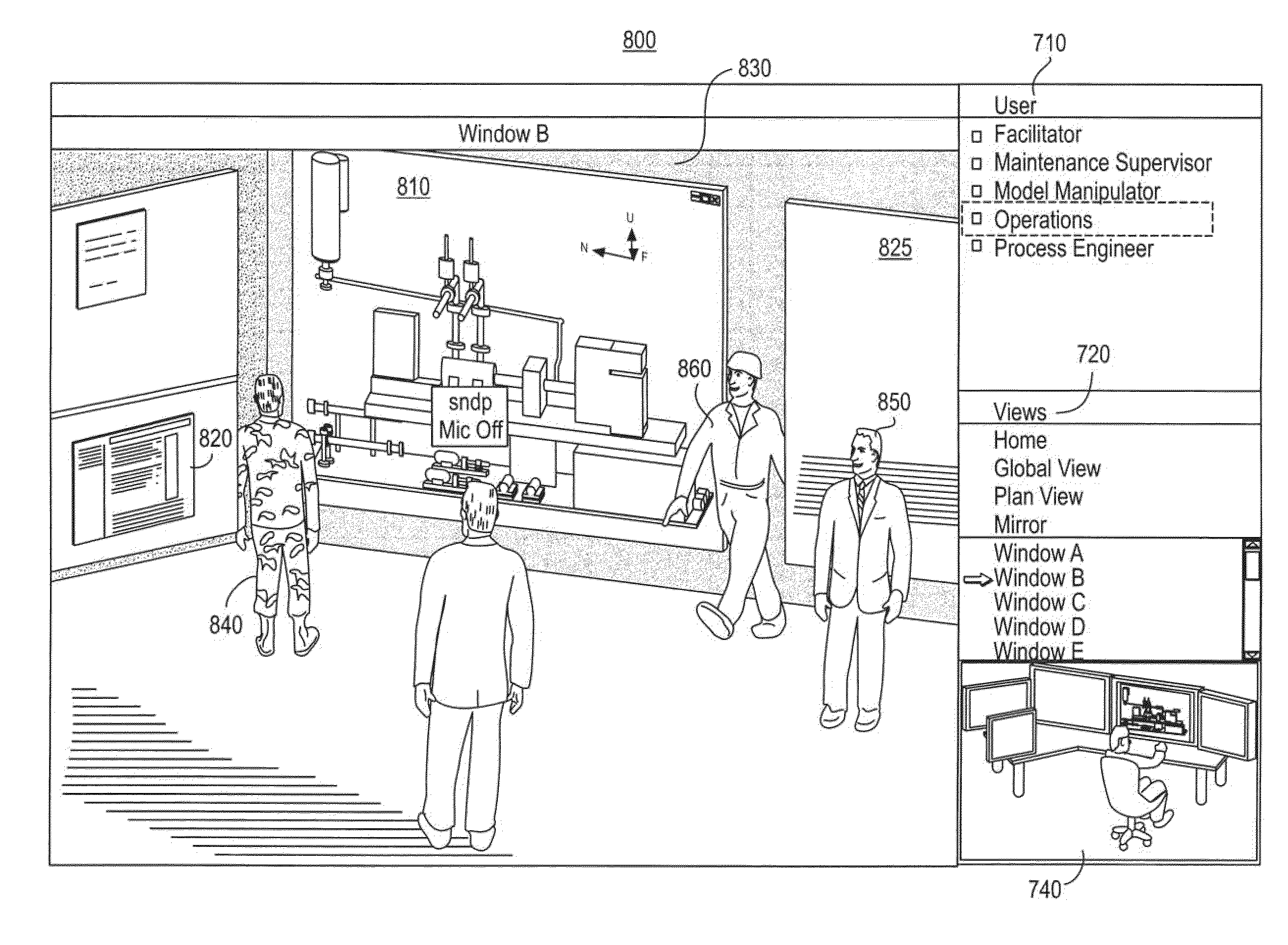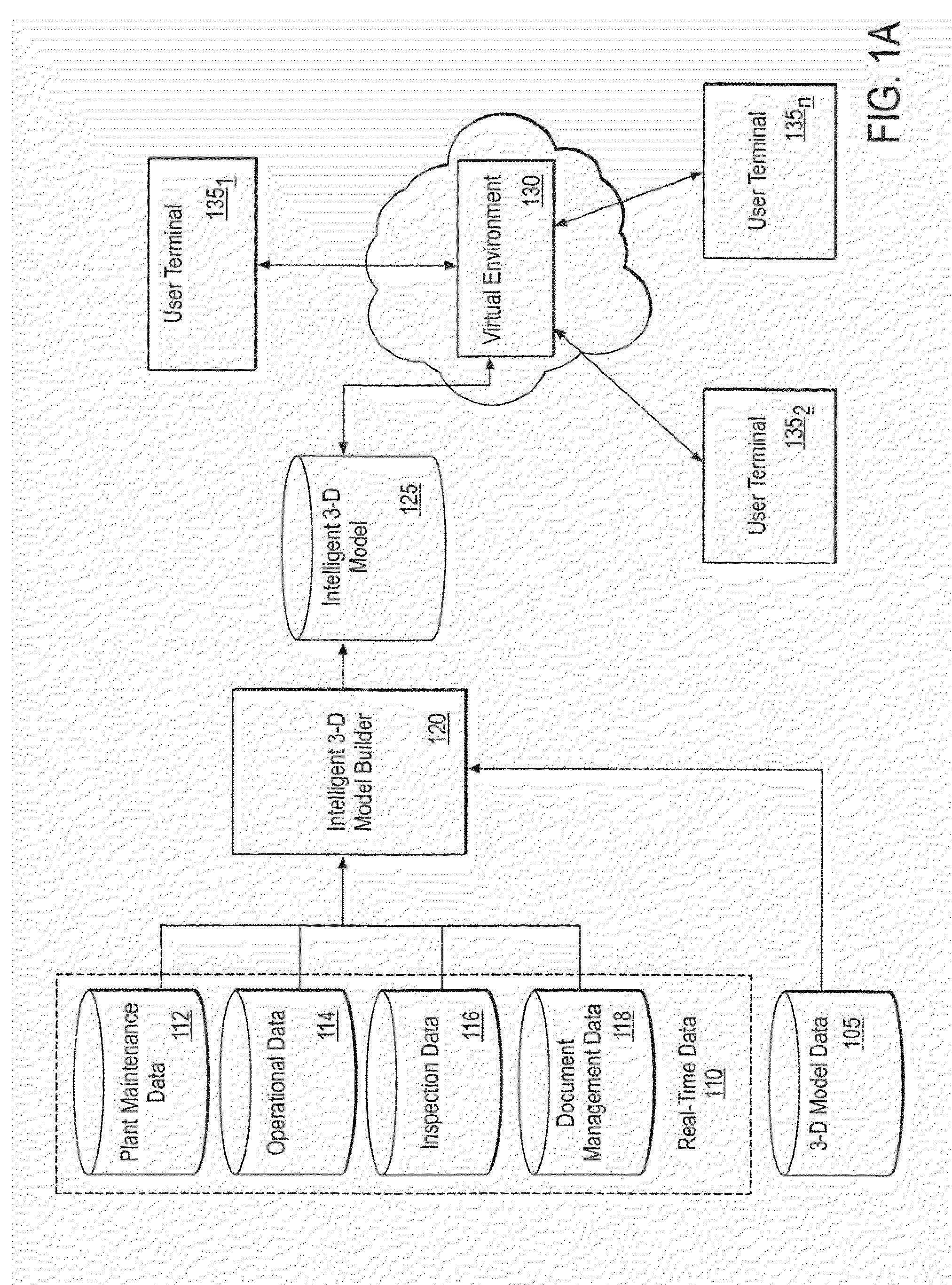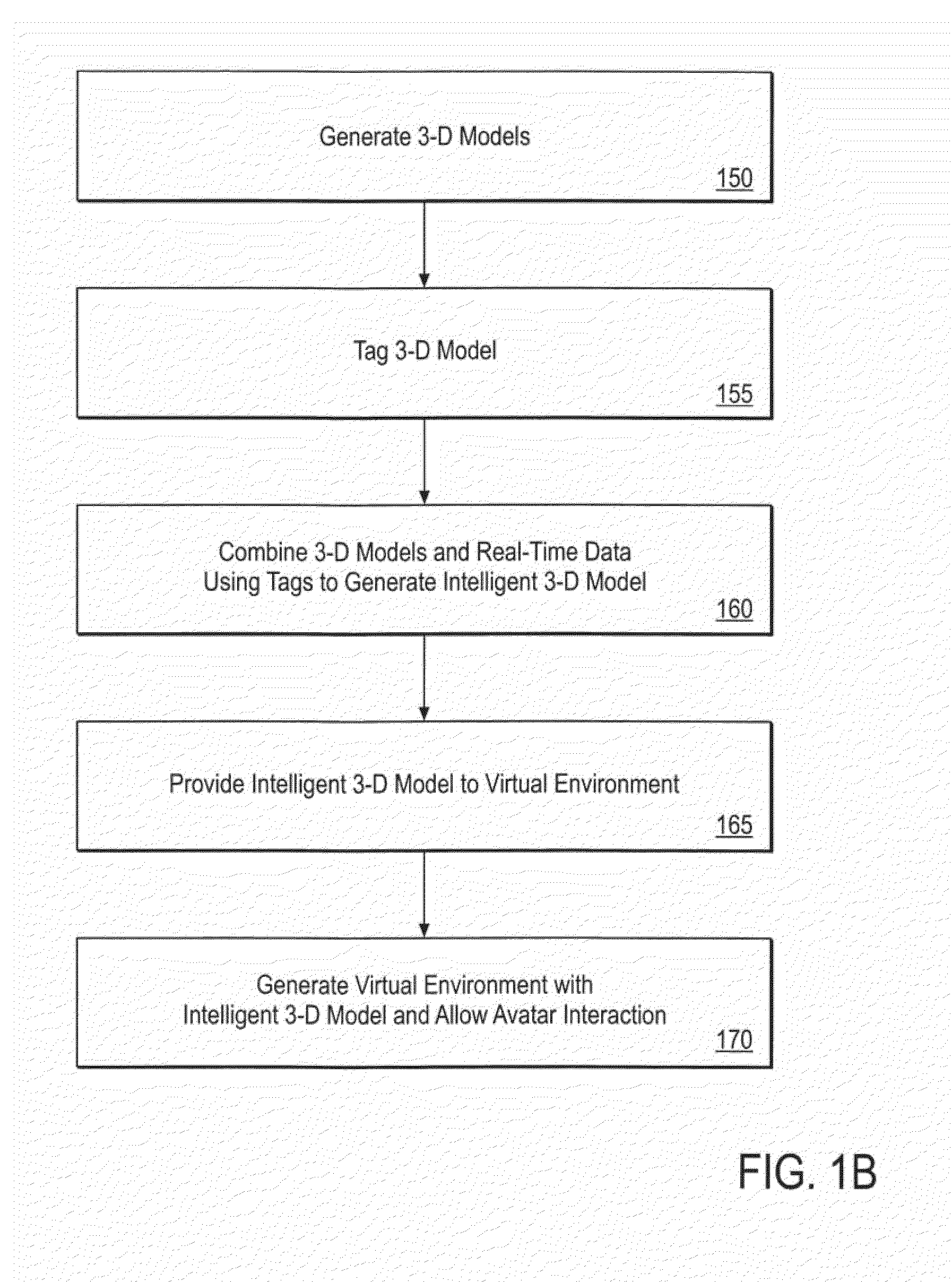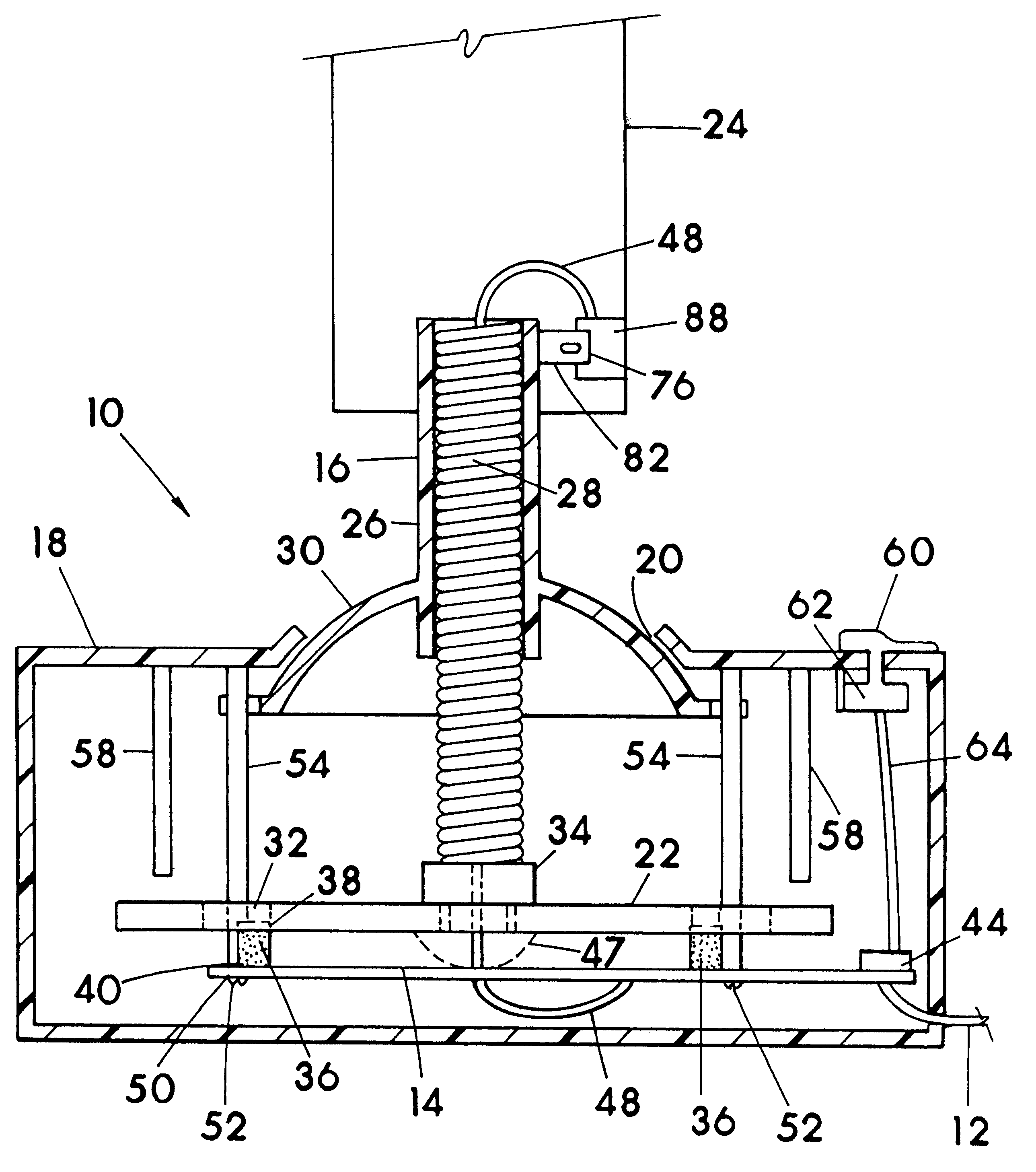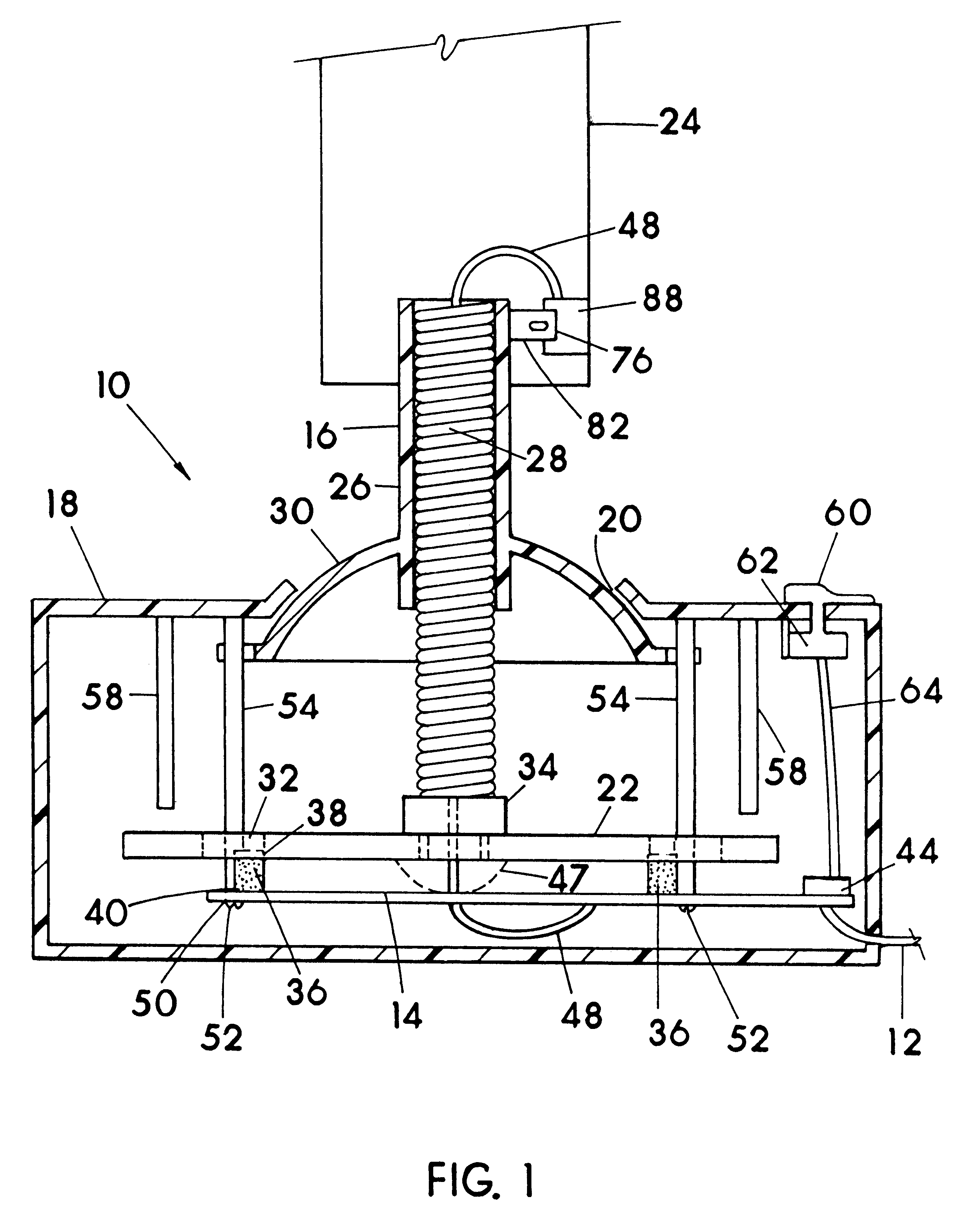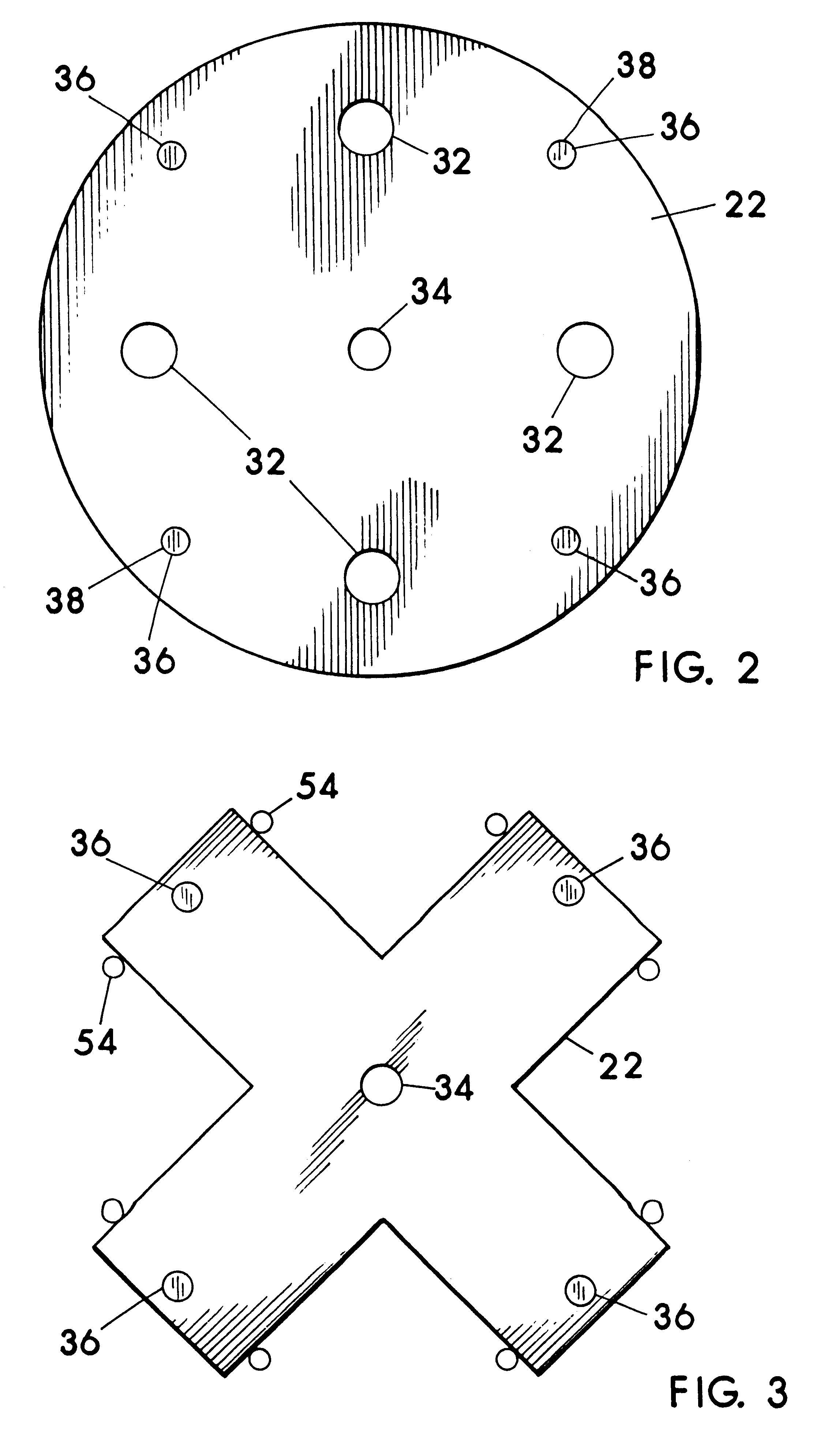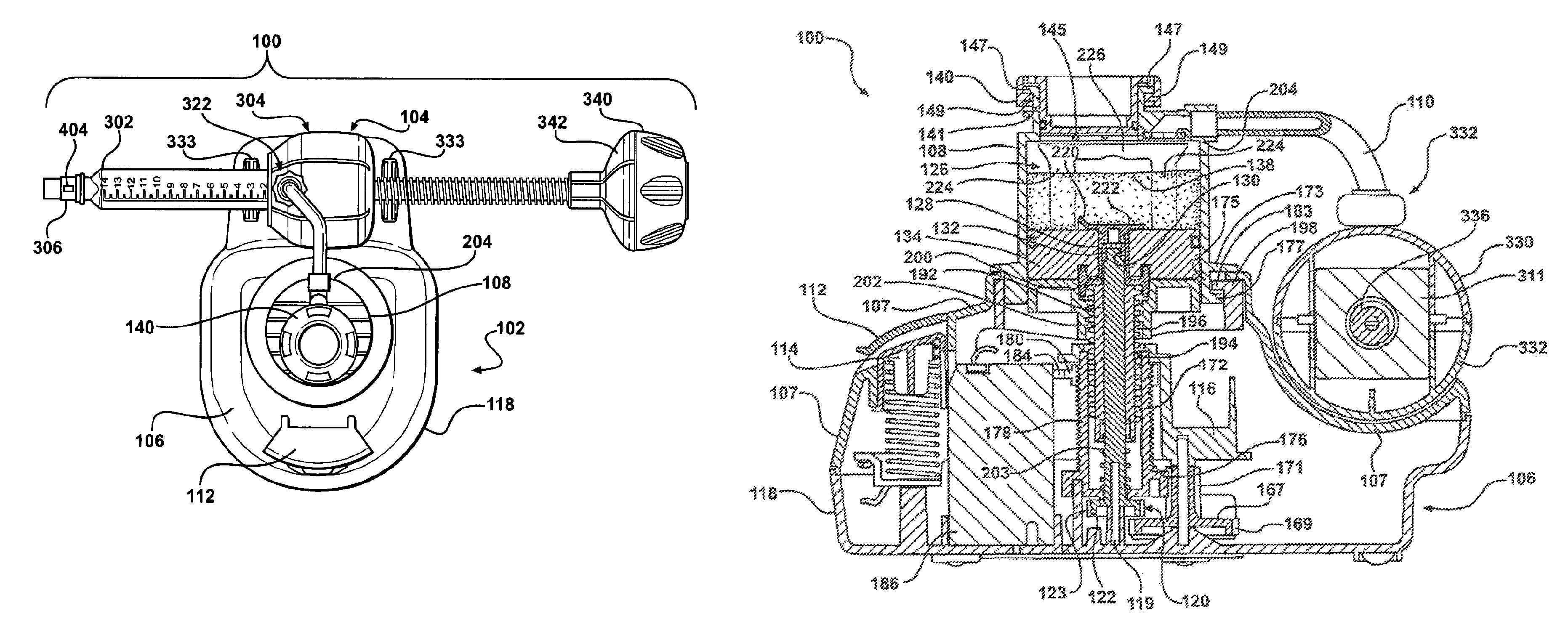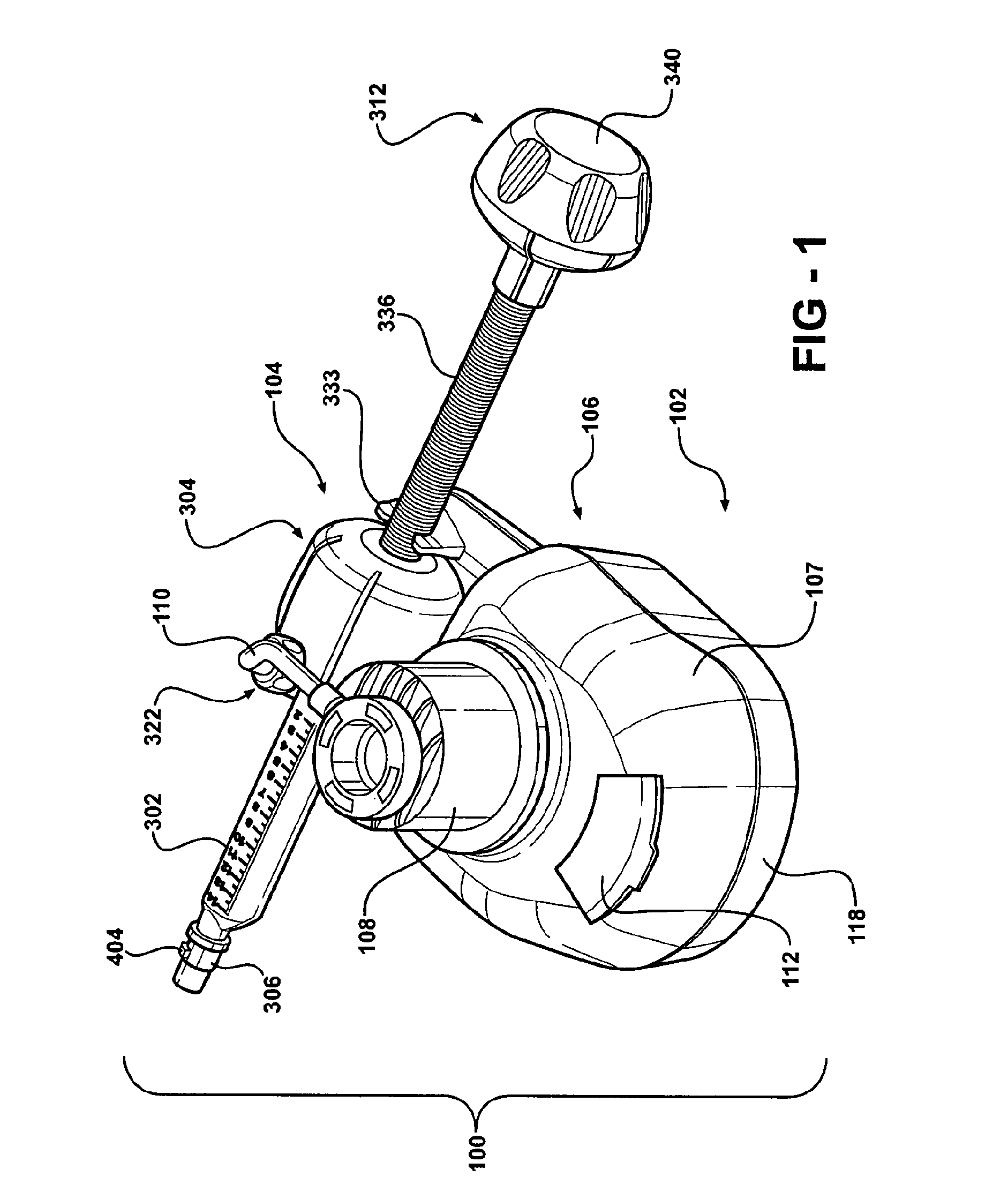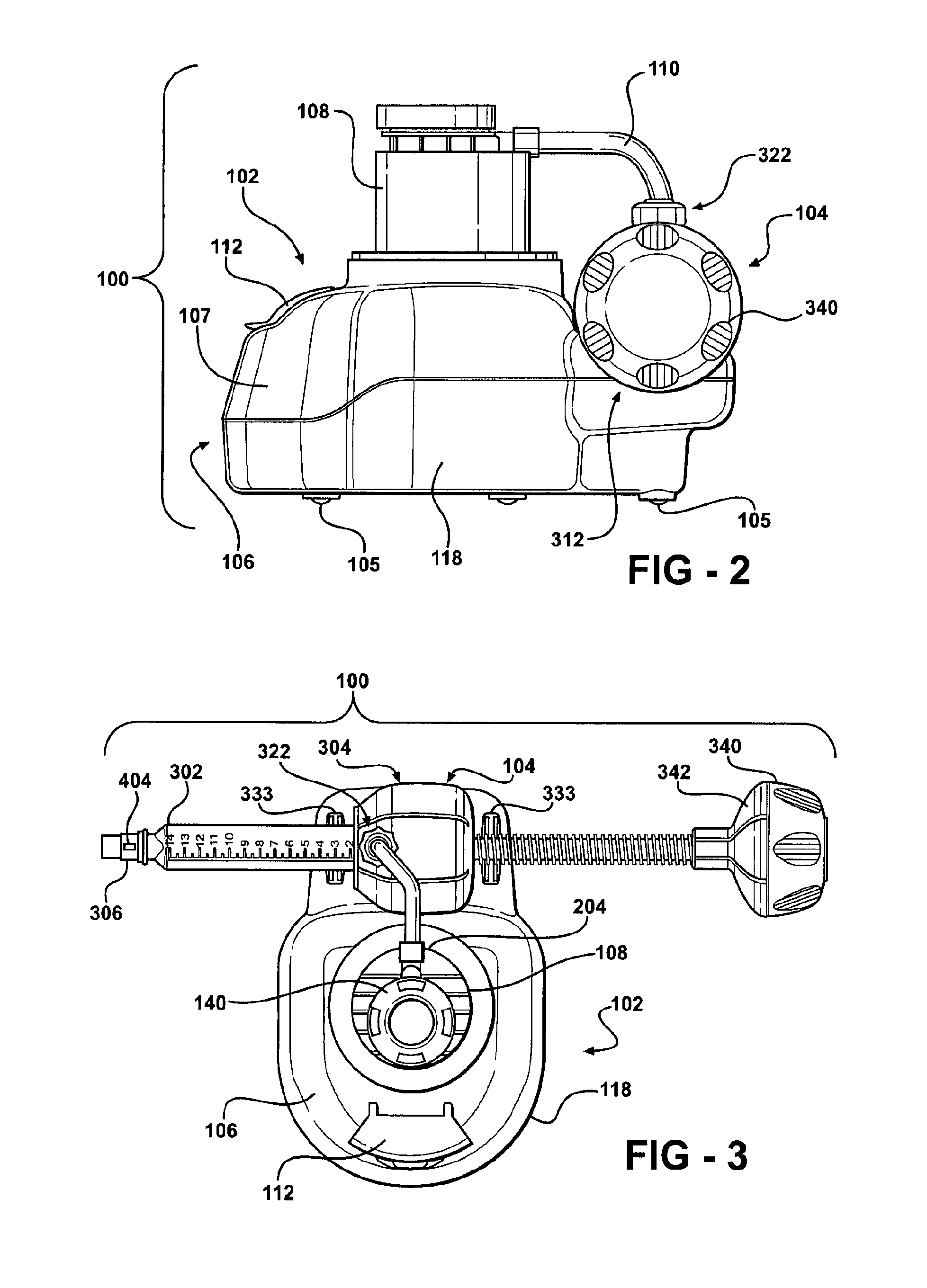Patents
Literature
790results about How to "Speed up preparation" patented technology
Efficacy Topic
Property
Owner
Technical Advancement
Application Domain
Technology Topic
Technology Field Word
Patent Country/Region
Patent Type
Patent Status
Application Year
Inventor
High volume delivery system for gallium trichloride
InactiveUS20090223441A1High manufacturing processEasy to prepare in large batchesPolycrystalline material growthSemiconductor/solid-state device manufacturingHigh volume manufacturingSemiconductor materials
The present invention is related to the field of semiconductor processing equipment and methods and provides, in particular, methods and equipment for the sustained, high-volume production of Group III-V compound semiconductor material suitable for fabrication of optic and electronic components, for use as substrates for epitaxial deposition, for wafers and so forth. In preferred embodiments, these methods and equipment are optimized for producing Group III-N (nitrogen) compound semiconductor wafers and specifically for producing GaN wafers. Specifically, the precursor is provided at a mass flow of at least 50 g Group III element / hour for a time of at least 48 hours to facilitate high volume manufacture of the semiconductor material. Advantageously, the mass flow of the gaseous Group III precursor is controlled to deliver the desired amount.
Owner:S O I TEC SILICON ON INSULATOR THECHNOLOGIES
Devices for Vascular Occlusion
An occlusive device, occlusive device delivery system, method of using, and method of delivering an occlusive device, and method of making an occlusive device to treat various intravascular conditions is described.
Owner:MICROVENTION INC
Devices for Vascular Occlusion
An occlusive device, occlusive device delivery system, method of using, and method of delivering an occlusive device, and method of making an occlusive device to treat various intravascular conditions is described.
Owner:MICROVENTION INC
Method and device for producing a component
InactiveUS20130055568A1High build rateSpeed up preparationTurbinesAdditive manufacturing apparatusMetallurgyLayer thickness
A method for manufacturing a component, in particular a component of a turbine or a compressor, in which at least these steps are carried out: application in layers of at least one powdered component material to a component platform in the area of a buildup and joining zone; melting and / or sintering locally in layers of the component material by supplying energy with the aid of at least one electron beam in the area of the buildup and joining zone; lowering of the component platform in layers by a predefined layer thickness; and repeating steps a) through c) until completion of the component. During the manufacturing, electrons emitted due to the interaction of the electron beam with the component material are detected, after which material information, characterizing the topography of the melted and / or sintered component material, is ascertained on the basis of the emitted electrons. Alternatively or additionally, the component material is melted and / or sintered by at least two, preferably at least four electron beams.
Owner:GLOBAL BEAM TECH +1
Alignment stable adjustable antenna mount
ActiveUS8866695B2Speed up preparationImprove alignment stabilityCandle holdersLighting support devicesEngineeringMechanical engineering
Owner:COMMSCOPE TECH LLC
Method for fabricating semiconductor device capable of scribing chips with high yield
ActiveUS20050269702A1Improve production yieldSpeed up preparationSemiconductor/solid-state device detailsSolid-state devicesDevice materialInterconnection
A method for fabricating a semiconductor device in which a scribe area can be diced with high yield. The method for fabricating a semiconductor device comprises (a) a step for providing a semiconductor wafer having a plurality of chip areas in which semiconductor elements are formed, and a scribe area for separating the plurality of chip areas and including dicing areas with groove forming areas being defined to surround each chip area on the outer side of the dicing area in the scribe area, (b) a step for arranging a multilayer interconnection structure where interlayer insulation films and interconnection layers are formed alternately above the semiconductor wafer along with dummy lines, (c) a step for forming a cover layer covering the multilayer interconnection structure and including a passivation layer, and (d) a step for forming a groove surrounding each of the plurality of chip areas and penetrating at least the passivation layer from above in the groove forming area.
Owner:FUJITSU LTD
Optical coupling to IC chip
InactiveUS7298941B2Low costEnhanced couplingOptical articlesCoupling light guidesOptical couplerWaveguide
Owner:APPLIED MATERIALS INC
Apparatus and method for gathering and utilizing data
InactiveUS7117374B2Minimal unit costSpeed up preparationKey distribution for secure communicationConveying record carriersWeb siteInternal memory
Disclosed is a device and method for obtaining and utilizing data. A handheld device which is capable of optically scanning or receiving RFID signals from an object, storing the data in an internal memory, and then re-transmitting the data is disclosed. The re-transmitted data may trigger access to an internet web site or other database which provides a user with detailed information relating to the scanned object. The device is also usable as a re-configurable electronic key or may be built into electronic devices to allow reconfiguration by scanning a symbol.
Owner:INTERMEC IP
Multimedia resource processing method based on speech recognition and on-line teaching system thereof
ActiveCN101382937AProcessing speedSpeed up preparationSpeech recognitionElectrical appliancesContent retrievalSpeech identification
The invention discloses a multimedia resource processing method based on speech recognition and an online teaching system thereof. The method comprises the steps: audio and video frequencies are collected simultaneously and data are processed to process audio documents into a speech recognizable format; the audio documents are imposed with the speech recognition to generate script documents and with automatic generation and synchronization of Chinese captions with the video documents; and a content retrieval is imposed on the video documents, an automatic story segmentation based on the content is imposed on the script documents of the audio documents which are stored into the video database after being matched and labeled. The multimedia resource processing method based on the speech recognition and the online teaching system thereof are applied with the automatic processing technology of the multimedia resources, greatly increase the processing speed of such information as captions and the like by the use of high-performance computation of the computer, and reduce the participation degree of manual processing, thus accelerating the video manufacturing process and improving the work efficiency.
Owner:SHENZHEN INST OF ADVANCED TECH
Interconnects for semiconductor light emitting devices
ActiveUS7348212B2Thermal and electrical resistanceImprove equipment reliabilitySolid-state devicesSemiconductor/solid-state device manufacturingLight emitting deviceSemiconductor
A semiconductor light emitting device including a light emitting layer disposed between an n-type region and a p-type region and contacts electrically connected to the n-type region and the p-type region is connected to a mount. A metal layer arbitrarily patterned to cover at least 20% of the area of the semiconductor light emitting device is plated on either a metal layer formed on the mount or a metal layer formed on one of the contacts. The plated metal layer may replace other known interconnecting techniques such as stud bumps. The semiconductor light emitting device is physically connected to the mount by causing interdiffusion between the contact surfaces of the metal layers. In some embodiments, a layer of solder is formed over the plated metal layer, and then the semiconductor light emitting device is physically connected to the mount by heating the solder.
Owner:LUMILEDS
Transgenic animal model for modelling pathological anxiety, a method for identifying compounds for treatment of diseases or disorders caused by pathological anxiety and a method for using wfs1 protein as a target for identifying effective compounds against pathological anxiety
InactiveUS20100146645A1Low environmental changeImprove anxietyCell receptors/surface-antigens/surface-determinantsBiological testingTolerabilityClinical psychology
The invention discloses the transgenic animal model for pathological anxiety, the method to generate this model, the method to test drugs and drug candidates for the treatment of pathological anxiety and the method to use Wfs1 as target for screening of new anxiolytic drugs to treat pathological anxiety. This animal model is useful to test potential drug candidates for the treatment of diseases caused by pathological anxiety and to screen therapeutic compounds for the psychiatric disorders caused by reduces stress-tolerance and deficiency in adaptation to environmental challenges.
Owner:TARTU ULIKOOL THE UNIV OF TARTU
Closure device with self-aligning poppet
InactiveUS6978800B2Easy to assembleSpeed up preparationCheck valvesEqualizing valvesBiomedical engineering
A closure device used in a fluid dispensing assembly. The closure device contains a housing, a poppet member, and a biasing member. The closure device provides a retaining structure for stabilizing and aligning the poppet member and biasing member within the housing.
Owner:COLDER PRODS
Instruments and Methods for Non-Parallel Disc Space Preparation
ActiveUS20110319898A1Less endplate damageHigh preparation symmetryEar treatmentCannulasMedicineIntervertebral disk
Flexible shavers and curved access ports that reduce access and trajectory problems associated with conventional lateral approaches to the lower spine. These devices and methods allow for preparing a disc space in the lower spine at an angle that is parallel to the disc space. Consequently, these devices and methods allow for preparing with less endplate damage.
Owner:DEPUY SYNTHES PROD INC
Expanded beam optical fibre connector
InactiveUS20090324175A1Alignment moreClose proximityCoupling light guidesMetal working apparatusFiberCommunications system
The present invention relates to an optical connector for use in a fibre optic communications system, and particularly an expanded beam optical connector (20) for connecting optical fibres. The connector (20) comprises a housing (6), a port (48) within the housing for receiving an end (35) of an optical fibre (38), a cylindrical ferrule (32) within the housing (6) having opposite first and second ends (33, 35), and an optical fibre stub held axially (14) within the ferrule (32) and extending between said ferrule ends (33, 35). The connector (20) also has a lens (8) for projecting and / or receiving an expanded beam (40) optically coupled with the optical fibre stub at the first ferrule end (33). A sleeve (34) surrounds the ferrule (32) and extends towards the port (48) axially away from the second ferrule end (35) to present an open end to the sleeve for receiving a termination ferrule (36) of an optical fibre (38) inserted into the port. The connector (20) has a connector portion (2, 4, 5) for connecting the optical fibre connector (20) to another expanded beam optical fibre connector so that said expanded beam (40) traverses between the connectors. A channel (28) extends through the housing (6) from the port (48) towards the lens (8), the ferrule (32) being secured by means of a cured adhesive (30) to the housing (6) and in alignment with respect to the lens (8), the open end of the sleeve (34) and / or the second end (35) of the ferrule being surrounded by a void (60) within the channel (28).
Owner:FIBERCO
Terminal structure and electrical connector having the same
InactiveUS9337585B1Good vibesReduce signal lossCoupling device detailsTwo-part coupling devicesElectricityResonance
A terminal structure includes ground terminals, signal terminals, connection elements, and ground electrical connection elements. The connection elements connect the ground terminals to the signal terminals, respectively. The ground electrical connection elements are in connection with connection elements and in electrical contact with at least a ground terminal. An electrical connector includes two terminal structures and a casing. The connection elements are connected to each other. An insertion slot is disposed on the front side of the casing. The terminal structure is disposed at the casing. The resilient ground electrical contact segments and the resilient signal electrical contact segments face the insertion slot. The ends of the ground electrical connection segments and the ends of the signal electrical connection segments are exposed from the casing. The terminal structure and the electrical connector improve resonance, adjust impedance, reduce signal loss, simplify die structures, and extend service life of a die.
Owner:ALL BEST PRECISION TECH
Touch display panel and display apparatus
InactiveUS20110080376A1Manufacturing precision is very highLow transmitting line resistanceStatic indicating devicesNon-linear opticsTouch SensesMedia layer
Owner:AU OPTRONICS CORP
UV cure equipment with combined light path
InactiveUS7638780B2Rapid and uniform and thorough curingFast aggregationLiquid surface applicatorsDrying solid materials with heatHeat sensitiveLight source
The present invention relates to a curing assembly comprising at least two light sources combined into one light path, wherein the light sources are capable of curing a material exposed to the combined light path. The invention also relates to a method of curing a material or material in contact with a heat sensitive material comprising providing a curable material or a material associated with a heat sensitive material and exposing curable material to a combined light path from the curing assembly.
Owner:EASTMAN KODAK CO
Hybrid interconnect structure for performance improvement and reliability enhancement
ActiveUS20080174017A1Improve reliabilityImprove performanceSemiconductor/solid-state device detailsSolid-state devicesHigh volume manufacturingConductive materials
The present invention provides an interconnect structure (of the single or dual damascene type) and a method of forming the same, in which a dense (i.e., non-porous) dielectric spacer is present on the sidewalls of a dielectric material. More specifically, the inventive structure includes a dielectric material having a conductive material embedded within at least one opening in the dielectric material, wherein the conductive material is laterally spaced apart from the dielectric material by a diffusion barrier, a dense dielectric spacer and, optionally, an air gap. The presence of the dense dielectric spacer results in a hybrid interconnect structure that has improved reliability and performance as compared with existing prior art interconnect structures which do not include such dense dielectric spacers. Moreover, the inventive hybrid interconnect structure provides for better process control which leads to the potential for high volume manufacturing.
Owner:TAIWAN SEMICON MFG CO LTD
Continuous deposition process and apparatus for manufacturing cadmium telluride photovoltaic devices
InactiveUS20100184249A1Refined grain sizeAvoid condensationCellsVacuum evaporation coatingGas phaseSource material
A continuous deposition process and apparatus for depositing semiconductor layers containing cadmium, tellurium or sulfur as a principal constituent on transparent substrates to form photovoltaic devices as the substrates are continuously conveyed through the deposition apparatus is described. The film deposition process for a photovoltaic device having an n-type window layer and three p-type absorber layers in contiguous contact is carried out by a modular continuous deposition apparatus which has a plurality of processing stations connected in series for depositing successive layers of semiconductor films onto continuously conveying substrates. The fabrication starts by providing an optically transparent substrate coated with a transparent conductive oxide layer, onto which an n-type window layer formed of CdS or CdZnS is sputter deposited. After the window layer is deposited, a first absorber layer is deposited thereon by sputter deposition. Thereafter, a second absorber layer formed of CdTe is deposited onto the first absorber layer by a novel vapor deposition process in which the CdTe film forming vapor is generated by sublimation of a CdTe source material. After the second absorber layer is deposited, a third absorber layer formed of CdHgTe is deposited thereon by sputter deposition. The substrates are continuously conveyed through the modular continuous deposition apparatus as successive layers of semiconductor films are deposited thereon.
Owner:CHEN YUNG TIN
Multi-cavity wiring board for semiconductor assembly with internal electromagnetic shielding
InactiveUS20140048326A1Interference minimizationReduce electromagnetic interferenceMagnetic/electric field screeningCross-talk/noise/interference reductionAdhesiveElectromagnetic shielding
A multi-cavity wiring board includes a coreless substrate, an adhesive, and a stiffener having a plurality of apertures with lateral shielding sidewalls. The coreless substrate covers the stiffener and includes electrical pads exposed from the apertures of the stiffener as electrical contacts for semiconductor devices packaged within the apertures. The aperture sidewalls of the stiffener can serve as effective lateral electromagnetic shields for the semiconductor devices within the apertures.
Owner:BRIDGE SEMICON
Single-layer prefabricated assembly type reinforced concrete beam-column joint
The invention relates to a prefabricated reinforced concrete beam-column joint, in particular to a single-layer prefabricated assembly type reinforced concrete beam-column joint. In order to solve the problem that the connection integrity of existing prefabricated beams and prefabricated columns is hard to guarantee, the prefabricated joint for one-piece casting manufacturing of a column section and part of beam sections is provided according to the concept of the point of inflection. The single-layer prefabricated assembly type reinforced concrete beam-column joint is formed by overall manufacturing of a vertical column section (1) and joint superposed beam sections (2) in a factory for prefabrication. A manufacturing method comprises the steps of beam-column longitudinal bar and stirrup binding, connector pre-burying, formwork erecting and concrete pouring and curing. The height of the vertical column section (1) of the joint is 1 / 2 of the storey height, and the length of each joint superposed beam section (2) is 1 / 3 of the span of adjacent columns. The vertical column section (1) comprises a pouring section (1-1), a concrete filled steel tube connector (1-2), a steel tube connector (1-3) and column section longitudinal bars (1-4). Each joint superposed beam section (2) comprises a groove-shaped pouring section (2-1), inverted-T-shaped structural steel connectors (2-2) and a reinforcement cage framework (2-3). The single-layer prefabricated assembly type reinforced concrete beam-column joint is applied to the construction industry.
Owner:HARBIN INST OF TECH
Scissors-type frame for a vehicle seat and method for producing a substructure of a vehicle seat
ActiveUS20100117428A1Speed up preparationEasily and quickly producedSeat framesStands/trestlesMobile vehicleEngineering
Owner:GRAMMER AG
UV cure equipment with combined light path
InactiveUS20060292311A1Rapid and uniform and thorough curingFast aggregationLiquid surface applicatorsMaterial analysis using wave/particle radiationMulti materialHeat sensitive
The present invention relates to a curing assembly comprising at least two light sources combined into one light path, wherein the light sources are capable of curing a material exposed to the combined light path. The invention also relates to a method of curing a material or material in contact with a heat sensitive material comprising providing a curable material or a material associated with a heat sensitive material and exposing curable material to a combined light path from the curing assembly.
Owner:EASTMAN KODAK CO
Blending station apparatus and method
InactiveUS7207506B1Less timeImproved taste and texture consistencyGrain huskingGrain polishingAdditive ingredientFood storage
A blending station apparatus and method includes a foodstuffs storage location where a plurality of individual foodstuffs storage containers are held, a control panel for inputting information into the blending station so that the beverage size and one or more of the various types of foodstuffs, as well as other ingredients such as ice, water, supplements, etc., can be selected to make a drink, a blending container to hold the various ingredients, a mixing location for blending the ingredients to achieve a uniform drink consistency, and a cleaning location to clean the blending container after the blended contents have been dispensed into a container for consumption.
Owner:BLENDTEC
Dual-mode microwave filter
The invention provides a dual-mode microwave filter, comprising a rectangular resonator of length l, height b, and width a operating in two distinct modes (m, 0, n) and (p, 0, q) from a single family of modes and presenting the same direction as the E field, and wherein coupling and mode excitation discontinuities are inductive and in the same direction.
Owner:EUROPEAN SPACE AGENCY
Method for calculating lighting parameters and carrying out relighting rendering based on image and model
The invention discloses a method for calculating lighting parameters and carrying out relighting rendering based on an image and a model, comprising the following steps: (1) using a 3D point cloud model of a scene to calculate the normal vector of each 3D point; (2) calculating the light source position and direction vector of an image according to the coordinates and the normal vector of each 3D point and the pixel value of the image; (3) by supposing that the lighting model of the image is a Phong model, calculating the parameters of an energy function in the model based on the light source information obtained in the previous step; (4) calculating the shadow and highlight areas of the image; and (5) giving a target RGB image to be rendered, fusing and rendering the scene and lighting information of the original image into the target image, and outputting a final rendering result. By using the method, the relighting process of special-effects production in film and television post-production is simplified, the relighting rendering result can be output quickly, and a user can preliminarily judge whether an input image is applicable to later virtual-real combination. The problem that rework is caused as the lens and post-production inconsistency cannot be found in the existing film and television production process is solved.
Owner:ZHEJIANG UNIV
Coated article with ion treated underlayer and corresponding method
InactiveUS20050287309A1Less resultReduce sodium migrationVacuum evaporation coatingSputtering coatingIon beam processingOptoelectronics
A coated article is provided that may be used as a vehicle windshield, insulating glass (IG) window unit, or the like. Ion beam treatment is performed on a layer(s) of the coating. For example, a silicon nitride layer of a low-E coating may be ion beam treated. It has been found that ion beam treatment, for example, of a silicon nitride underlayer is advantageous in that sodium migration from the glass substrate toward the IR reflecting layer(s) can be reduced during heat treatment.
Owner:GUARDIAN GLASS LLC
System and method for immersive operations intelligence
InactiveUS20100257464A1Effective trainingImprove securityInput/output for user-computer interactionOffice automationBusiness activitiesIndustrial Facility
Systems and methods are provided for conducting business activities related to an industrial facility to achieve immersive operations intelligence. Immersive technology is used visualize a subject facility, and to access resources that may be required to design, test, operate, maintain and improve the facility. Resources may include personnel, data, models, work flows, historical data, and real-time data, e.g., audio, video, sensor, instrumentation data, etc.
Owner:CHEVROU USA INC
Displacement joystick with compression-sensitive sensors
InactiveUS6285356B1Reduce manufacturing costLow costManual control with multiple controlled members2D-image generationJoystickEngineering
A joystick which utilizes a plurality of individual analog compression-sensitive sensors for detecting direction and magnitude of force applied to an arm. The arm is structured and supported to allow substantial radial displacement outward from a resting to a maximum allowed position. The analog sensors are positioned within a compression applicator moveable to apply compression thereto. Resilient structuring is incorporated as a linkage in the arm or between the arm and a moveable component of the compression applicator to provide, once compressing of a sensor starts, substantial disproportionate movement of the arm relative to the moveable compression component. The resilient structuring includes resistance to further deflection to increase force to a sensor as the arm is further displaced toward the maximum allowed displacement. The arm, resilient member and moveable component of the compression applicator are integrally molded as one piece of plastics in one embodiment.
Owner:ANASCAPE +1
Bone cement mixing and delivery system with automated bone cement transfer between mixer and delivery device
ActiveUS7658537B2Reduce interactionSpeed up preparationRotating receptacle mixersRotary stirring mixersEngineeringTransfer mechanism
A bone cement mixing and delivery system is provided in which separate components of bone cement are mixed together in a mixer to form a bone cement mixture. The mixer includes a mixing paddle and a mixing shaft connected to the mixing paddle. A motor operatively engages the mixing shaft to rotate the mixing shaft and the mixing paddle to mix the components in a mixing chamber. The motor also operatively engages a transfer mechanism. After a predetermined mixing period has elapsed, the motor automatically actuates the transfer mechanism to transfer the mixture to a delivery device. The mixture is then delivered to a target site, such as a vertebral body of a patient or other anatomical site.
Owner:STRYKER CORP
Features
- R&D
- Intellectual Property
- Life Sciences
- Materials
- Tech Scout
Why Patsnap Eureka
- Unparalleled Data Quality
- Higher Quality Content
- 60% Fewer Hallucinations
Social media
Patsnap Eureka Blog
Learn More Browse by: Latest US Patents, China's latest patents, Technical Efficacy Thesaurus, Application Domain, Technology Topic, Popular Technical Reports.
© 2025 PatSnap. All rights reserved.Legal|Privacy policy|Modern Slavery Act Transparency Statement|Sitemap|About US| Contact US: help@patsnap.com
